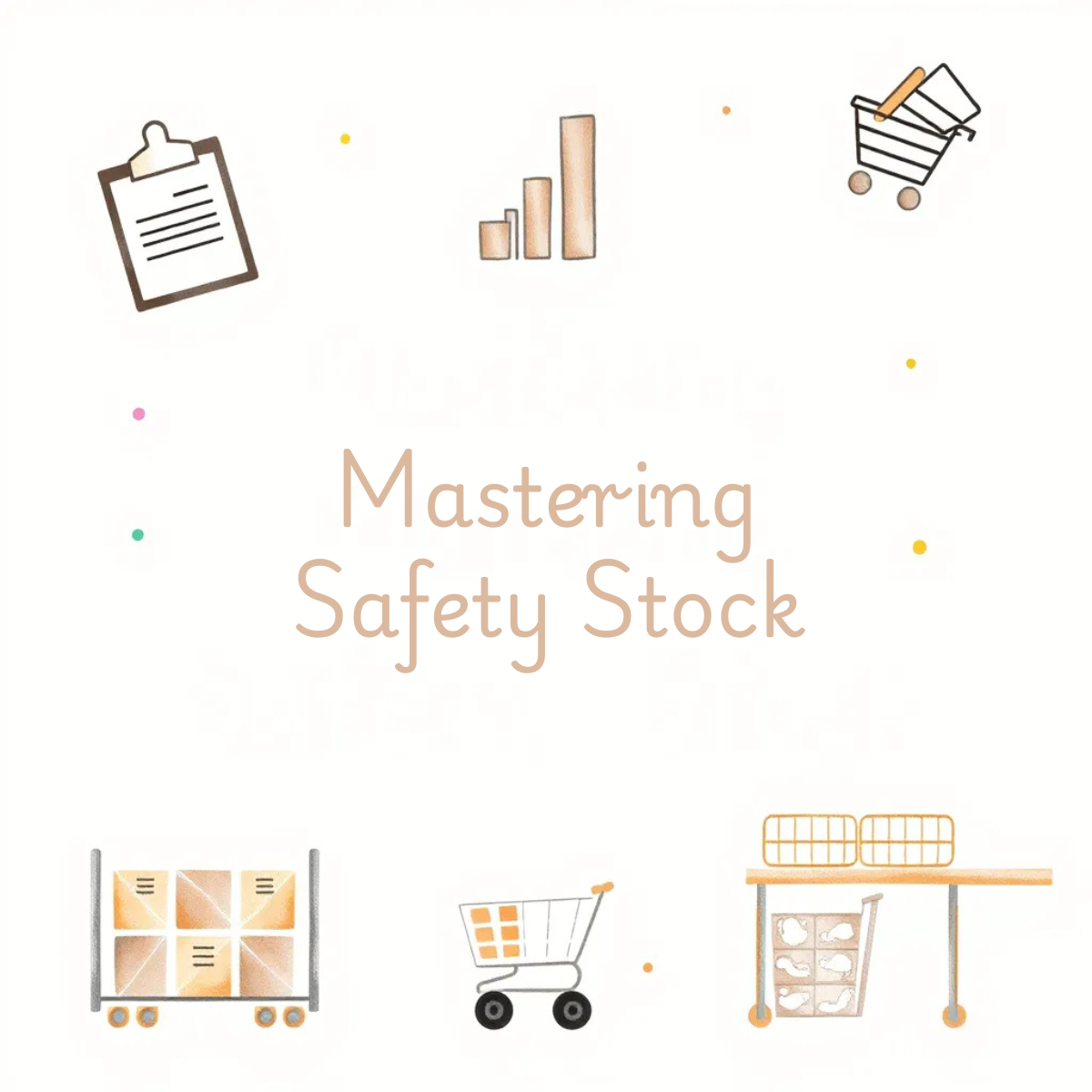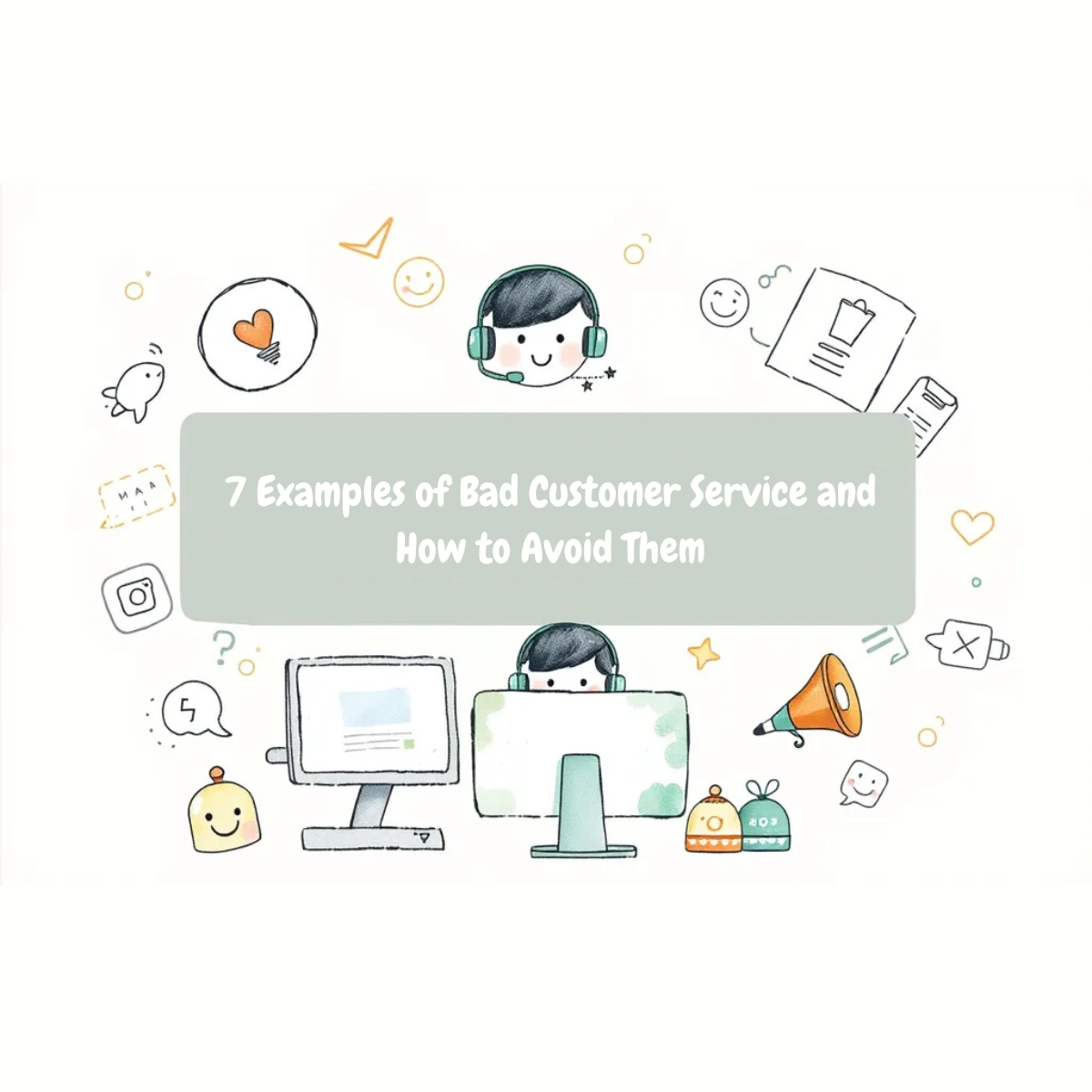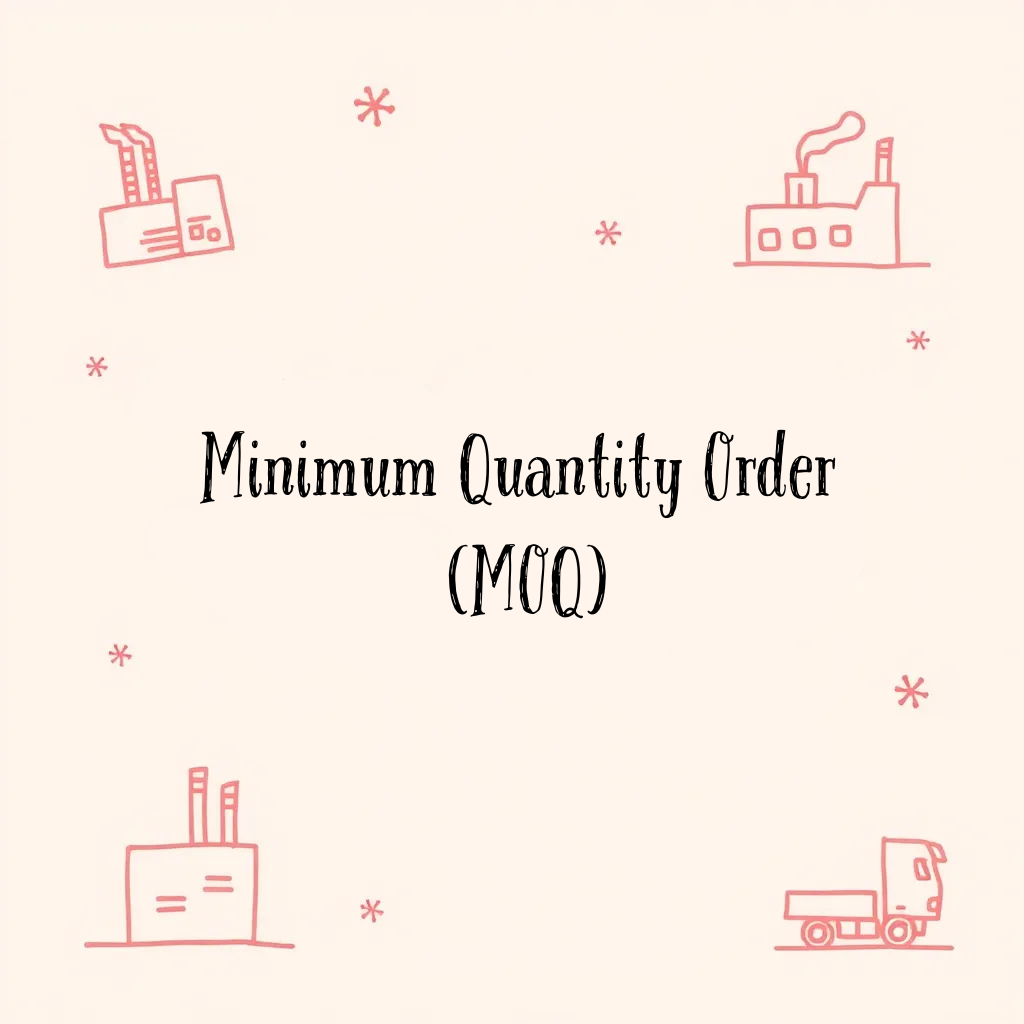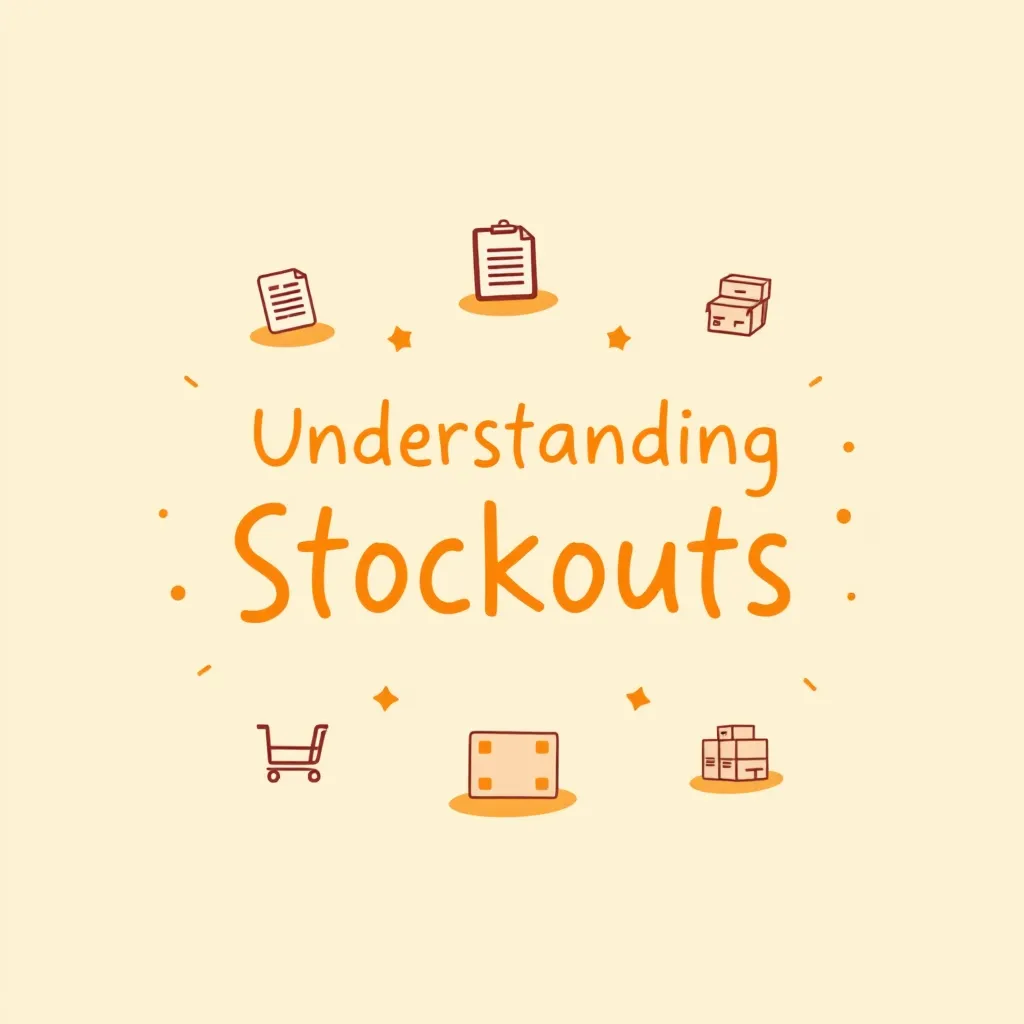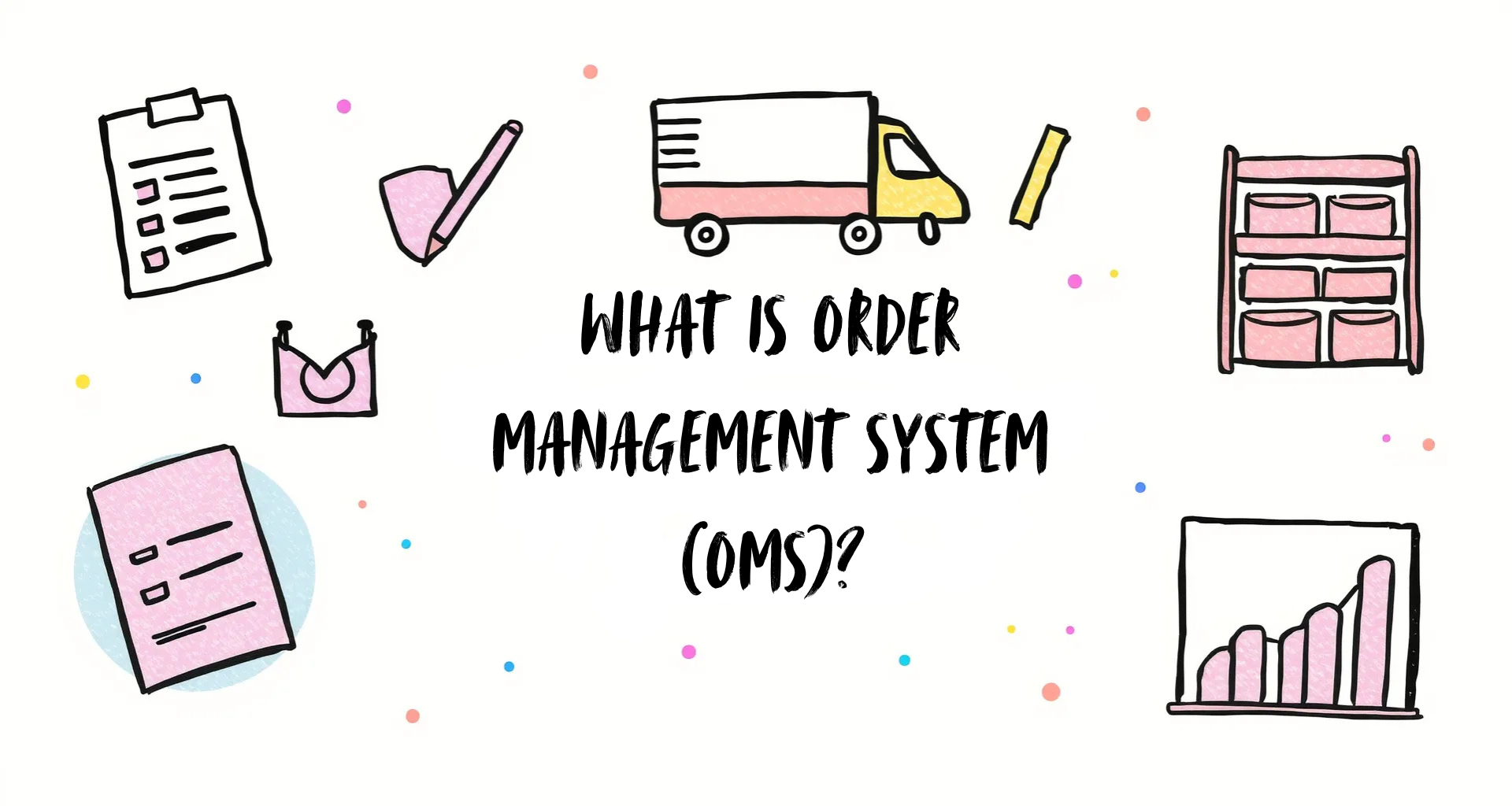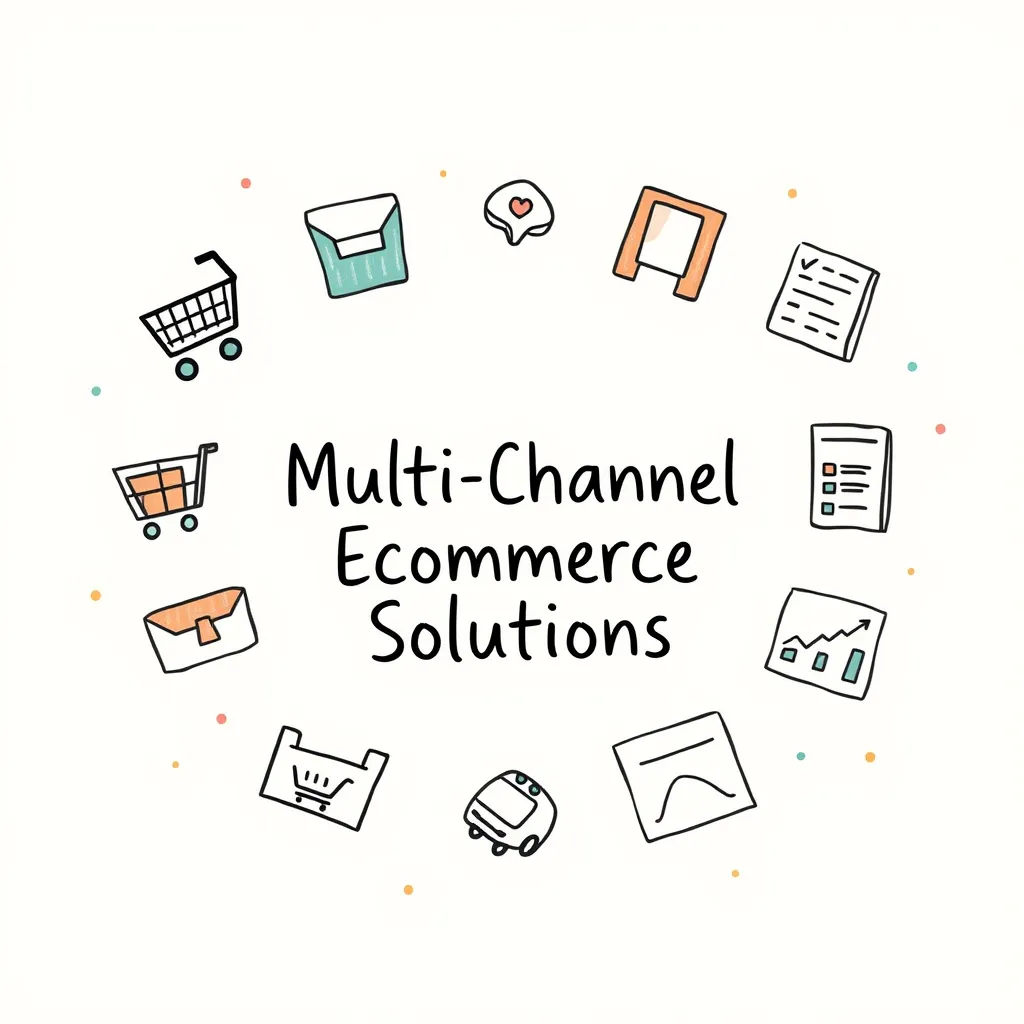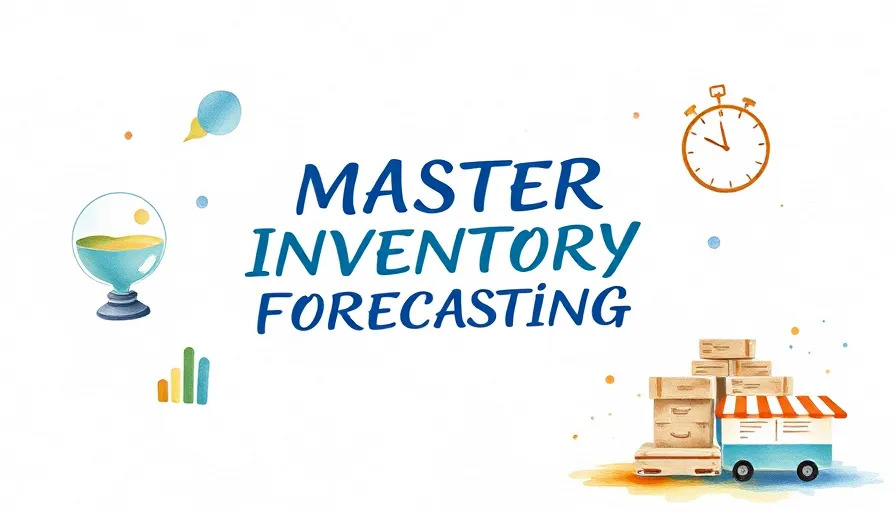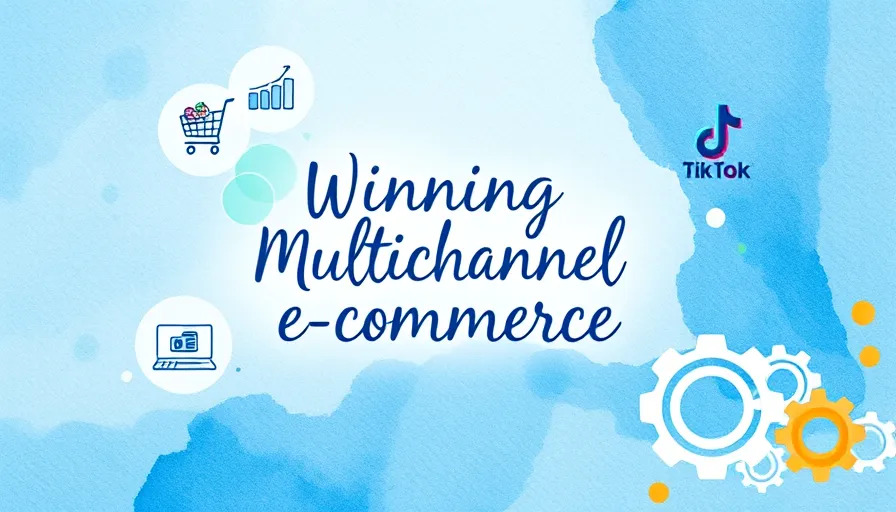All Posts
Boost Your Operations with Warehouse Management for Ecommerce: A Practical Guide
Effective warehouse management for ecommerce is the engine that turns a high volume of clicks into happy, repeat customers. It involves organizing your inventory, fine-tuning your fulfillment workflows, and using the right tech to ship orders accurately and on time. For anyone juggling thousands of daily orders from platforms like Shopee, Lazada, and Shopify, this is the core of your operation.
7 Best Brightpearl Alternatives for Ecommerce Sellers [2026]
Brightpearl (now part of Sage) has been a reliable choice for mid-market retail brands since 2007. But it’s not for everyone. Its pricing starts north of $375/month, setup can take months, and its marketplace integrations lean heavily toward Western platforms like Amazon, eBay, and Shopify — leaving sellers on Shopee, Lazada, or TikTok Shop underserved.
10 Ways to Prevent Overselling in eCommerce without Manual Hassle [2026 Guide]
Overselling costs ecommerce sellers more than just a single sale—it damages customer trust, triggers platform penalties, and eats into profits through refund fees and negative reviews. In 2026, with sellers operating across Shopee, Lazada, TikTok Shop, and Shopify simultaneously, manual inventory tracking isn’t just difficult—it’s impossible.
TikTok Shop Xero Integration: A Guide to Automated Accounting
Connecting your TikTok Shop and Xero accounts isn’t a simple, direct plug-and-play. You need a middleware tool like OneCart to bridge the gap, automating how your sales, fees, and payout data get synced. This connection turns chaotic TikTok Shop reports into clean, reconciled entries in your Xero account.
The Perfect Format of Packing List for E-Commerce Growth
A proper format of a packing list is the detailed roadmap that tells everyone exactly what’s inside a shipment. It acts as the single source of truth connecting your warehouse team, your shipping carriers, and your customer, making sure everyone is on the same page.
Last Mile Fulfilment Mastery: Boost Ecommerce Deliveries Fast and Cheap
Last-mile fulfilment is the final step in getting an order from a distribution centre to your customer’s front door. It’s the most expensive and complex part of the supply chain, and it has a massive impact on whether a customer will buy from you again. For anyone selling on platforms like Shopee, Lazada, or their own Shopify store, mastering this final leg of the journey is essential for success.
What Is 3PL Third Party Logistics and How Does It Fuel Ecommerce Growth
A 3PL (third-party logistics) provider is a partner you hire to manage the physical side of your ecommerce business, including warehousing, inventory management, and order fulfillment. Partnering with a 3PL allows you to offload daily operations so you can focus on growing your brand.
How to Sell on Shopee Singapore 2026: Step-by-Step Seller Guide
Selling on Shopee Singapore in 2026 is a four-part journey: setting up your store, listing your products with care, promoting them to attract buyers, and finally, fulfilling orders like a pro. Whether you are a first-time seller or looking to expand from another marketplace, this step-by-step guide covers everything you need to know — from account setup and Shopee seller fees to ads, live selling, and scaling across multiple platforms.
Your Guide to Omni Channel in Retail Industry Success
Omni channel in the retail industry is all about creating a single, continuous experience for your customer, no matter where they interact with you. It means your website, physical store, social media shops, and marketplace listings all talk to each other. A customer can flow from one to the next without hitting a dead end.
Small Business Inventory Management: Master Solutions for Profitable Stock
For most small business owners, “inventory management” sounds like a chore—something you do on a Saturday with a clipboard and a groan. But thinking of it that way is a massive missed opportunity.
Mastering the Safety Stock Formula to Prevent Stockouts
The safety stock formula helps you determine the extra inventory you need to keep on hand to avoid stockouts. A common method is (Maximum Daily Sales × Maximum Lead Time) – (Average Daily Sales × Average Lead Time). This isn’t just theory; it’s a practical calculation that provides a data-backed buffer to protect your sales and maintain customer satisfaction.
The Perpetual Stock System Your Guide to Ecommerce Accuracy
A perpetual stock system is an inventory management method that gives you a real-time, continuous count of every single item you own. Every sale, return, or new shipment instantly updates your total stock levels, so you always have a live, accurate view of your inventory.
A Guide to 3rd Party Logistics for Ecommerce Brands
If you’ve ever found yourself buried in packing tape and shipping labels as your online store grows, you’ve hit a common ecommerce scaling problem. This is exactly where third-party logistics, or 3PL, comes in.
Mastering the Last Mile of Delivery for Ecommerce Success
The last mile of delivery is the final, critical step in the supply chain where a package moves from a local distribution hub to your customer’s front door. It’s often the most expensive and complicated part of the entire shipping journey, and it has a massive impact on whether a customer is happy enough to buy from you again.
Mastering the Inventory Turnover Ratio in Days for Ecommerce
The inventory turnover ratio in days tells you exactly how long, on average, a piece of inventory sits on your shelf before someone buys it. Think of it as a stopwatch for your stock. A low number is fantastic—it means products are flying off the shelves. A high number? That’s a red flag that your cash is tied up in slow-moving goods.
Is TikTok Shop Safe for Sellers to Use?
For busy sellers, the big question is whether it’s worth the risk. The short answer is yes, TikTok Shop is a fundamentally safe platform, but you have to understand its unique rhythm. Think of it like opening a pop-up shop in the world’s busiest, most chaotic market square. The opportunity is massive, but you absolutely need to be smart about security and proactive in how you run things.
Choosing the Best Ecommerce Platform Singapore for Your Business
Trying to figure out the best ecommerce platform for your business in Singapore? The right answer depends on your business model, your current stage of growth, and your long-term goals.
How Do You Calculate Margin for Smarter Ecommerce Pricing
Calculating your profit margin is straightforward. Take your total revenue from a sale, subtract the direct cost of the product, divide that result by the revenue, and finally, multiply by 100 to get a percentage.
Mastering Last Mile Deliveries for Modern Ecommerce
Last-mile delivery is the final, critical step in the e-commerce journey: getting a package from a local warehouse or fulfillment hub to your customer’s doorstep. This is the moment of truth for your brand, the one physical interaction that shapes how a customer feels about their entire purchase.
The Ultimate Guide to Inventory Software Singapore
For Singaporean e-commerce merchants, inventory software is the central command center that connects your Shopee, Lazada, TikTok Shop, and Shopify stores into a single, automated system. It helps prevent overselling during flash sales, reduces costly shipping errors, and saves you countless hours of manual data entry.
Choosing The Best Payment Gateway Singapore For Your Business
Picking the right payment gateway in Singapore can feel like a massive task, but it’s a decision that impacts everything from customer trust to your bank account. A payment gateway is your online shop’s digital cashier—a secure go-between that handles the complicated process of getting you paid. It connects your website, your customer’s bank, and your bank, ensuring the funds are available and every dollar lands where it should.
Your Guide to Safety Stock Computation for Ecommerce Growth
Running out of stock is a direct blow to your sales and your ranking on competitive marketplaces. A proper safety stock computation is your strategic buffer, the cushion that protects you from a sudden spike in demand or an unexpected delay from your supplier. Think of it as an insurance policy for your revenue stream.
Discover how to find margin: A proven guide for ecommerce
Finding your profit margin boils down to a simple idea: Revenue - Costs = Profit. It sounds easy enough. But for any multi-channel seller, the real trick is knowing what counts as a “cost.”
Explore the last mile delivery service: Boost efficiency & loyalty
A last mile delivery service handles the final, most crucial step in a product’s journey: getting a package from a local hub to a customer’s front door. This is almost always the most expensive and complicated part of shipping, but it’s also the one that defines the customer’s experience.
A Guide to Inventory Management Software Singapore
For Singaporean ecommerce sellers, inventory management software is the central command centre that keeps you from overselling during massive sales like 12.12. It’s the tool that syncs your stock levels across Shopee, Lazada, and your own website in real-time, making sure that what you sell is what you actually have.
Top 10 Multichannel Inventory Software Alternatives [2026]
Searching for alternatives to your current inventory management software? You’re not alone. Thousands of ecommerce sellers switch tools every year—frustrated by clunky interfaces, unreliable syncing, surprise price hikes, or platforms that simply can’t keep up with their growth.
A Founder's Guide to 3PL in Singapore for Ecommerce Growth
Struggling to pack orders while you should be growing your brand? This is exactly where a 3PL partner in Singapore changes the game.
They act as your outsourced operations team, handling everything from storing your inventory to picking, packing, and shipping orders. This frees you up to focus on what you do best: marketing and selling. With its strategic location, Singapore is the perfect launchpad for brands wanting to serve both local and regional customers with speed and precision.
Best Multichannel Listing Software Compared: 9 Tools Ranked [2026]
Looking for the best multichannel listing software to manage Amazon, Shopee, Lazada, eBay, and TikTok Shop from one place? We tested 9 tools and compared them on real-time sync speed, platform coverage, pricing (from $25 to $688/month), and automation features.
Best Multichannel Inventory Management Software: 9 Tools Compared
Choosing the right multichannel inventory management software can be the difference between a business that scales smoothly and one that drowns in overselling incidents and midnight spreadsheet sessions. We tested and compared 9 tools — from free options to enterprise platforms — so you don’t have to.
7 ERP System Examples You Should Know
As an e-commerce seller juggling platforms like Shopee, Lazada, and your own Shopify store, you know the pain of disconnected systems. Manually syncing inventory, reconciling orders, and managing finances across channels consumes valuable time and invites costly errors. An Enterprise Resource Planning (ERP) system centralises these operations, providing a single source of truth for your entire business. But with so many options, how do you find the right fit for your multi-channel operations?
How Do I Calculate Margin for My E-commerce Store
If you want to know your profit margin, the basic formula is straightforward: Margin % = (Selling Price - Cost of Goods Sold) / Selling Price × 100%. This number shows you the percentage of revenue you actually keep as profit from each sale. Getting this right is essential for understanding if your business is truly profitable.
A Guide to the Third Party Logistics Industry for E-commerce
Running an e-commerce brand is tough. You’re the marketer, the product designer, the customer service head—and too often, the warehouse packer. The third party logistics industry exists to take that last, most time-consuming job off your plate for good.
A Guide to Last-Mile Delivery in Singapore for E-commerce Success
For anyone selling on Shopee, Lazada, or Shopify in Singapore, you already know that last-mile delivery is where the real challenge begins. It’s that final, make-or-break step where your brand’s promise actually lands on your customer’s doorstep. Get it right, and you turn a simple online purchase into a loyal customer. Get it wrong, and all your hard work on marketing and product quality can fall flat.
Mastering Inventory Management in Singapore for Ecommerce Success
Effective inventory management in Singapore is the backbone of a successful e-commerce business. It ensures you have the right products ready to ship at the right time, every time.
Master the Formula for Safety Stock and End Stockouts
A simple way to calculate a basic safety stock buffer is with this formula: (Maximum Daily Sales × Maximum Lead Time) – (Average Daily Sales × Average Lead Time). This gives you a baseline cushion to protect your ecommerce business from sudden sales spikes and supplier delays, helping you avoid painful stockouts.
A Guide to Inventory Management for Small Businesses
Effective inventory management means knowing exactly what stock you have, where it is, and when you need to order more. It’s the entire process of tracking your products from the moment you buy them from a supplier until they land in your customer’s hands. The goal is to have enough product to meet demand without locking up all your cash in items that just sit on the shelf.
Your Essential Ecommerce Packing List Template
A packing list template is a document that standardises the contents, quantities, and other critical details for every order your warehouse team fulfils. Use it as a clear, repeatable checklist to drive accuracy and speed, helping you drastically reduce packing errors from the start.
Your Guide to Cross Border E Commerce Success in Singapore
Cross-border e-commerce is the process of selling your products online to customers in another country. For Singaporean brands, it’s a powerful and accessible growth strategy, opening up a global audience on platforms like Shopee, Lazada, and TikTok Shop.
A Guide to Mastering The Last Mile Delivery in Singapore
Think of your entire fulfilment process like a marathon. The last mile delivery is that final, crucial stretch—the part where the race is truly won or lost. It’s the critical journey a package takes from a local hub right to your customer’s hands, and it’s almost always the most expensive and complex part of the entire supply chain.
A Guide to Singapore Inventory Management for E-commerce Success
For any business owner in Singapore, inventory management is simply about knowing exactly what stock you have, where it is, and when you need to order more. It’s the constant balancing act between keeping enough products to meet customer demand and not tying up too much cash in stock, especially when you’re juggling sales across Shopee, Lazada, and maybe even a TikTok Shop.
Shopee Seller Fees Singapore 2026: What Shopee Takes From Every Sale
Shopee seller fees can take 10–20% of your selling price depending on your seller type and the programmes you join. The three main fees are: the commission fee (2–6% based on category and seller type), the transaction fee (2.18% on every sale), and optional service fees (3–5% each for Coins Cashback and Free Shipping programmes). New sellers get 3 months commission-free in 2026—here’s exactly how each fee works and what you’ll actually keep.
A Guide to Last Mile Delivery Solutions for Singapore Sellers
Last mile delivery is the final step of getting goods from a warehouse or transport hub to your customer’s front door. For marketplace sellers here in Singapore, this is the final, most critical moment of the entire customer experience. It’s the part that directly shapes their satisfaction and your store ratings.
The Ultimate Guide to Third Party Logistics for Ecommerce
What is third-party logistics? Think of it as the expert backstage crew for your online store. They manage all the physical tasks—storing your products, packing boxes, and shipping orders—so you can focus on growing your business.
What Is Lead Time in E-Commerce and How to Shrink It for Success
In e-commerce, lead time is the total time it takes from when a customer clicks ‘buy’ to when the package is in their hands. It’s the entire waiting period, covering every single step in between. Getting this number as low as possible is a sure sign of an efficient, customer-focused operation.
Calculate Safety Stock to Prevent Overselling in Singapore
Here’s a quick look at the main formulas we’ll be covering. Think of this as your cheat sheet for later.
Key Safety Stock Formulas At a Glance
| Formula Type | Best For | Key Inputs Required |
|---|---|---|
| Basic Rule-of-Thumb | Sellers who are new to safety stock or have relatively stable sales and reliable suppliers. A great starting point. | Max/Average Daily Sales, Max/Average Supplier Lead Time |
| Demand Variance (Z-Score) | Businesses with unpredictable customer demand but consistent supplier lead times. Perfect for trending products. | Standard Deviation of Sales, Average Lead Time, Desired Service Level (Z-score) |
| Lead Time Variability | Sellers who face unreliable supplier delivery times but have steady customer demand. Essential for managing import delays. | Average Daily Sales, Standard Deviation of Lead Time, Desired Service Level (Z-score) |
| Periodic Review Adjustments | Anyone not using a perpetual inventory system; those who review and order stock at fixed intervals (e.g., weekly). | All of the above, plus the time between your inventory reviews. |
Each of these methods solves a slightly different problem, from basic protection to fine-tuning for specific supply chain headaches. We’ll walk through exactly how to use them.
Inventory Management System Singapore: Centralize Stock & Prevent Overselling
It’s 11.11, the biggest sale of the year. Your Shopee, Lazada, and TikTok Shop accounts are lighting up with orders. It’s the dream, right?
For too many Singapore sellers, this dream quickly turns into a logistical nightmare. Without a single, central hub to track your stock, you’re stuck frantically jumping between seller centres, manually updating spreadsheets. This is how overselling happens, leading to angry customers, platform penalties, and a real hit to your bottom line.
Cloud Computing Inventory Management for SG E-commerce
Cloud inventory management is a central system for your stock. It places all your inventory data online, creating one live, constantly updated source of information that covers every one of your sales channels.
How to Sell in Lazada Singapore: Step-by-Step Guide [2026]
Selling on Lazada Singapore is one of the fastest ways to reach millions of online shoppers across Southeast Asia in 2026. Whether you’re a local SME, an established brand, or an international seller looking to tap into Singapore’s lucrative e-commerce market, this guide walks you through everything—from choosing the right seller account to listing products, managing fulfilment, and running promotions that actually convert.
Master Advanced Shipping Notification to Boost Efficiency and Visibility
An Advanced Shipping Notification (ASN) is a digital heads-up from your supplier. It details exactly what’s in a shipment, the precise quantities, and when it’s scheduled to arrive. Think of it as a detailed tracking update for an entire B2B shipment, giving you the complete picture before the delivery truck even pulls up.
Discover ecommerce platforms singapore: Which One Fits Your Business?
Choosing the right ecommerce platform is like picking a location for a physical shop. It dictates how customers see you, how much control you have, and the kind of experience they get. For sellers in Singapore, the first big question is whether to build your own branded store (think Shopify) for total control, or tap into the massive customer traffic on marketplaces like Shopee and Lazada for faster sales.
Lazada Seller Center Singapore: Complete Setup Guide [2026]
So, you’re ready to jump into the Singaporean e-commerce scene with Lazada. Great choice. The Lazada Seller Center is your command hub, the single place where you’ll manage everything from product listings to shipping and payments.
A Practical Guide to ERP Systems Singapore for E-commerce Growth
For any Singapore-based e-commerce business, ERP systems are the central nervous system that connects everything. They pull all your core operations—from inventory and orders to your accounts—into one single, unified platform. This move gets you away from messy spreadsheets and creates a single source of truth, which is crucial for making smarter, data-driven decisions.
Mastering E-commerce Warehousing and Logistics in Singapore
Picture your e-commerce business as a popular café. Warehousing is the perfectly organised kitchen pantry where every ingredient is fresh and easy to grab. Logistics is the seamless dance between the cooks and the waiters, making sure every dish gets to the right table, piping hot and right on time.
Choosing a Payment Gateway in Singapore: A Complete Guide
Think of a payment gateway as the digital version of a credit card machine you see in a physical shop. It’s the essential technology that connects your online store to payment networks like Visa and local favourites like PayNow. When a customer clicks “buy,” the gateway securely handles the whole process, making sure the money gets from their account to yours.
A Guide to E Commerce Enablers for Digital Success in Singapore
E-commerce enablers are specialised companies and technologies that handle the critical, behind-the-scenes jobs of running an online business. Think of them as your professional support crew, managing everything from your website platform and payment processing to warehouse storage and last-mile delivery.
A Concise Guide to Choosing the Right POS System for Your Retail Store
Gone are the days when a retail stores pos system was just a cash register with a drawer. Today, it’s the nerve centre of your entire operation, tying together your sales, inventory, and customer data into one cohesive whole. For any retailer serious about growth, it’s the essential tool for managing both your physical store and online channels without the operational headaches.
A Practical Guide to Starting Your Online Business in Singapore
Before you can make your first sale online in Singapore, there is essential groundwork to cover. This includes registering your business with the Accounting and Corporate Regulatory Authority (ACRA), picking the right legal structure, and organising your finances.
Best ERP Software Singapore: Top Choices for Your Business
If you’re looking for the best ERP software in Singapore, the right choice really boils down to what your e-commerce business needs. For growing brands, names like NetSuite, Acumatica, and Odoo are fantastic places to start. For any Singaporean business juggling sales across Shopee, Lazada, and Shopify, a modern ERP acts as a central hub, bringing your operations under one roof and cutting out expensive mistakes.
A Complete List of Payment Gateways in Singapore
Finding the right payment gateway in Singapore is a critical decision for any online business. You have global giants like Stripe and PayPal, alongside strong regional players like HitPay and 2C2P. Each one offers different features, and your choice will impact everything from your transaction fees to the checkout experience you provide to your customers.
Create an Ecommerce Website Singapore Consumers Love
Launching an ecommerce site in Singapore means nailing two things: lightning-fast mobile pages and payment methods locals trust. With over 80% of Singaporeans tapping away on their smartphones, every millisecond counts—from the moment they land on your homepage to that final “Pay Now” click.
Your Guide to Ecommerce Cross Border Expansion
Cross-border e-commerce is the practice of selling your products online from your home country to customers in another. It’s the move that can turn your local shop into an international brand, unlocking a truly global customer base.
Lazada vs Shopee 2026: Fees, Traffic & Verdict for Singapore Sellers
Deciding between Lazada vs Shopee depends entirely on your business goals. For high-volume sales targeting a deal-hungry crowd, Shopee is your playground. To build a brand and command higher prices in a more trusted environment, Lazada is where you’ll want to set up shop. The right platform is the one that fits your products and your business vision.
How to Sell on Lazada in 2026: Complete Setup Guide [Singapore]
So you’re ready to start selling on Lazada? Great choice. Getting your store live involves three key actions: registering your seller account, listing your products with clear details, and linking your bank account so you can get paid.
3PL vs 4PL A Strategic Guide for E-commerce Growth
The 3PL vs 4PL conversation comes down to a simple question: are you looking for a partner to do the logistical work, or a partner to manage the entire process? A 3PL is your hands-on crew, physically handling warehousing and shipping. A 4PL acts as the general contractor for your supply chain, managing all the different players (including 3PLs) to ensure the entire system works together seamlessly.
Retail Price Definition: A Guide for Singapore Businesses
The retail price is the final amount a customer pays for a product, but it’s much more than just a number on a tag. It represents the total of every cost involved in getting that item to the shelf, plus the essential profit margin that keeps your business running and growing.
Your Guide to Net Sales Margin in Ecommerce
For any e-commerce business, your net sales margin is the single most honest number you can look at. It tells you, in simple terms, how much actual profit you pocket from every dollar of sales after every single cost—from the product itself to marketing, salaries, and pesky platform fees—has been paid.
Margin vs Markup: A Practical Guide for Singaporean Businesses
The core difference is simple: markup is the amount you add to your cost to set a selling price, while margin is the profit you keep as a percentage of the final selling price.
What Are Backorders and How to Manage Them
When a customer places an order for an item that’s temporarily out of stock but you know is on its way, that’s a backorder. You are selling a product you don’t physically have in your warehouse yet, with the promise to send it out the moment your new shipment arrives. This allows you to capture sales you might otherwise lose.
Unlocking Your Inventory Turnover Days
Inventory turnover days is a metric that tells you, on average, how many days it takes for your business to sell its entire stock.
Think of it like the fresh ingredients in a restaurant’s kitchen. Inventory turnover days shows how quickly you use up all those ingredients to serve dishes before needing to restock.
Perpetual inventory system: Real-Time Stock Control for Your Business
Imagine trying to run your business without knowing how much money is in your bank account. You wouldn’t, right? A perpetual inventory system brings that same real-time clarity to your products. It’s a live, constantly updated view of your stock, recording every sale, return, and new delivery the moment it happens.
A Practical Guide to Last Mile Delivery Services
Last-mile delivery is the final, crucial step in getting an order to your customer. It’s the journey a package takes from a local distribution hub to a customer’s front door, and it’s often the most expensive and complex part of the entire shipping process.
How to Sell on Shopee: A Guide to Your First Sale
Getting started on Shopee is your ticket to one of Southeast Asia’s biggest online marketplaces. The good news? You can get your store registered, verified, and have your first product up in less than an hour. The process involves setting up your account, picking the right shop type for your goals, and getting through a quick verification.
How to Calculate Profit Percentage for Your Business
Figuring out your profit percentage is simple on the surface. You take your total profit, divide it by your total revenue, and multiply that by 100.
Supply Chain Logistics Management Your Essential Guide
At its core, supply chain logistics management is the practical process of planning, executing, and controlling how things get from point A to point B. It covers the entire journey of goods, services, and information, starting from the raw material supplier all the way to the end customer.
Master the inventory turnover formula for smarter cash flow
The inventory turnover formula is a key metric that reveals how many times a business sells and replaces its stock within a specific period. It’s calculated by dividing the Cost of Goods Sold (COGS) by the Average Inventory, giving you a clean snapshot of your operational efficiency.
Safety Stock Calculator: A Guide to Smarter Inventory Management
A safety stock calculator is a simple tool that does something incredibly important: it tells you how much extra inventory you need to keep on hand to avoid running out of stock. It’s the difference between guessing and knowing, moving your business from risky gut feelings to a smart, data-driven strategy.
How to bulk copy my listings from Shopee to Lazada?
OneCart lets you bulk copy your entire product catalog from Shopee to Lazada with just a few clicks. All images, descriptions, pricing, and variations are copied automatically, allowing you to list 100+ products simultaneously and expand your market reach without manual work.
How can I calculate gross margin per SKU when selling on multiple platforms?
OneCart calculates gross margin per SKU across all your sales platforms by deducting your cost of goods from total revenue. Input your product costs once in OneCart and get unified profitability reports showing margin by individual SKU, platform, time period, or any combination - eliminating spreadsheet juggling and guesswork.
How to connect Shopify to TikTok Shop?
OneCart connects your Shopify store to TikTok Shop with automatic inventory sync, seamless order processing, and the ability to cross-post products between platforms. Manage both stores from one dashboard and expand your reach without juggling multiple seller centers.
How can I integrate SAP with Shopee, Lazada, and TikTok Shop without building custom APIs for each?
OneCart provides a single, stable API that connects your SAP system to Shopee, Lazada, TikTok Shop, and many other marketplaces. Instead of building and maintaining separate integrations for each platform, you build one integration with OneCart’s unified API and get access to all connected platforms automatically.
How to connect Shopify to Amazon?
OneCart connects your Shopify store to Amazon with automatic inventory sync, seamless order processing, and the ability to cross-post products between platforms. Manage both stores from one dashboard and tap into Amazon’s massive customer base without juggling multiple seller centers.
How do I prevent customers from buying items that are already out of stock?
OneCart prevents customers from buying out-of-stock items through real-time inventory sync across all your sales channels. When an item sells on any platform, stock levels update instantly on all other platforms, making it impossible for customers to purchase items you don’t have.
How to sync inventory for Shopee and Lazada?
OneCart automatically syncs your inventory between Shopee and Lazada in real-time. When an item sells on either platform, the stock is instantly updated on both, preventing overselling and eliminating the need for manual inventory management across multiple dashboards.
What's the most reliable API for multichannel ecommerce data?
OneCart’s unified API is the most reliable solution for multichannel ecommerce data, providing a single stable interface to access inventory, orders, sales reports, and product information across Shopee, Lazada, TikTok Shop, Amazon, Shopify, Decathlon, Zalora and many other platforms without the complexity of managing multiple platform APIs.
Faster and Cheaper: Deliver with SPX Express today!
We’re excited to announce that OneCart is now officially partnered with SPX Express! 


To celebrate the occasion, SPX Express is offering OneCart users exclusive shipping rates with No Minimum Order Quantity and 24/7 delivery!
7 Classic Errors E-commerce Brands Make with Amazon Ads
Today’s guest post is written by Max Sinclair. Max is based in London, UK, and is the founder of Snowball Creations (an award-winning paid advertising agency) and Forzeit (a complete time management system).
What is Amazon Haul? Amazon's Answer to Temu [2026]
In a fast-moving ecommerce landscape, even giants like Amazon are making strategic shifts to stay ahead. Recently, Amazon introduced its “Haul” initiative as a move many see as a direct response to Temu’s meteoric rise. With platforms like Temu and Shein capturing younger, deal-hungry audiences through affordable shopping experiences, Amazon is evolving to keep pace. But what exactly is an Amazon haul, and what does this mean for sellers? Let’s dive into the full picture.
How to Sell on Temu in 2026: Registration, Fees & Requirements Explained
Temu is quickly becoming one of the most popular online marketplaces, offering sellers access to millions of buyers across the globe. If you’re wondering how to sell on Temu, you’re not alone. Whether you’re a new seller or already running stores on Shopee, Lazada, Amazon, or Shopify, Temu presents a valuable opportunity to expand your reach.
Top 5 Ecommerce Price Monitoring Tools [2026 Guide]: Dynamic Pricing Software Compared
Looking for the best ecommerce price monitoring and competitive pricing tools in 2026? With marketplace fees constantly changing and competitors adjusting prices hourly, manual tracking is no longer viable for sellers on Amazon, Shopee, Lazada, and TikTok Shop.
The Complete Guide to D2C: What Is Direct-to-Consumer and How It Differs from B2C
Direct-to-Consumer (D2C) has revolutionized how businesses connect with customers, offering a model where brands cut out the middleman and sell directly to their audience. In a world dominated by convenience and personalization, the D2C model allows companies to own every step of the customer journey, from product development to delivery. This approach empowers brands to build stronger relationships, provide tailored experiences, and adapt quickly to market demands.
Mastering SKU Management: Best Practices and Systems for Efficient Inventory Control
Managing inventory in today’s fast-paced, multichannel eCommerce environment requires more than just keeping track of stock levels. It demands precision, efficiency, and scalability to handle increasing product lines and sales platforms. At the core of this process lies SKU Management—a critical practice that ensures smooth operations, accurate inventory tracking, and optimal product availability.
Ultimate Guide to Warehouse Inventory Management: Optimize Your Stock Control System
Warehouse inventory management is the backbone of any eCommerce operation. It’s the process of tracking, organizing, and optimizing stock levels within your warehouse to ensure smooth operations. Whether you’re dealing with fluctuating customer demand, seasonal spikes, or complex multichannel sales, effective inventory management ensures you always have the right products available when and where they’re needed.
Voice Commerce Explained: Trends, Market Insights, and the Future of Voice Shopping
Voice commerce is transforming how consumers shop online, leveraging the power of voice-activated technology to make purchases more convenient and hands-free. By simply speaking to smart devices like Amazon Alexa, Google Assistant, or Apple’s Siri, users can search for products, add them to their carts, and even complete purchases without ever needing to touch a screen. This evolution in shopping has made everyday tasks like ordering groceries or replenishing household items as easy as asking a question.
Top Social Commerce Platforms and Examples: Best Solutions for 2025
Social commerce has redefined the way businesses interact with customers, blurring the lines between social networking and online shopping. By integrating purchasing experiences directly into platforms like Instagram, TikTok, and Facebook, brands are meeting customers where they already spend significant amounts of their time.
Elevating E-commerce: AI-Driven Personalization for Exceptional Customer Experiences
In today’s competitive e-commerce world, customers expect tailored experiences that feel personal and relevant. AI-driven personalization empowers businesses to meet these expectations by analyzing data in real time to deliver the right products and messages to the right customers. This article explores how AI is transforming e-commerce personalization, its benefits, and how you can implement it to build stronger customer connections and boost sales.
Top AI-Powered E-commerce Chatbots: Examples, Platforms, and Benefits of Conversational AI
In today’s fast-paced e-commerce world, AI chatbots are transforming customer interactions with instant support and personalized experiences. Paired with robust tools like OneCart for streamlined backend operations, businesses can deliver seamless shopping journeys while boosting efficiency and sales.
What Are Pre-Orders & How Do They Work? Setup Guide [2026]
A pre-order is when customers purchase a product before it’s available to ship — and for ecommerce sellers, it’s one of the most powerful ways to validate demand, secure revenue upfront, and avoid overstock. Whether you sell on Shopify, Shopee, Lazada, or your own store, pre-orders help you gauge real interest before committing to inventory. Below, we cover exactly how pre-orders work, how to set them up across platforms, and the mistakes that trip up most sellers.
Innovative Ecommerce Promotion Ideas to Skyrocket Your Online Sales
In today’s hyper-competitive ecommerce landscape, businesses are constantly vying for consumer attention. With countless options just a click away, simply listing your products online is no longer enough to guarantee sales. To stand out, you need strategies that not only attract traffic but also engage shoppers and drive conversions.
Effective SEO Product Descriptions: Tips, Examples, and Strategies for Ecommerce Success
Writing great product descriptions isn’t just about listing features—it’s about creating a connection with your customers and helping them see why your product is the right choice. In the world of eCommerce, where competition is fierce and attention spans are short, optimized product descriptions can make all the difference. This guide will show you how to craft descriptions that rank high on search engines, grab attention, and turn browsers into buyers. Whether you’re just starting out or looking to refine your strategy, you’ll find practical tips, real-world examples, and tools to help you succeed.
Mastering Dynamic Pricing in E-Commerce: Models, Technology, and Strategies for Success
In the fast-paced world of e-commerce, staying competitive means staying adaptable. Dynamic pricing offers a way to adjust prices in real-time, responding to demand, competition, and inventory. With the right strategies and tools, businesses can increase profitability, improve efficiency, and meet customer expectations with precision. This guide explores the models, technologies, and actionable steps needed to implement dynamic pricing effectively and thrive in today’s market.
Gross Margin vs Gross Profit: Understanding the Key Differences
When evaluating the financial health of a business, terms like gross margin and gross profit often surface in discussions. These metrics are fundamental in understanding a company’s ability to generate income relative to its expenses. However, they are not the same, and misinterpreting their differences can lead to flawed business decisions.
Seasonal Inventory: Effective Management, Demand Strategies, and Product Examples
Managing seasonal inventory is a balancing act that every business must navigate. With fluctuating demand, limited selling windows, and the risks of overstocking or stockouts, it’s crucial to have a clear plan in place. This guide explores practical strategies and tools to help businesses prepare for seasonal peaks, streamline operations, and make informed decisions, ensuring both profitability and customer satisfaction throughout the year.
Top Ecommerce Metrics and KPIs to Track for Business Success
You’ve just built your sparkling new website from a reputable web agency, how do you leverage data to help you with making better decisions? In the competitive world of ecommerce, tracking the right metrics and Key Performance Indicators (KPIs) isn’t just a nice-to-have—it’s the backbone of a successful business strategy. The data you collect from these metrics holds the answers to critical questions: Are your efforts converting visitors into buyers? Which products drive the most revenue? How effectively are you managing your inventory? Without these insights, businesses risk relying on guesswork rather than insightful decisions.
Omnichannel vs. Multichannel Ecommerce: Which Strategy Suits Your Business?
In the fast-paced world of ecommerce, choosing the right strategy can make or break your business. As customers demand convenience and personalization, businesses are faced with a critical decision: should you focus on a multichannel approach to expand your reach, or invest in an omnichannel strategy to deliver a seamless, integrated experience? Both have their merits, but understanding their differences is key to aligning your strategy with your goals. In this article, we’ll break down the nuances of omnichannel and multichannel ecommerce, explore their advantages and challenges, and guide you in selecting the approach that best suits your business needs.
Mastering Inventory Analytics: Key Insights to Optimize Stock Levels and Boost Efficiency
Managing inventory effectively is critical for businesses to stay competitive and meet customer demands. Yet, many struggle with stockouts, overstocking, and poor demand forecasting due to a lack of actionable insights. This is where inventory analytics steps in—a powerful approach that transforms raw data into smarter decisions, optimizing stock levels and boosting operational efficiency. In this guide, we’ll explore the core metrics, tools, and strategies to master inventory analytics and unlock its potential for your business. Whether you’re running a retail store, an eCommerce platform, or a manufacturing operation, this article will show you how to turn inventory management into a key driver of profitability and growth.
What is eCommerce Automation? Tools, Strategies, and Marketing Insights [2026 Guide]
Running an online business in 2026 means managing inventory across Shopee, Lazada, TikTok Shop, Amazon, and Shopify—all while processing orders, running marketing campaigns, and analysing performance data. eCommerce automation simplifies these repetitive processes by using technology (including AI agents) to handle them more efficiently, reducing errors and freeing up time for strategic growth.
The Ultimate Guide to Customer Satisfaction Metrics and Tools
In today’s competitive business landscape, customer satisfaction is more than just a buzzword—it’s a critical factor that determines success or failure. Satisfied customers are more likely to remain loyal, recommend your business to others, and contribute to steady revenue growth. On the other hand, dissatisfied customers can quickly turn to competitors, impacting your bottom line and tarnishing your reputation.
What is a SKU Number? Create, Manage & Track Inventory [2026 Guide]
A SKU number (Stock Keeping Unit) is a unique alphanumeric code that ecommerce sellers use to identify, track, and manage every product in their inventory. Unlike barcodes or UPCs assigned by manufacturers, SKUs are custom-created by your business — giving you full control over how products are organised across Shopee, Lazada, Amazon, Shopify, and your warehouse.
eCommerce APIs: Why It’s Essential and How to Use It Effectively
eCommerce APIs (Application Programming Interfaces) are the digital connectors that enable seamless communication between different systems in an eCommerce ecosystem. Think of them as virtual bridges that let your online store, inventory tools, shipping services, and payment gateways “talk” to one another, streamlining operations and enhancing the shopping experience for your customers.
Sales Reports: Examples, Templates & How to Create Them [2026 Guide]
A sales report is the single most important document for understanding whether your business is growing or stalling — and if you’re selling across multiple platforms like Shopee, Lazada, Amazon, and your own website, getting a clear picture becomes significantly harder.
What is Price Segmentation? Understanding Segmented Pricing Strategies and Examples
For generations, businesses have clung to a dangerous myth: that one price fits all. But is this not merely an excuse for lazy strategy? Is there an uncrossable line between generic pricing and tailored precision required for segmentation pricing? This mindset assumes simplicity is synonymous with fairness, overlooking the complexities of customer diversity and market dynamics.
Mastering ERP Integration: Solutions, Strategies, and Best Practices for Optimal System Integration
ERP integration. A phrase that is tossed around in business circles, often without much thought. But what does it really mean? And why does it matter? For years, companies have sought ways to streamline their operations and unify their systems. ERP (Enterprise Resource Planning) integration has emerged as the hero of this narrative—but like all heroes, it isn’t without its complexities.
What is the Most Direct Cause of Customer Loyalty?
What is the most direct cause of customer loyalty? At first glance, the question seems simple, but is it really? Businesses have chased the answer for decades, often focusing on flashy marketing or big-budget loyalty programs. Yet, they often overlook the heart of the matter: What truly makes a customer come back, again and again, even when the competition is just a click away?
What is Purchase Order Management?
Imagine this: your business is running smoothly, orders are coming in, and everything seems on track—until an unexpected hiccup in procurement throws a wrench into your operations. Perhaps a critical order was delayed, or worse, the wrong items were delivered, leaving your team scrambling to fix the issue. What if there was a way to prevent such disruptions?
Demand Planning and Forecasting: Mastering Your Supply Chain [2026 Guide]
Demand planning and forecasting are the backbone of profitable ecommerce operations in 2026. With marketplace dynamics shifting faster than ever — flash sales, viral TikTok products, and cross-border expansion — sellers who master demand prediction gain a decisive competitive edge. Research shows that effective demand planning can reduce stockouts by up to 35% and cut excess inventory costs by 20-30%.
Understanding Safety Stock: How It Prevents Stockouts
Let’s face it, in today’s fast-paced business environment, maintaining optimal inventory levels is crucial for success. One of the key concepts in inventory management is safety stock. We will now explore further what safety stock is, its importance, how to calculate it, and how it can help prevent stockouts, ensuring that your business runs smoothly.
7 Examples of Bad Customer Service and How to Avoid Them
One of the most unnecessary problems that a business could have is bad customer service. Customer service is more than just resolving complaints—it’s the foundation of a business’ reputation and customer loyalty. The reason we have the saying that “Customer is king” is because without the customers, there is no business. Thus, customer service plays a vital role in keeping a business afloat. Bad customer service examples include unresponsive support, rude staff, or inadequate after-sales service. The good news is that such issues can definitely be addressed and avoided with proper strategies in place.
What is Live Selling?
Live selling has come to exist through an interesting adaptation of live streams. At one time, live streams were merely a way for users to interact with an audience about different topics. However, now, real-time engagement has been blended in with the convenience of online shopping. This innovative method allows businesses to sell products via live streams, where hosts showcase items, interacts with viewers, and enable instant purchases—all in real-time. The good news is that live selling is not limited to only businesses of a certain capacity. It is an amazing tool to be used both by small businesses and seasoned retailers as well.
Minimum Quantity Order (MOQ): What It Is, Why It Matters, and How to Optimize It
For someone looking to be successful in the business world, there are so many business jargons to learn and understand. The term Minimum Quantity Order(MOQ) is no exception as it is crucial to maintain profitability, manage inventory, and streamline supply chain operations. Regardless of whether you are a startup handling supplier agreements or an established eCommerce business refining your purchasing strategy, MOQs play an important role in shaping the structure of your operations.
What is a Stockout? Everything You Need to Know to Avoid It
Stockouts have proven to be a major problem for businesses across industries, affecting profitability, customer loyalty, and operational efficiency. But what exactly is a stockout, and how could it affect a business in today’s fast-paced world? Let’s dig a little deeper and discuss the causes, consequences, and actionable ways to prevent it.
What Is Order Management System? (OMS)? - 3 Reasons Why Your Business Needs It
A business without an efficient order management system is likely to struggle. Whether you’re handling retail sales or financial transactions, an Order Management System (OMS) is essential to ensure smooth operations. We will now talk about what OMS is, its key features, and the significant benefits it brings to a business entity.
Multichannel eCommerce Solutions: Streamline Integration & Management
In today’s digital era, reaching customers where they prefer to shop is no longer a luxury—it’s a necessity. With countless marketplaces online, it has become even more essential to adapt one’s business strategy. This is where Multichannel eCommerce comes in, offering an interesting strategy that meets this specific challenge. Let’s dive deeper into how it works and why it matters.
Inventory Forecasting for Multiple Sales Channels
Look, I’m not going to sugarcoat it - managing inventory across multiple e-commerce channels is about as easy as herding cats. But after a decade of late nights, close calls, and yes, a few epic fails, I’ve learned a thing or two about keeping stock levels just right. So grab a kopi (or whatever fuels your entrepreneurial fire), and let’s dive into the wonderful world of multichannel inventory forecasting.
Multichannel Ecommerce Management: The Complete Guide
Executive Summary
If you’re managing multiple ecommerce channels in Southeast Asia, you know the challenges of keeping everything in sync. This comprehensive guide to multichannel ecommerce management covers everything from platform selection to scaling operations, based on real experiences helping merchants process thousands of orders daily across Shopee, Lazada, TikTok Shop, and other major platforms.
Pricing Competitively
Competitive pricing is the process of selling a product or service at a price that is equal to or lower than that of a competitor. Companies can also practice competitive pricing by offering more attractive payment terms than their competitors. Competitive pricing requires you to look at the market before deciding how to price a product or service. A less complex model than cost-plus pricing which requires you to factor production costs into your pricing equation. To practice competitive pricing, determine what other businesses are asking for the same goods or services and set prices accordingly. You have the flexibility to set prices above, below or equivalent to that of a competing company. However, first you need to understand the strengths and weaknesses of each competitive strategy. The business environment and strategic outlook play a major role in product pricing at the industry level.
How To Avoid Over-Selling
In E-Commerce overselling usually happens when your buyer buys a product that’s already sold. It is more common when stocks are listed on various marketplaces. If you do not track your inventory well, the probability of you selling the last item that has already been sold in another marketplace is higher. It happens when the stock is erroneously updated on the online marketplace, without keeping a tab on the physical inventory in real-time. This circumstance will unquestionably cause disappointment from your customers and could directly affect your business. When a customer leaves a negative review, it could adversely affect your brand’s reputation. This is why you would need to consider these few strategies to maintain a strategic distance from overselling.
10 Things you can do to get more sales from your product listing
A product listing effectively shows the product presentation which consists of its title, images, description and price. Hence, optimizing your product listing is essential to drive traffic and gain sales.
How to Get Good Reviews for your Online Store
A review on your online store or product allows your shoppers the chance to leave a feedback or opinion to your online business. It helps other shoppers to build confidence in the product or business before deciding to purchase it. Hence, it gives more importance for the reviews to be good. The more reviews you have, the more convinced a shopper will be that they are making the right decision.
Why you must be on all ecommerce platforms
Where do people normally shop online?
Lazada. Qoo10. Shopee. Tiki. Bukalapak. Tokopedia. Amazon. Zalora. Ebay. Carousell.
Shopify. Magento. WooCommerce.
Seems overwhelming some times doesn’t it? This decade will definitely see e-commerce compete strongly with physical retail, but why are there so many platforms and stores online?
Understanding your E-Commerce Sales Funnel
This is a follow-on guide for our previous explainer: What is a sales funnel?. If you’re coming directly to this page, we recommend starting with that guide first, and then returning here.
What Is a Sales Funnel?
In this article, we’ll talk about a sales funnel, and why it’s important to grow your sales. It’s important to understand this concept before you can improve your e-commerce sales.
E-Commerce Experts Interview Series: Victor Goh from Qoo10
Hi everyone, and welcome to another edition of “E-Commerce Experts”, our interview series with practitioners in the Southeast Asian e-commerce space. Today we have Victor Goh, category head at Qoo10 for kids and toys, to share some tips.
Welcome to OneCart!
Welcome! OneCart is the best way to manage your e-commerce sales. Our powerful platform makes it easy to manage your inventory, and quickly cross-post your listings, increasing exposure of your products to more consumers.
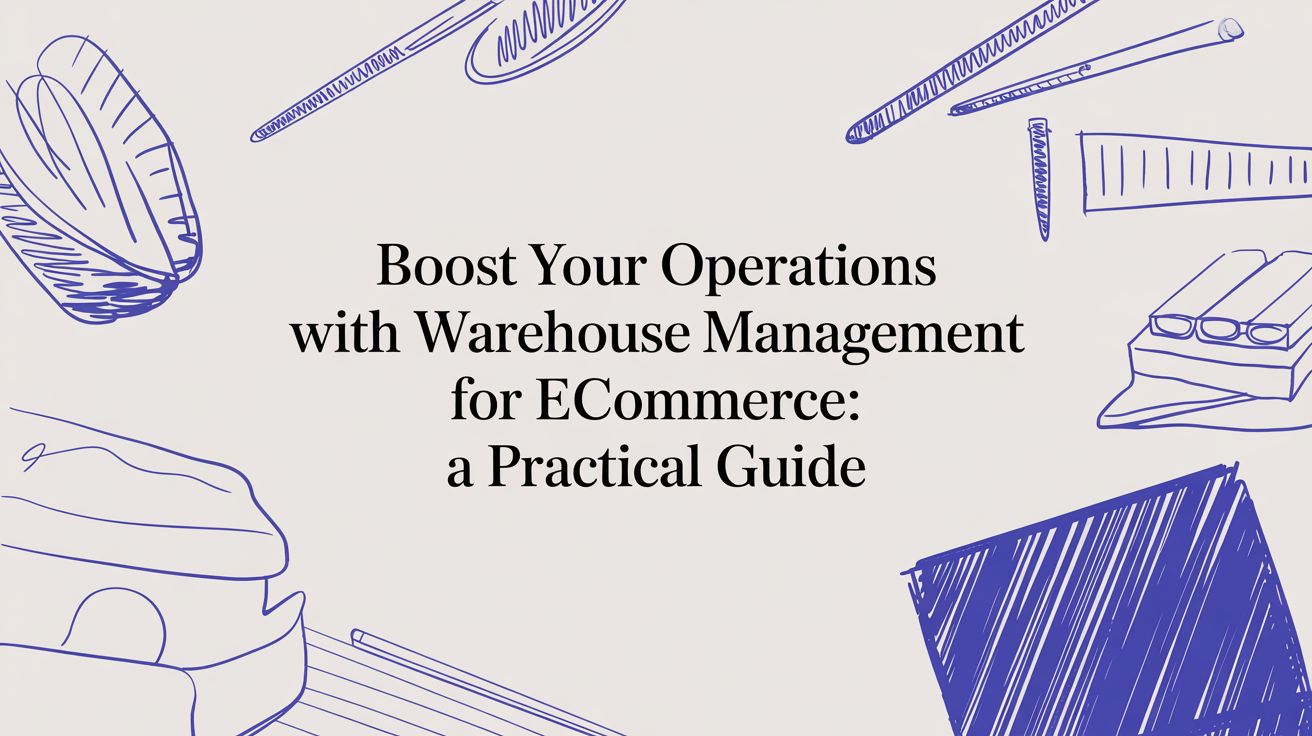

![A thumbnail image for 10 Ways to Prevent Overselling in eCommerce without Manual Hassle [2026 Guide]](/images/preventing-overselling-in-ecommerce-banner.png)
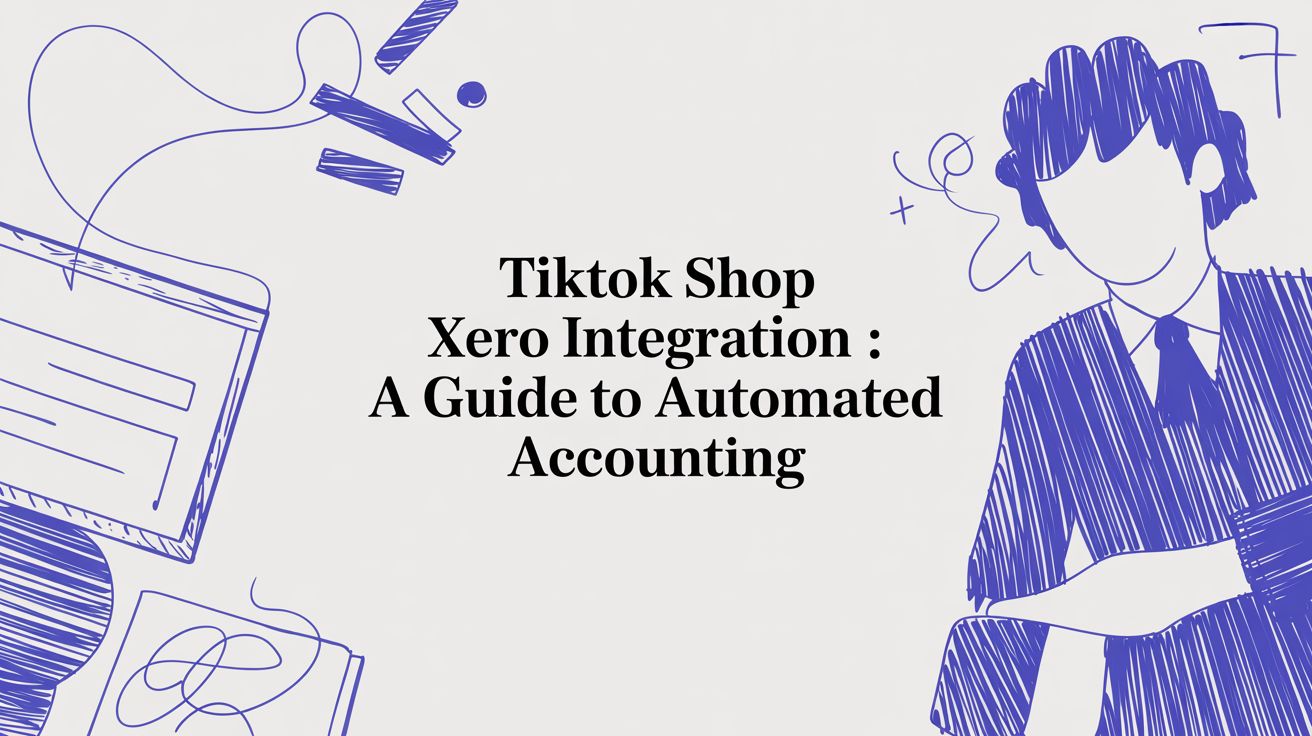

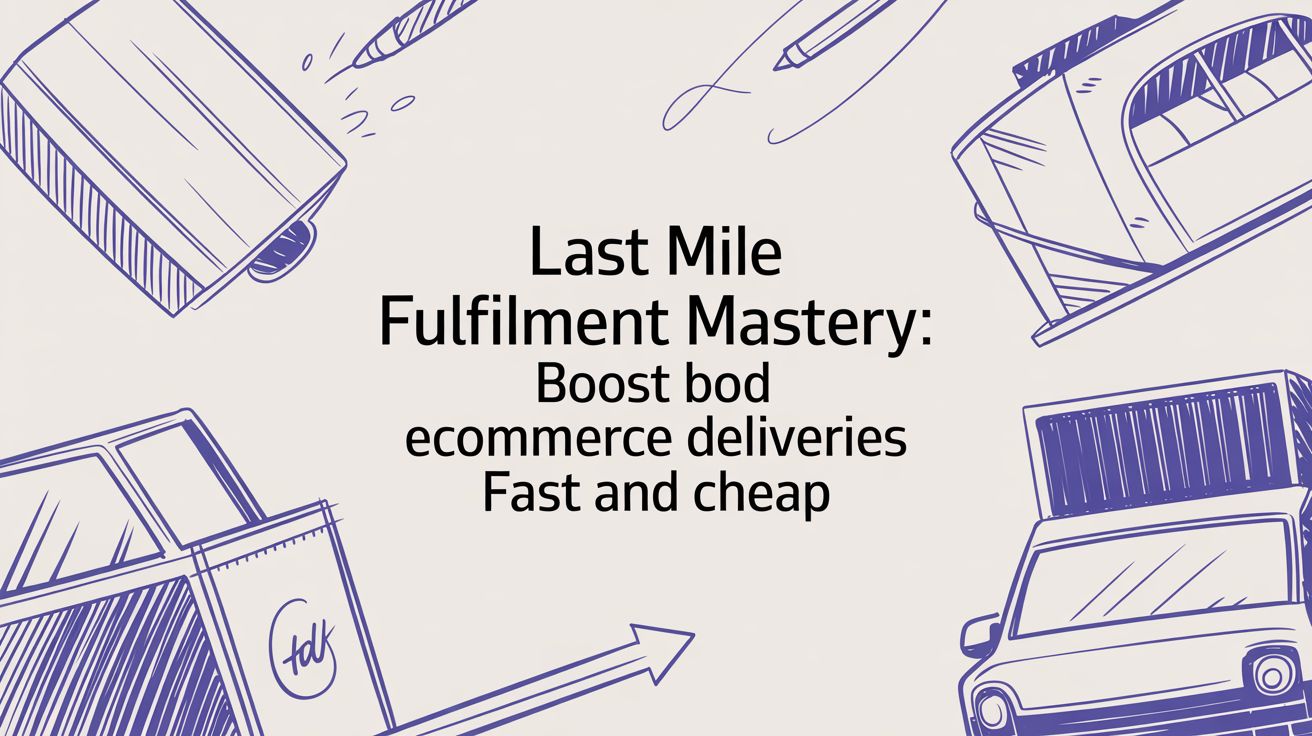
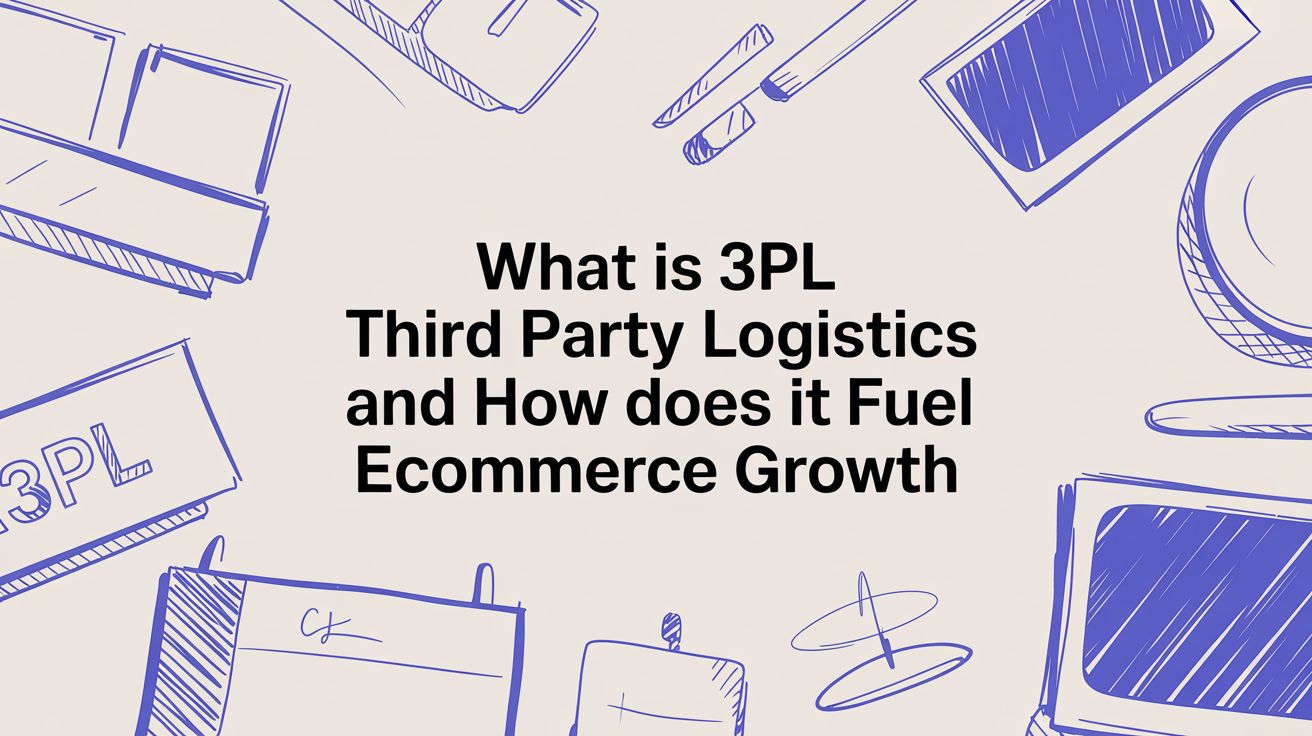

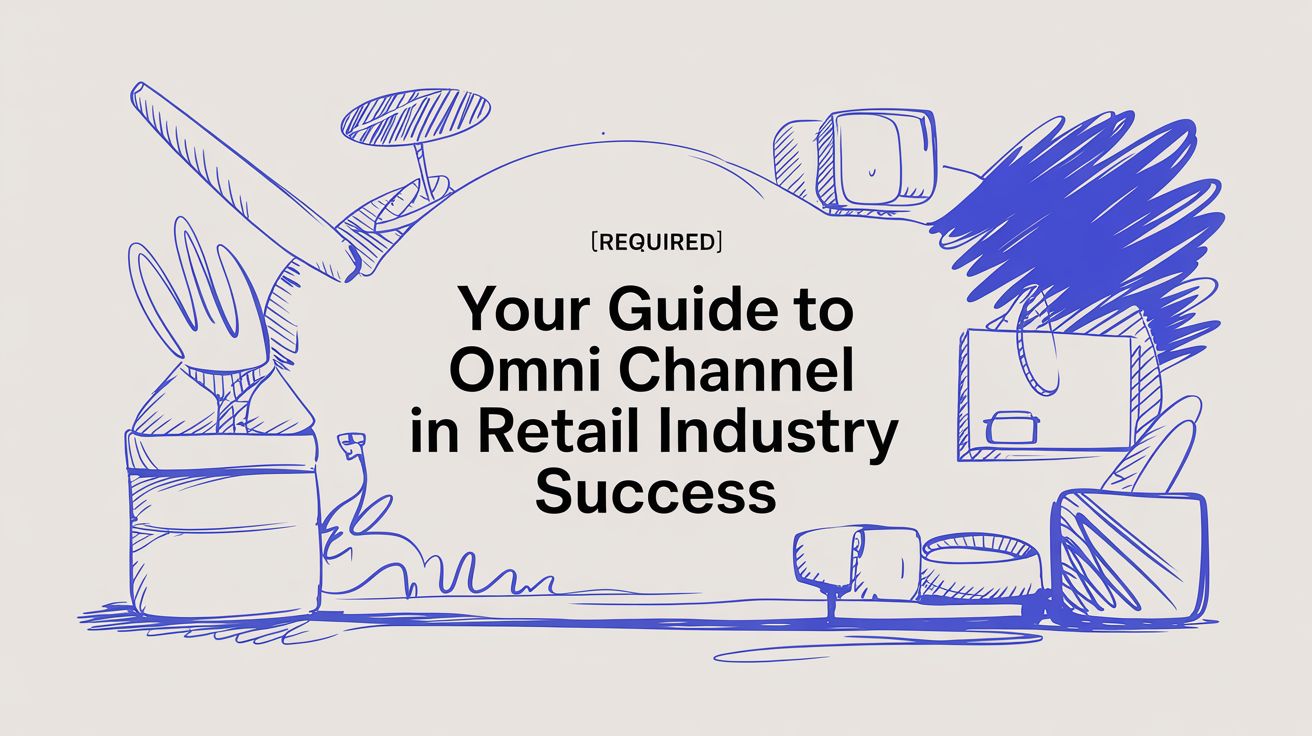
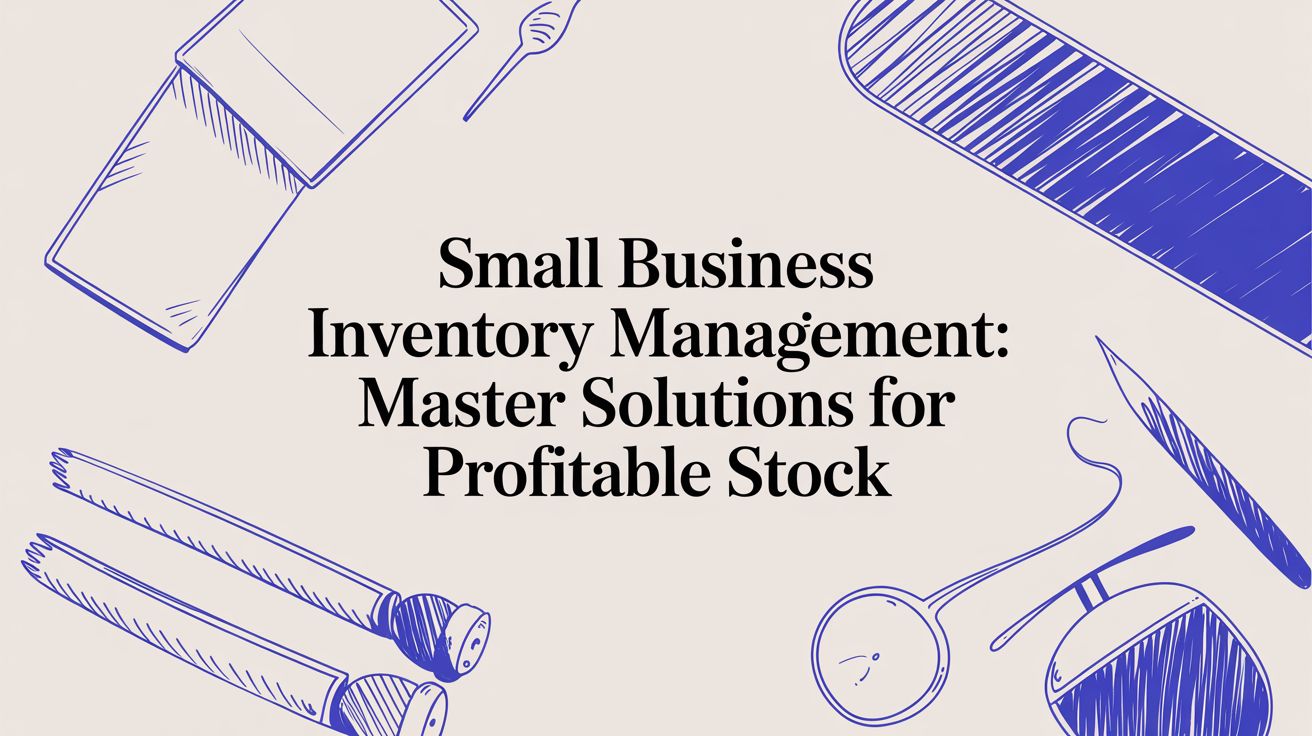

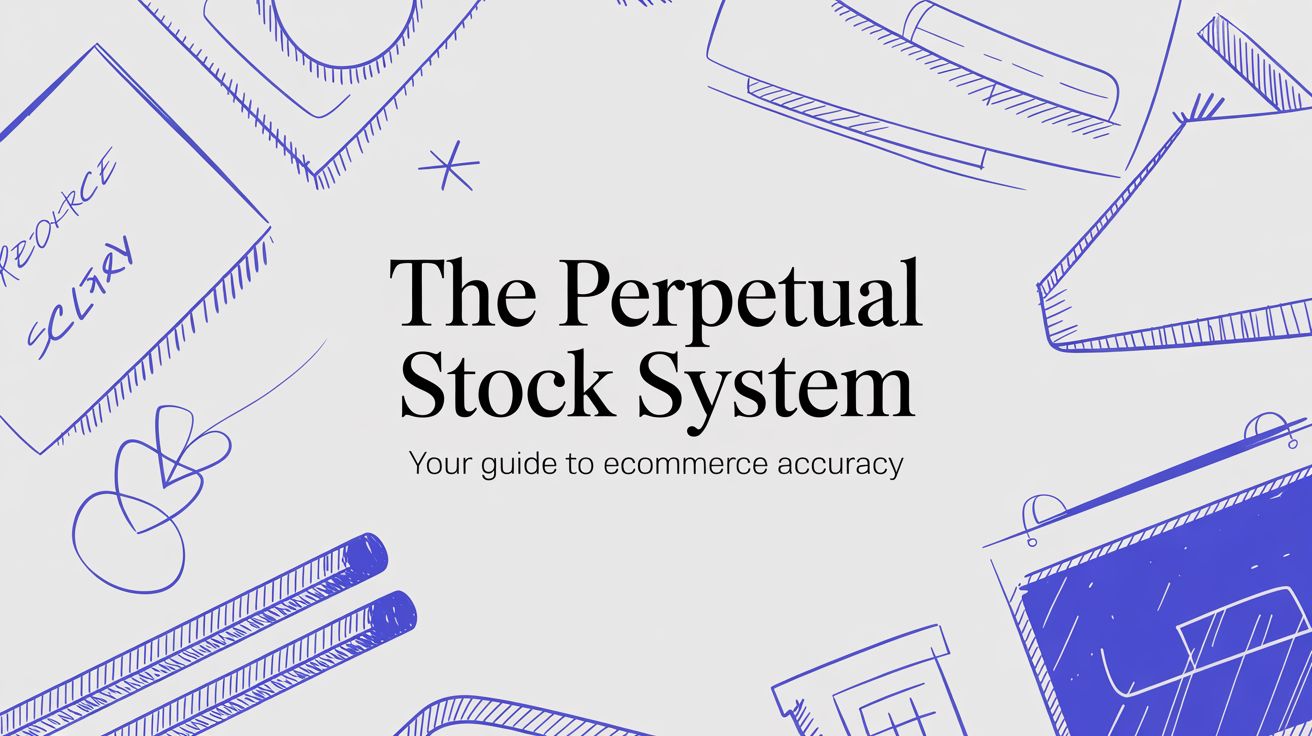

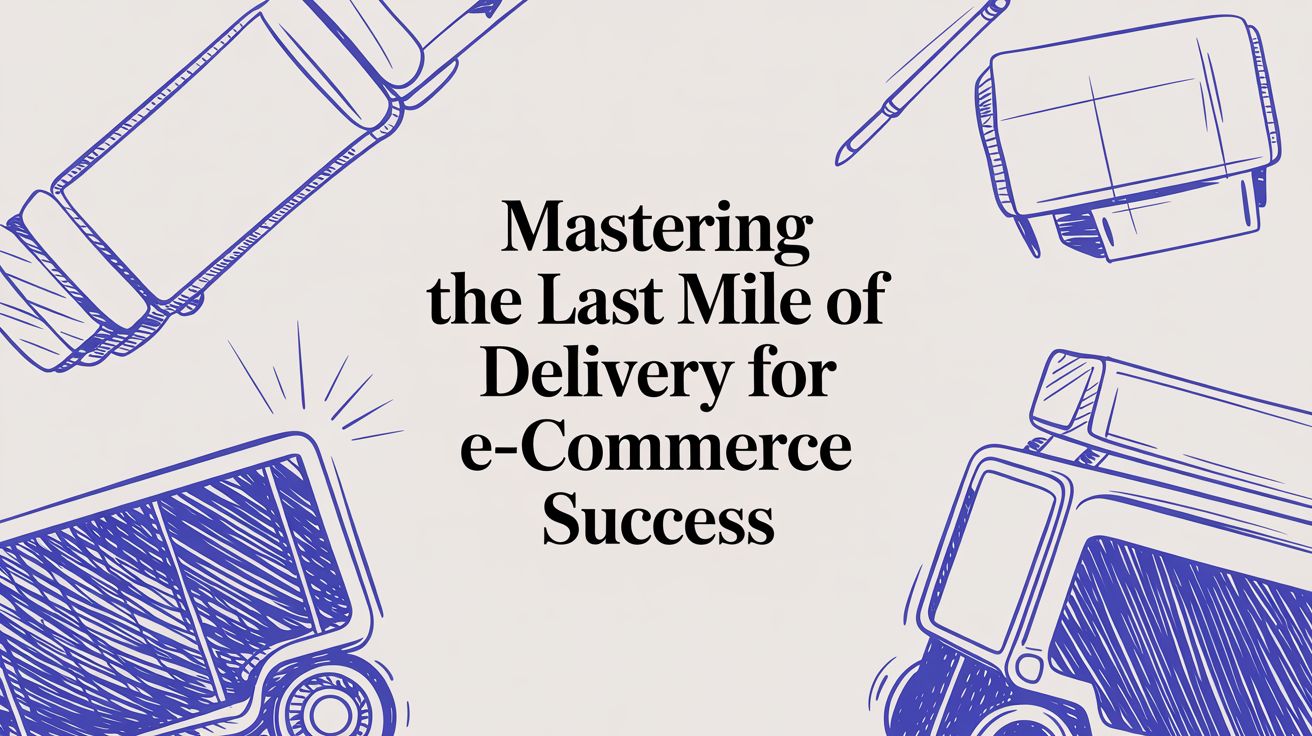
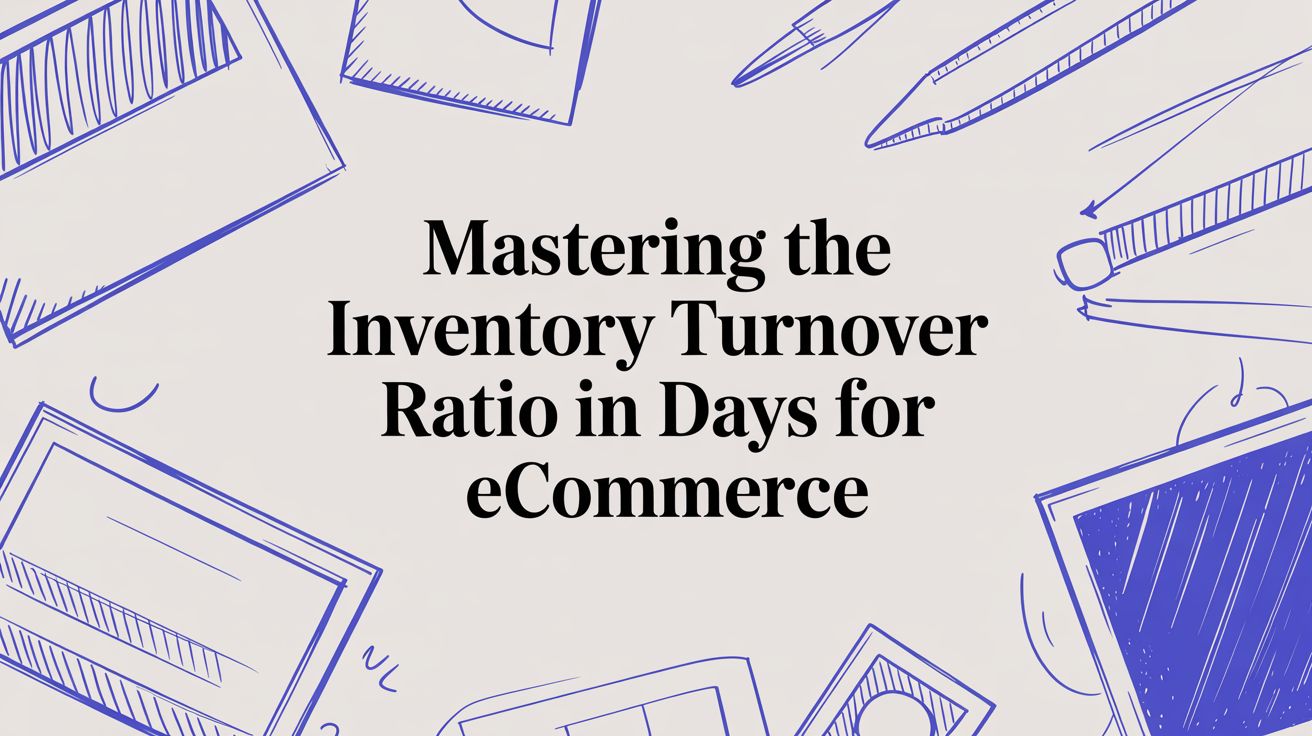



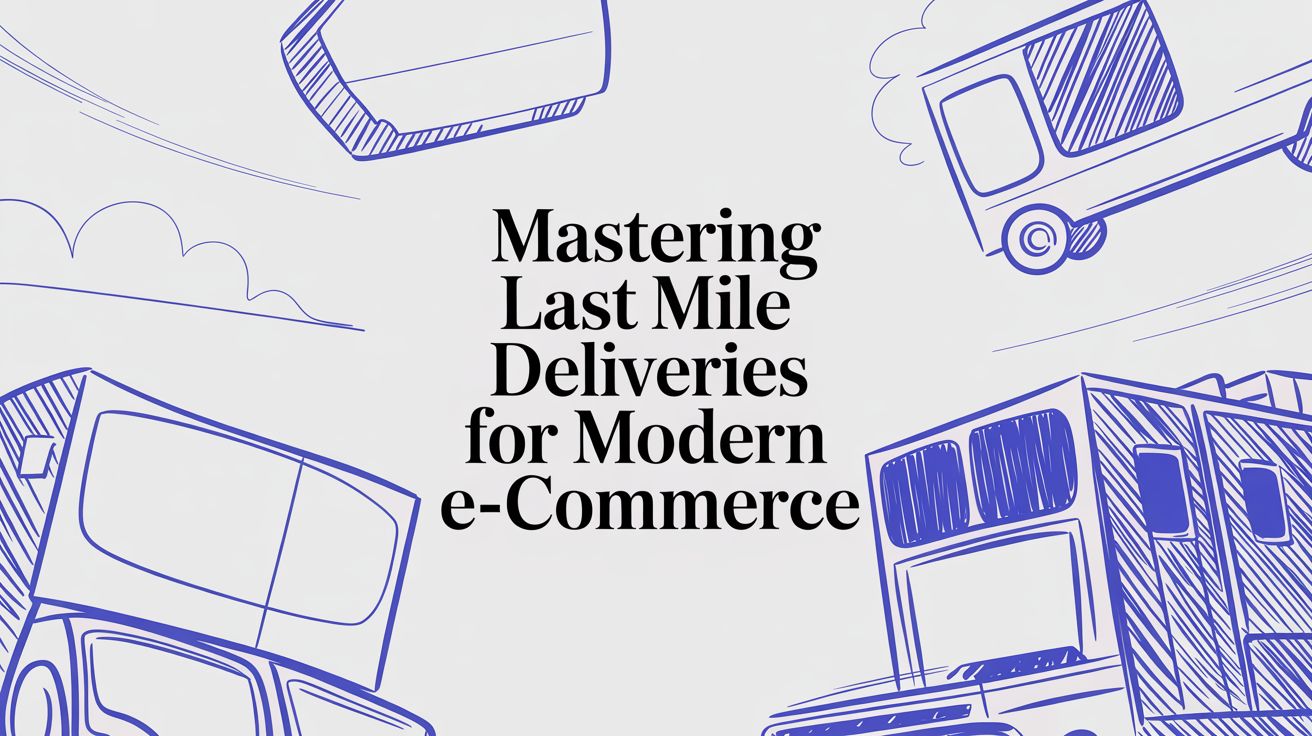


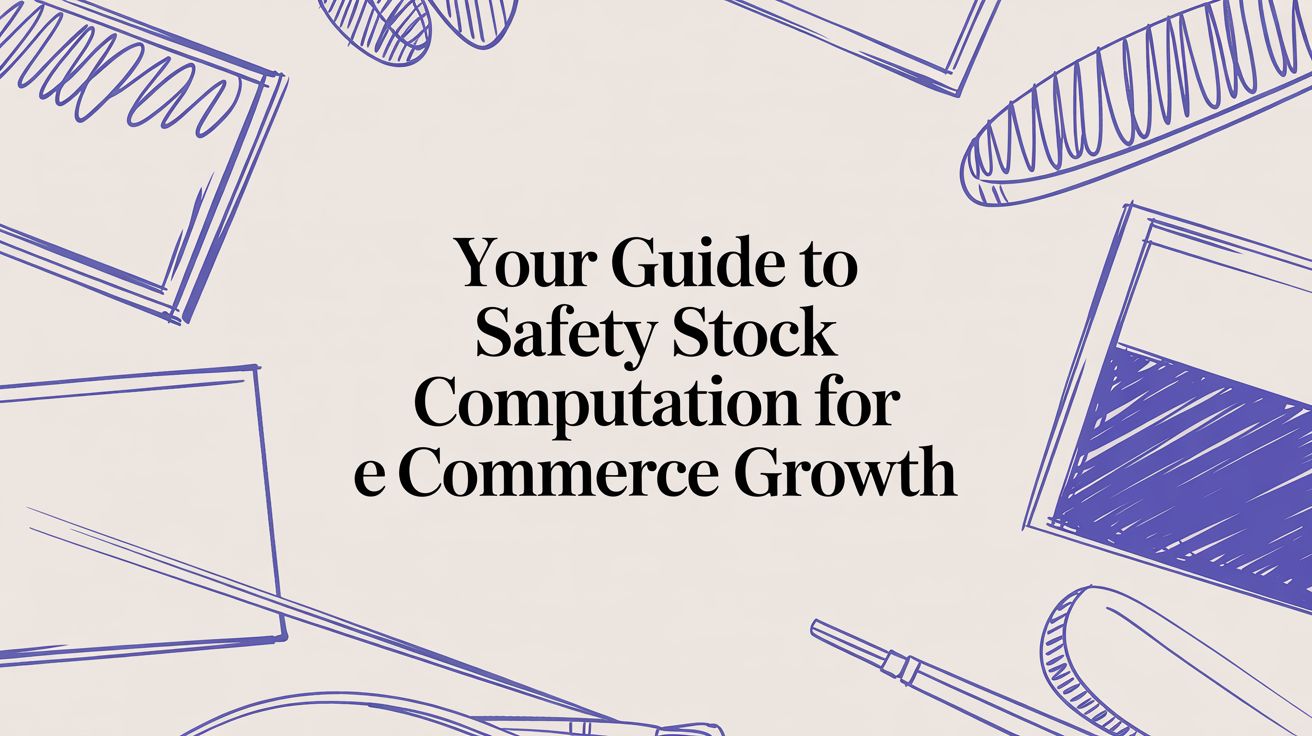

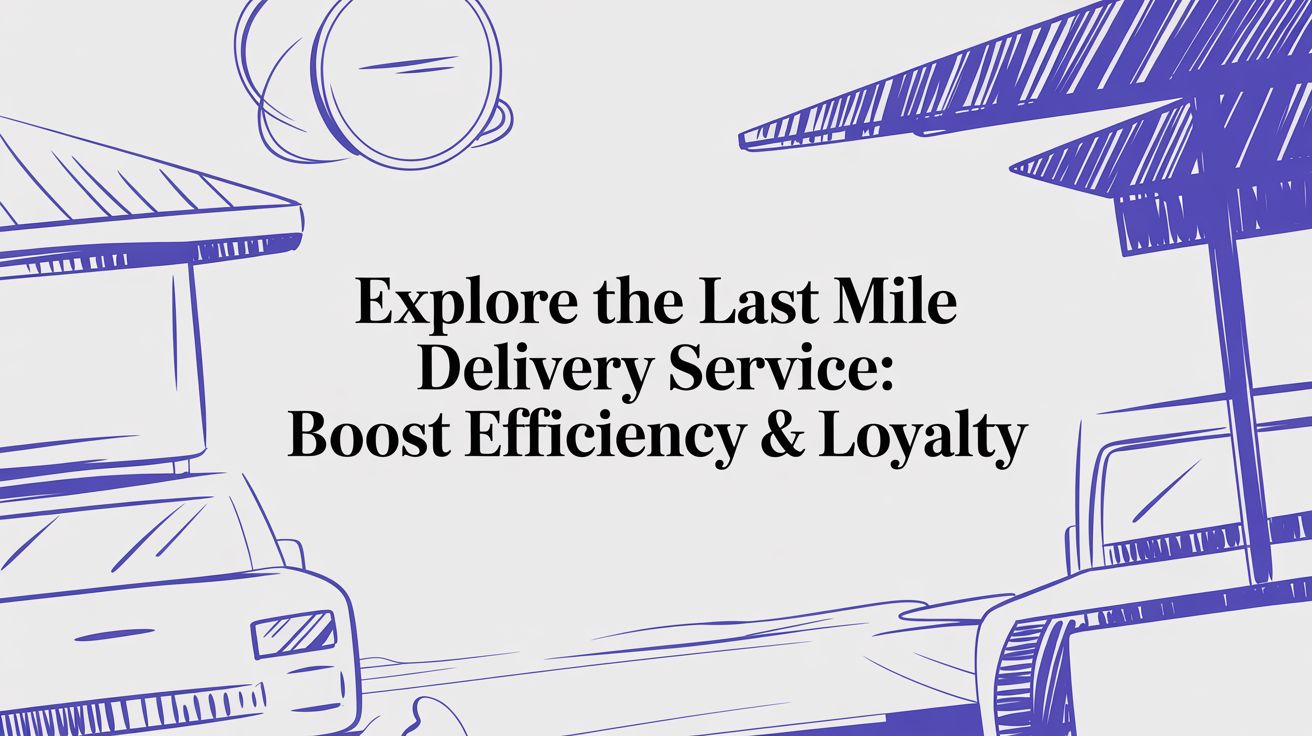


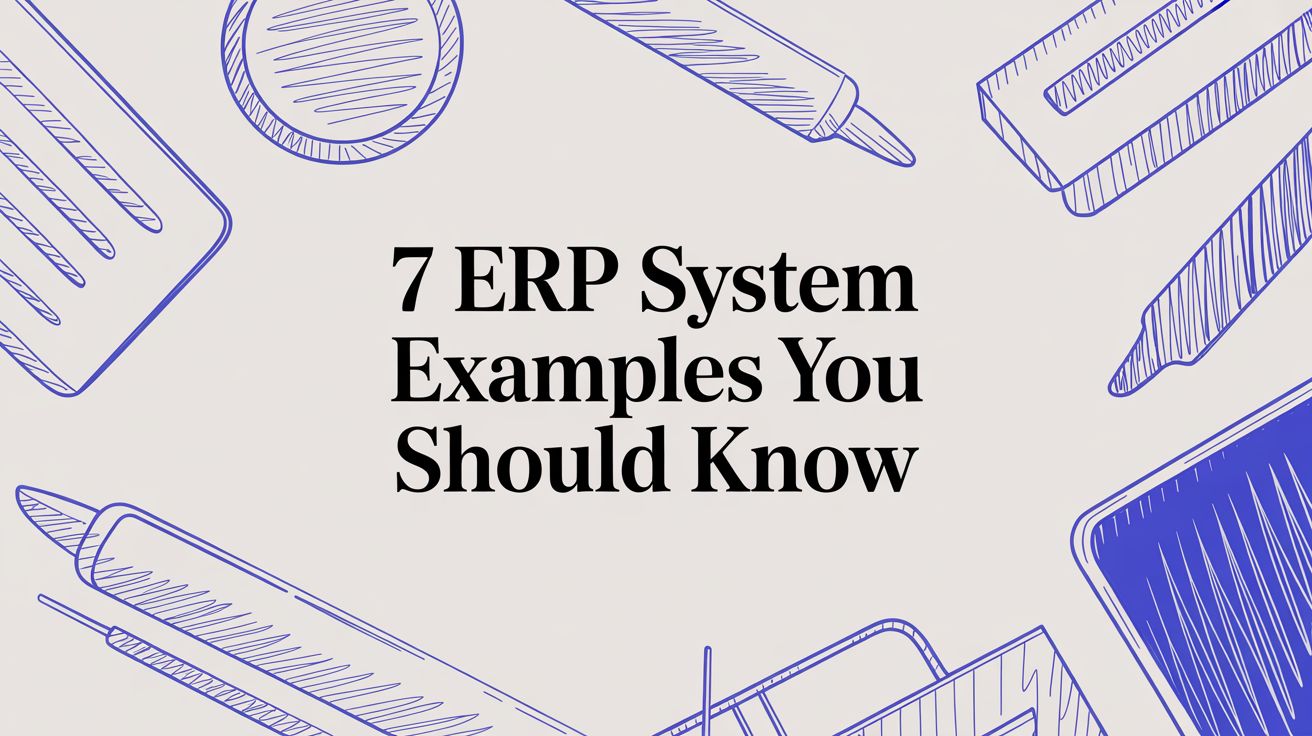
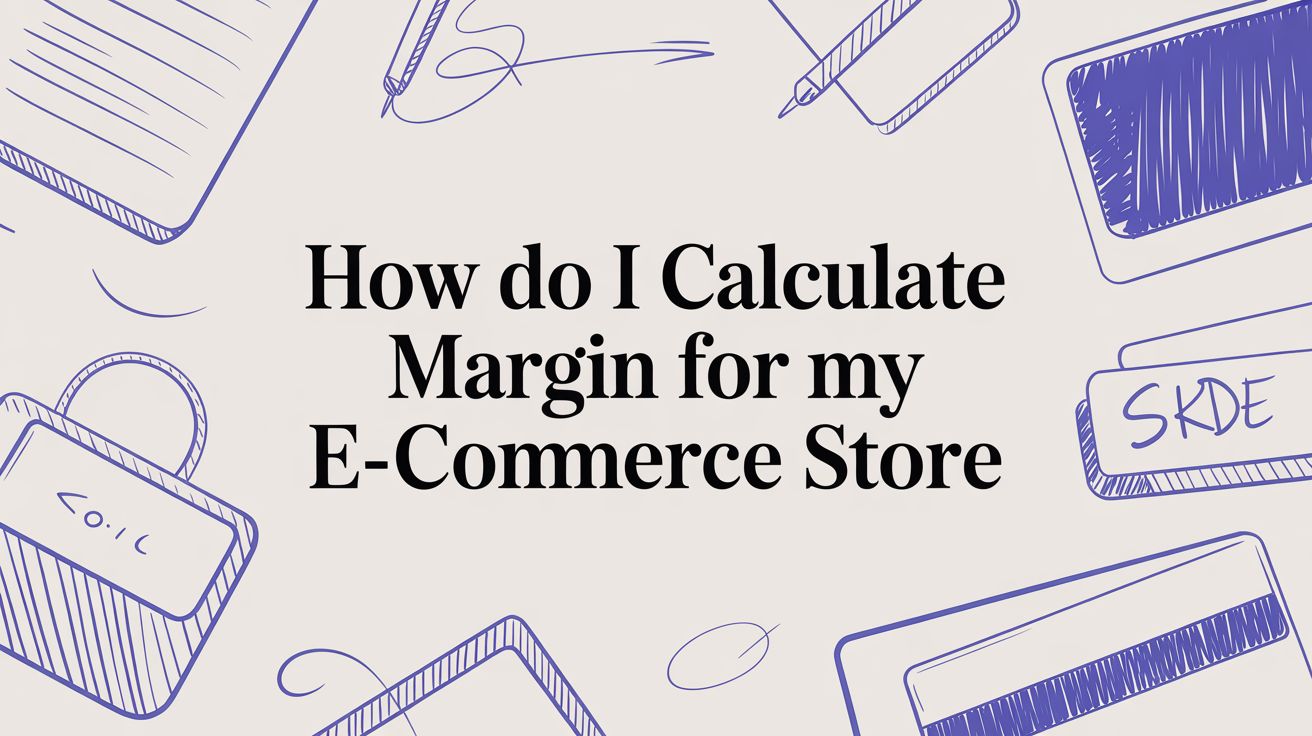




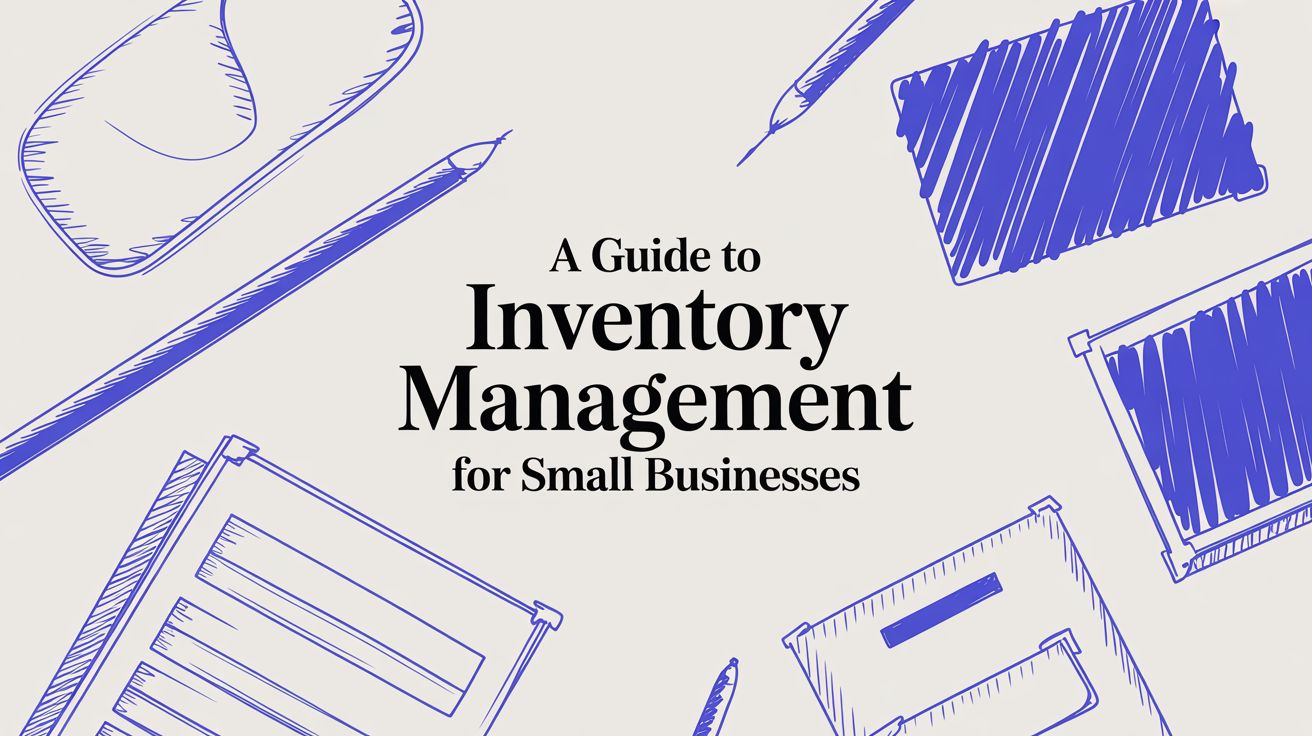






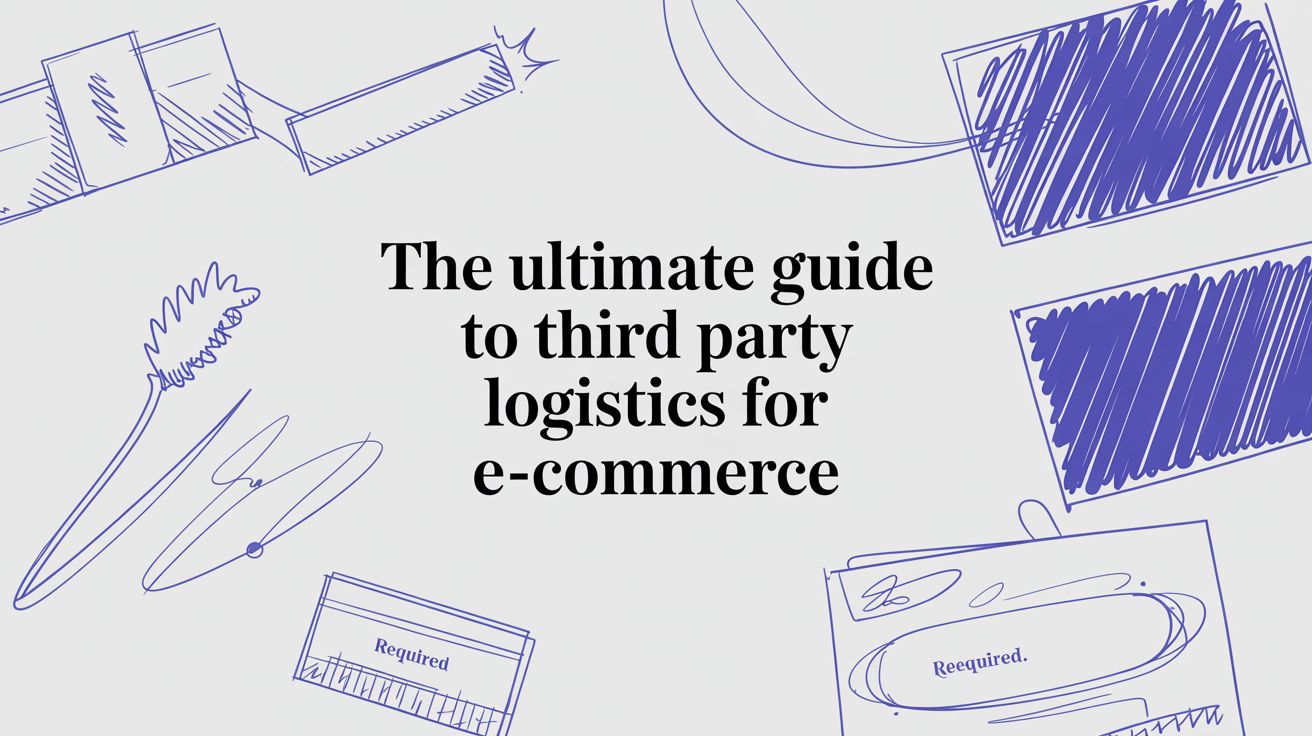


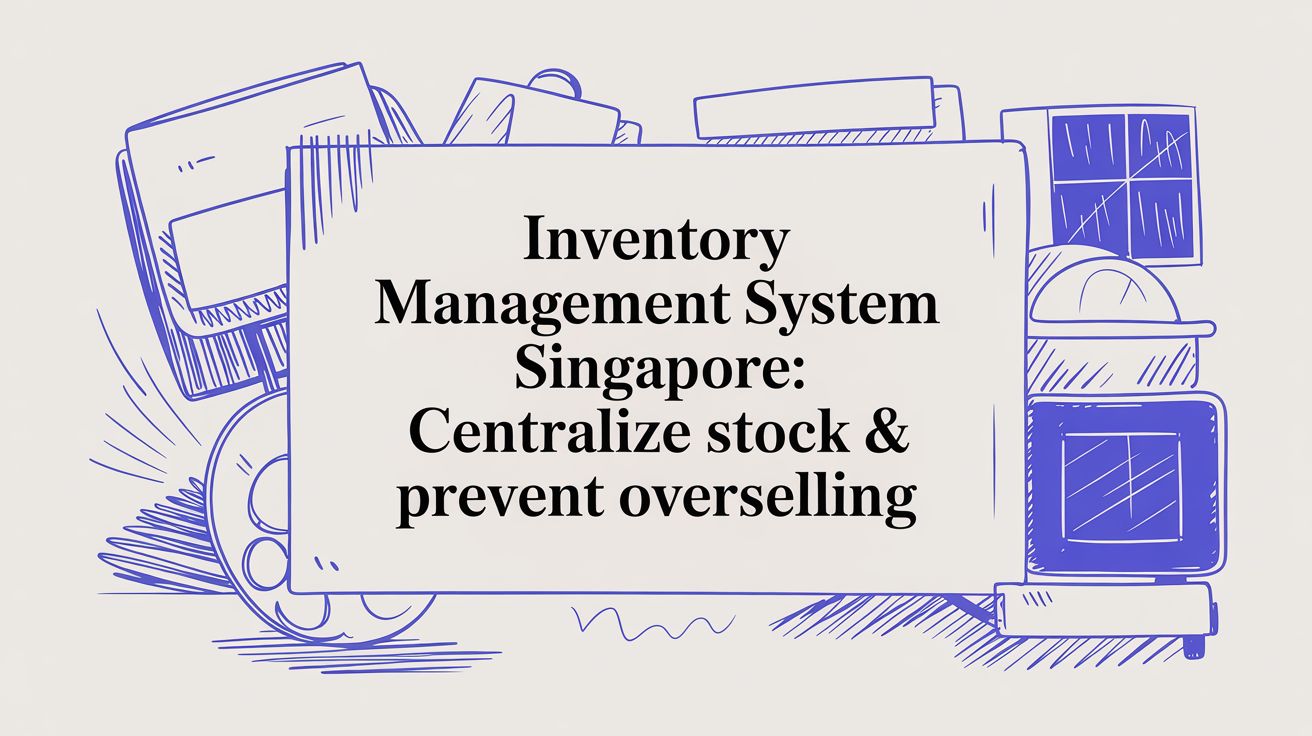
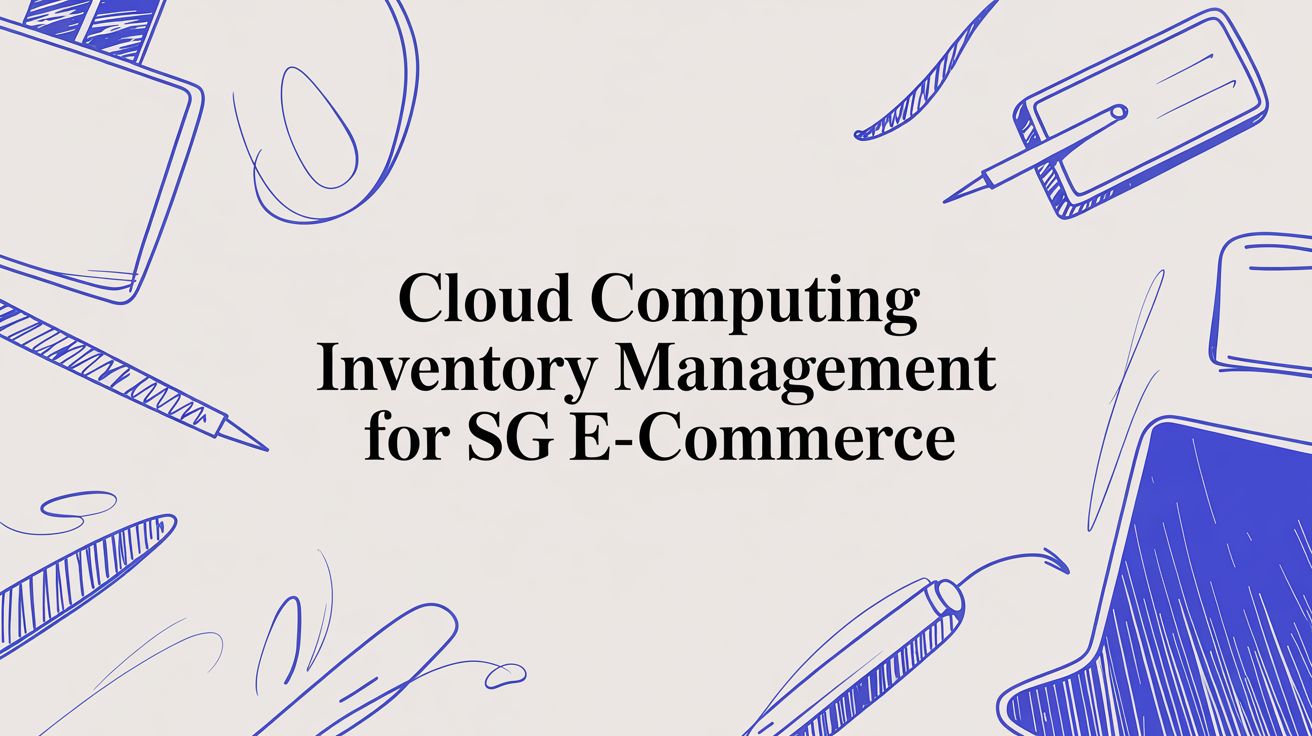
![A thumbnail image for How to Sell in Lazada Singapore: Step-by-Step Guide [2026]](/images/how-to-sell-in-lazada-banner.jpg)


![A thumbnail image for Lazada Seller Center Singapore: Complete Setup Guide [2026]](/images/lazada-seller-center-singapore-banner.jpg)
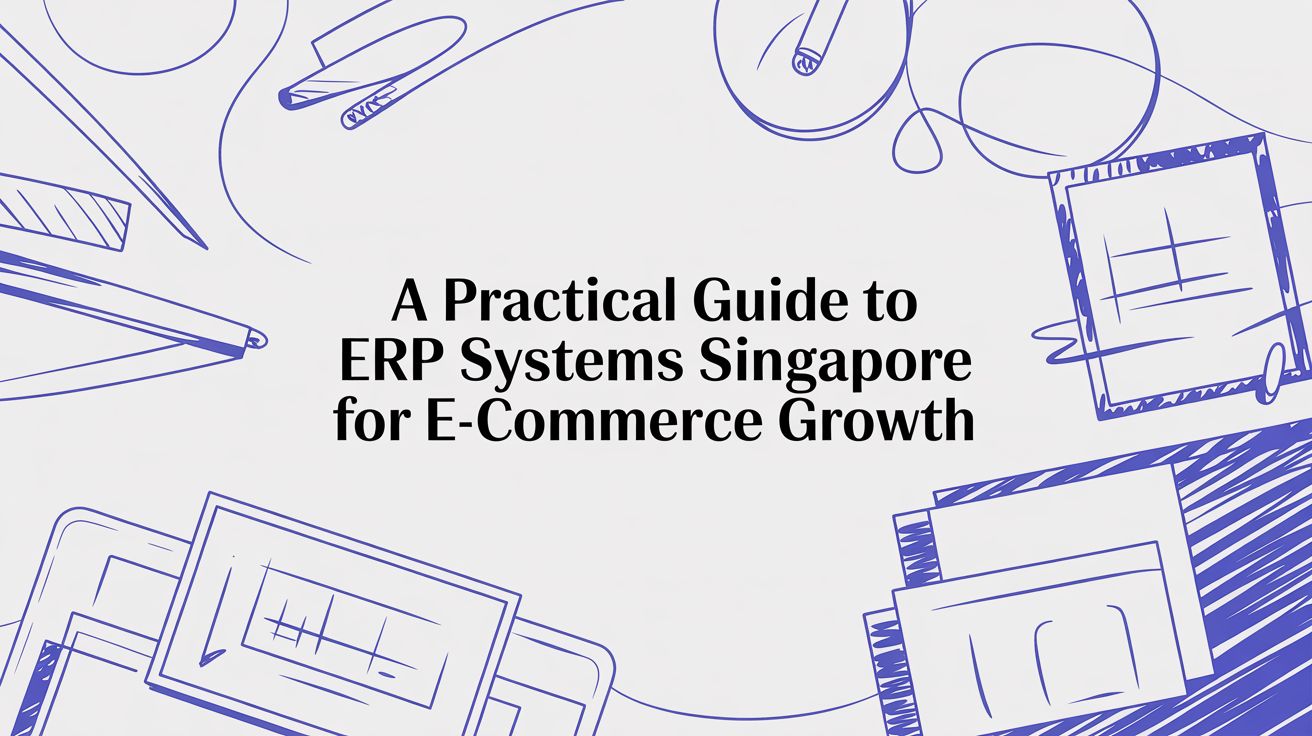
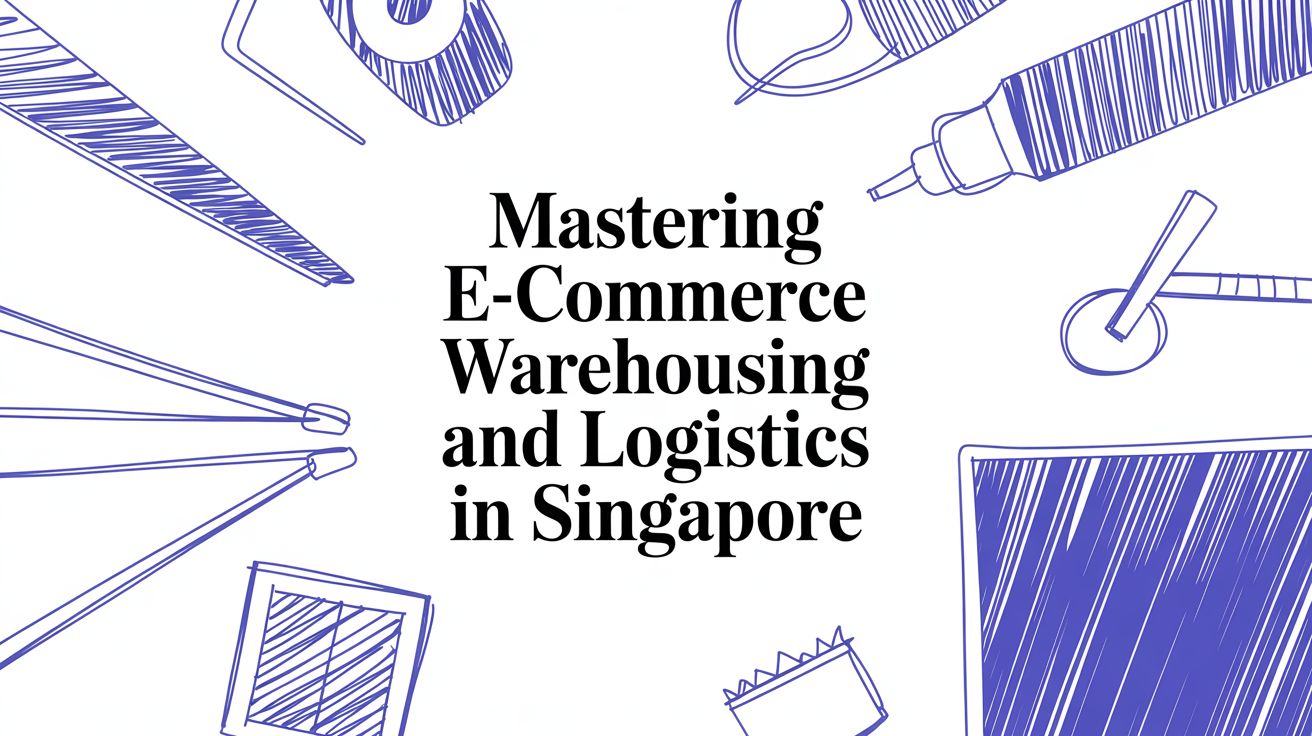


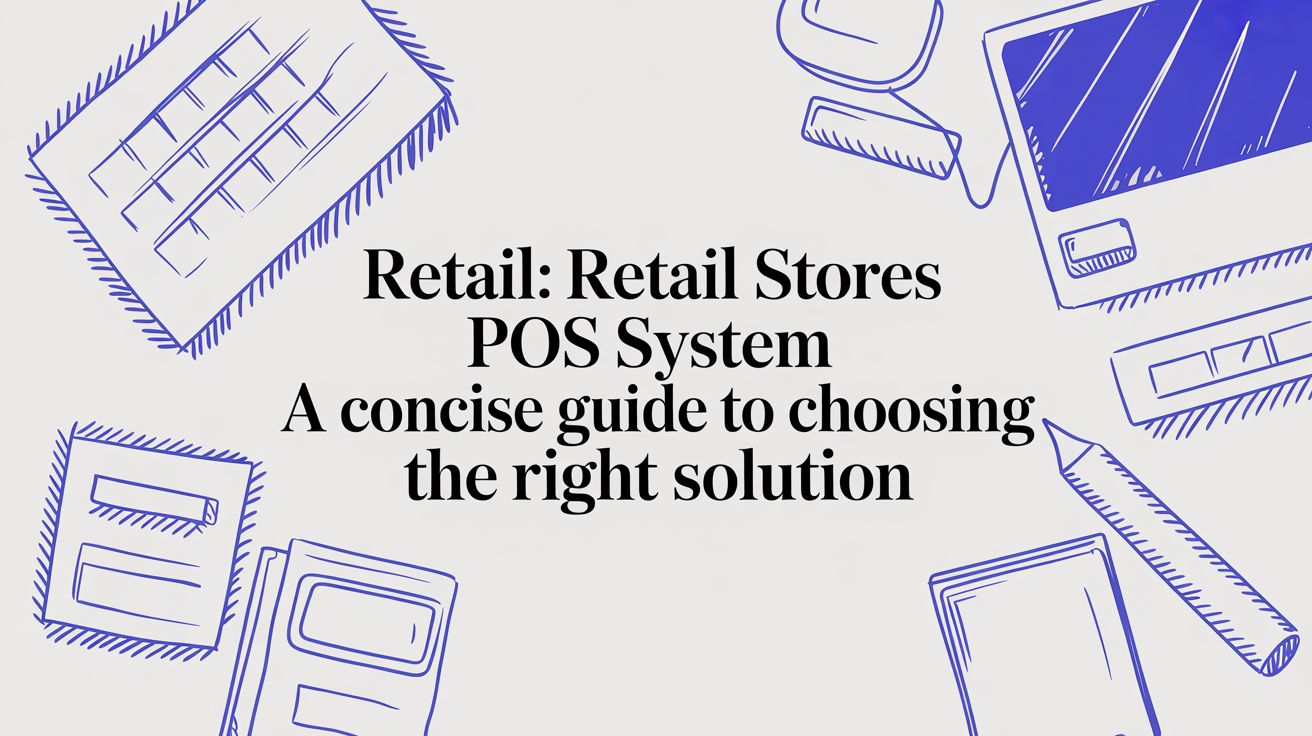




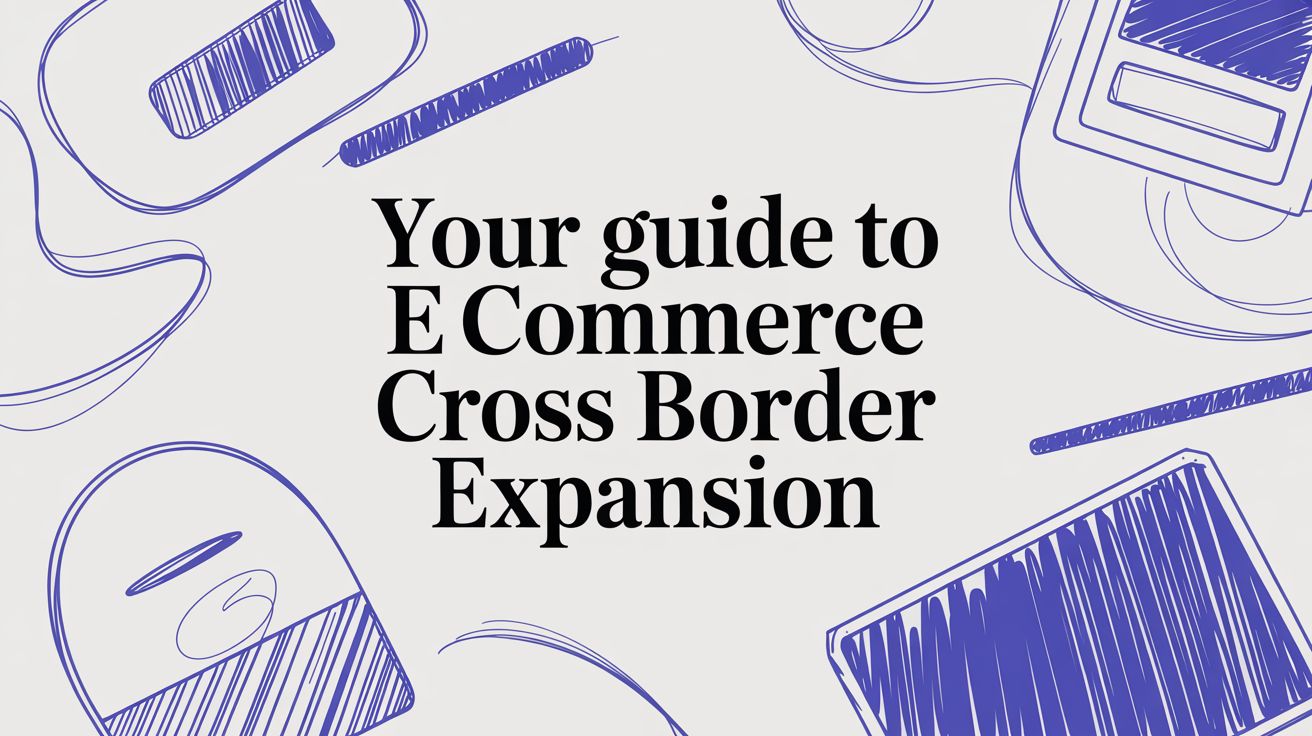

![A thumbnail image for How to Sell on Lazada in 2026: Complete Setup Guide [Singapore]](/images/how-to-sell-on-lazada-banner.jpg)
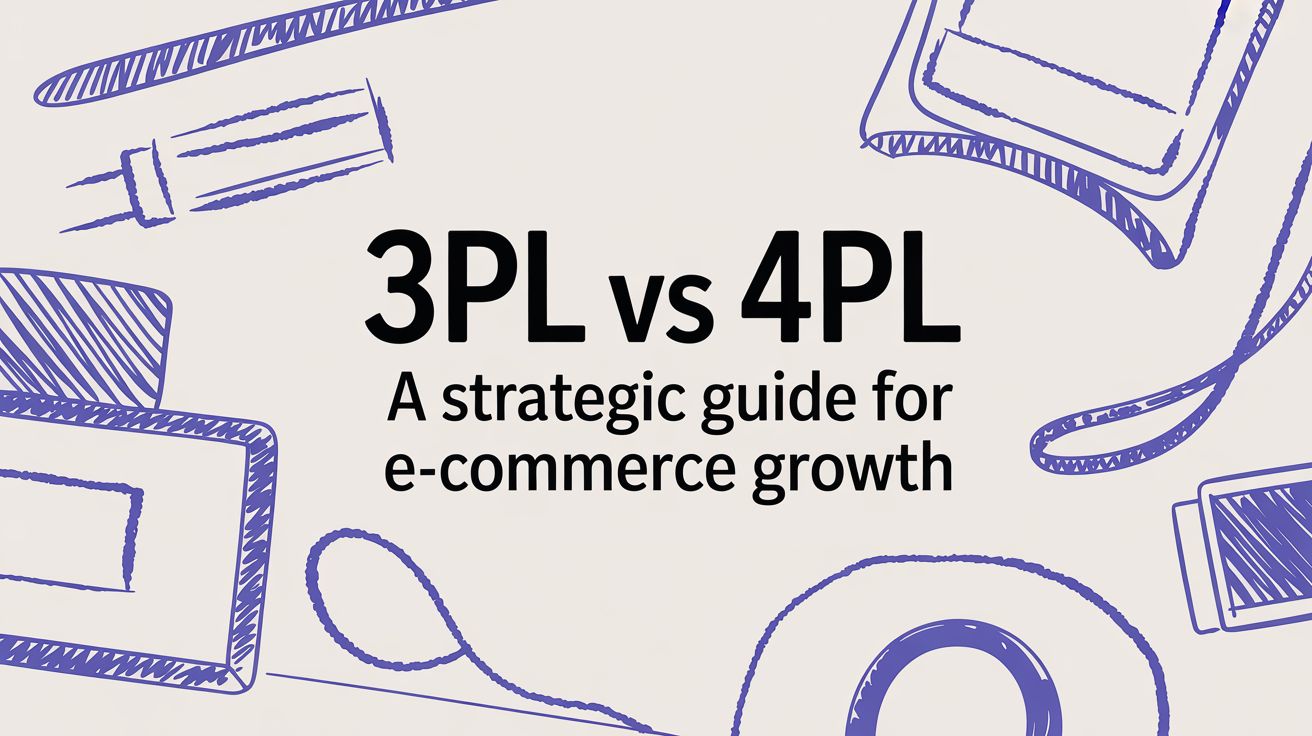





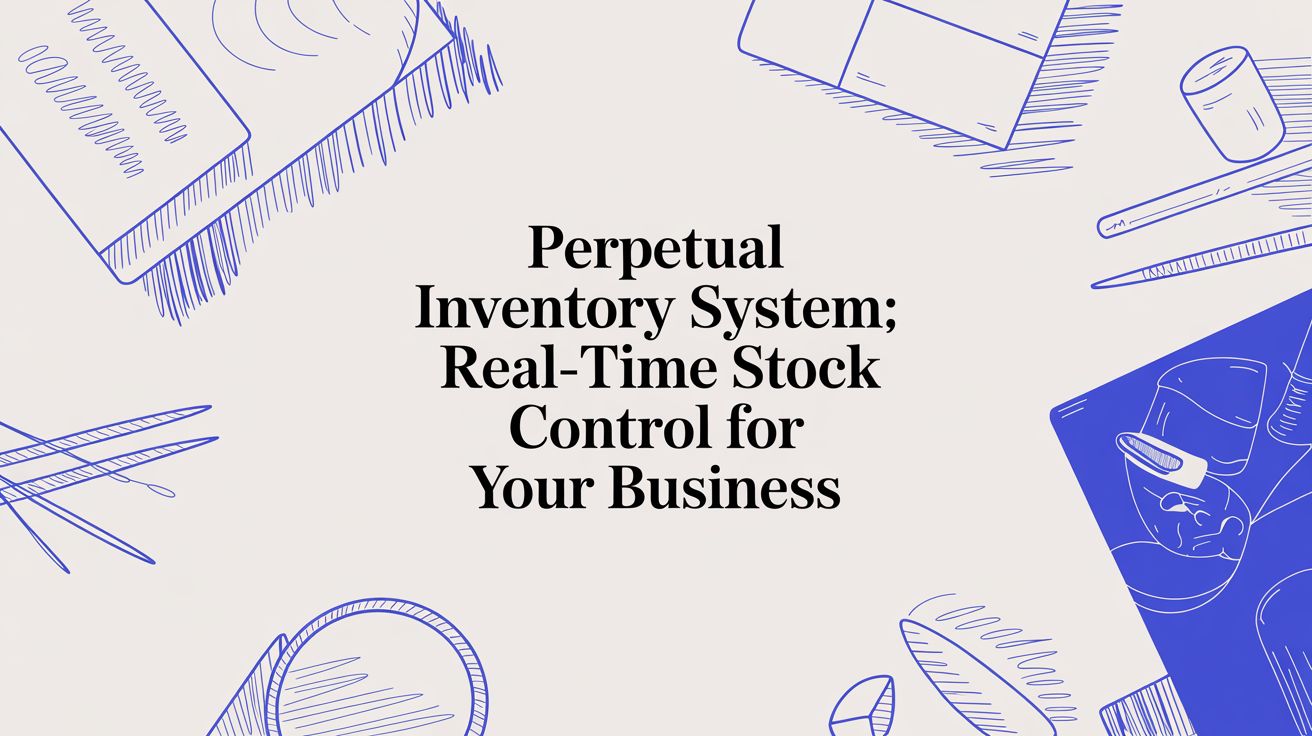
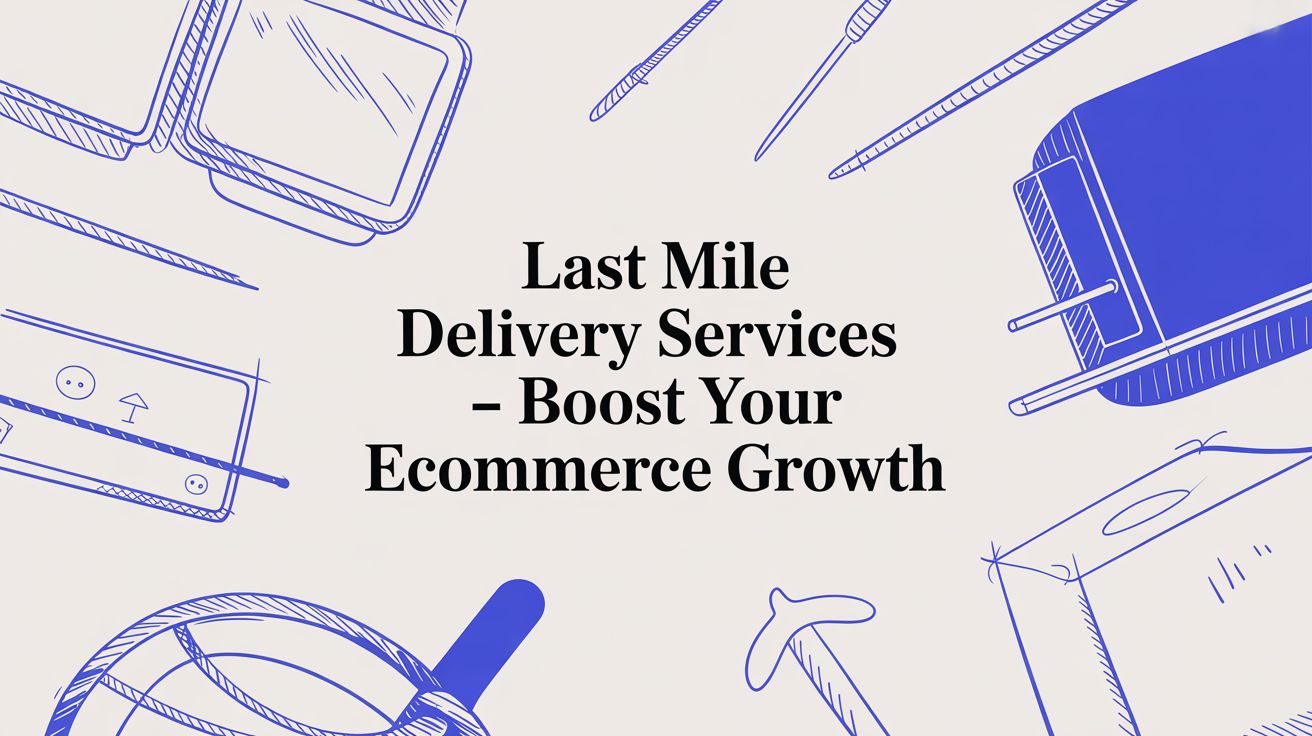


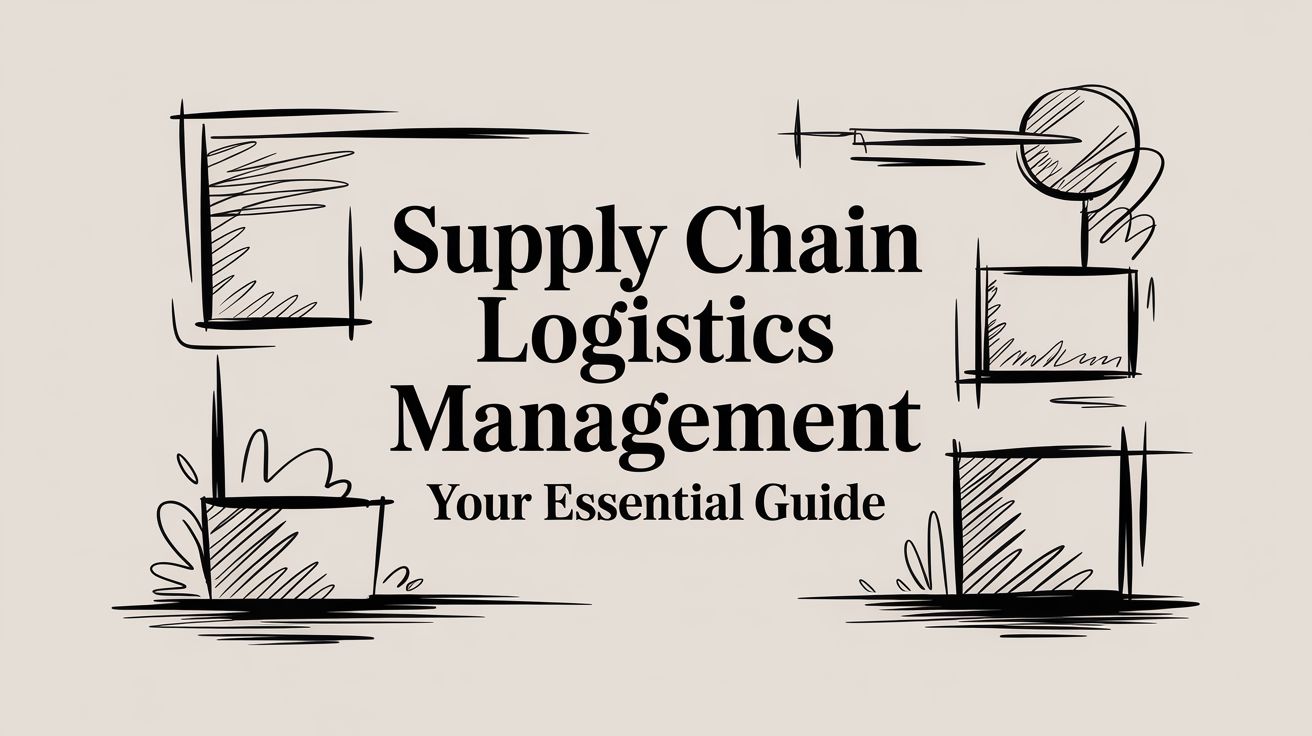




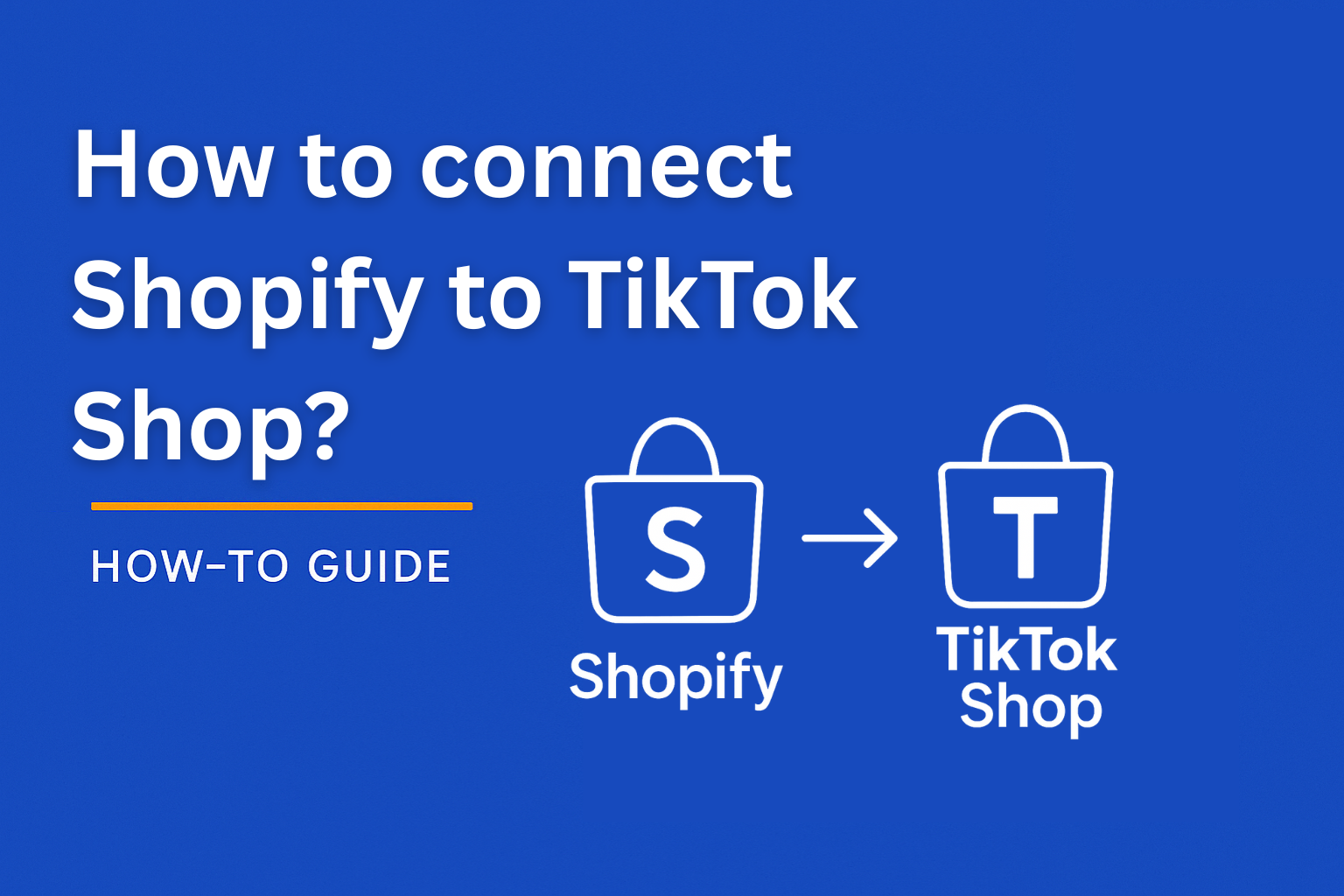
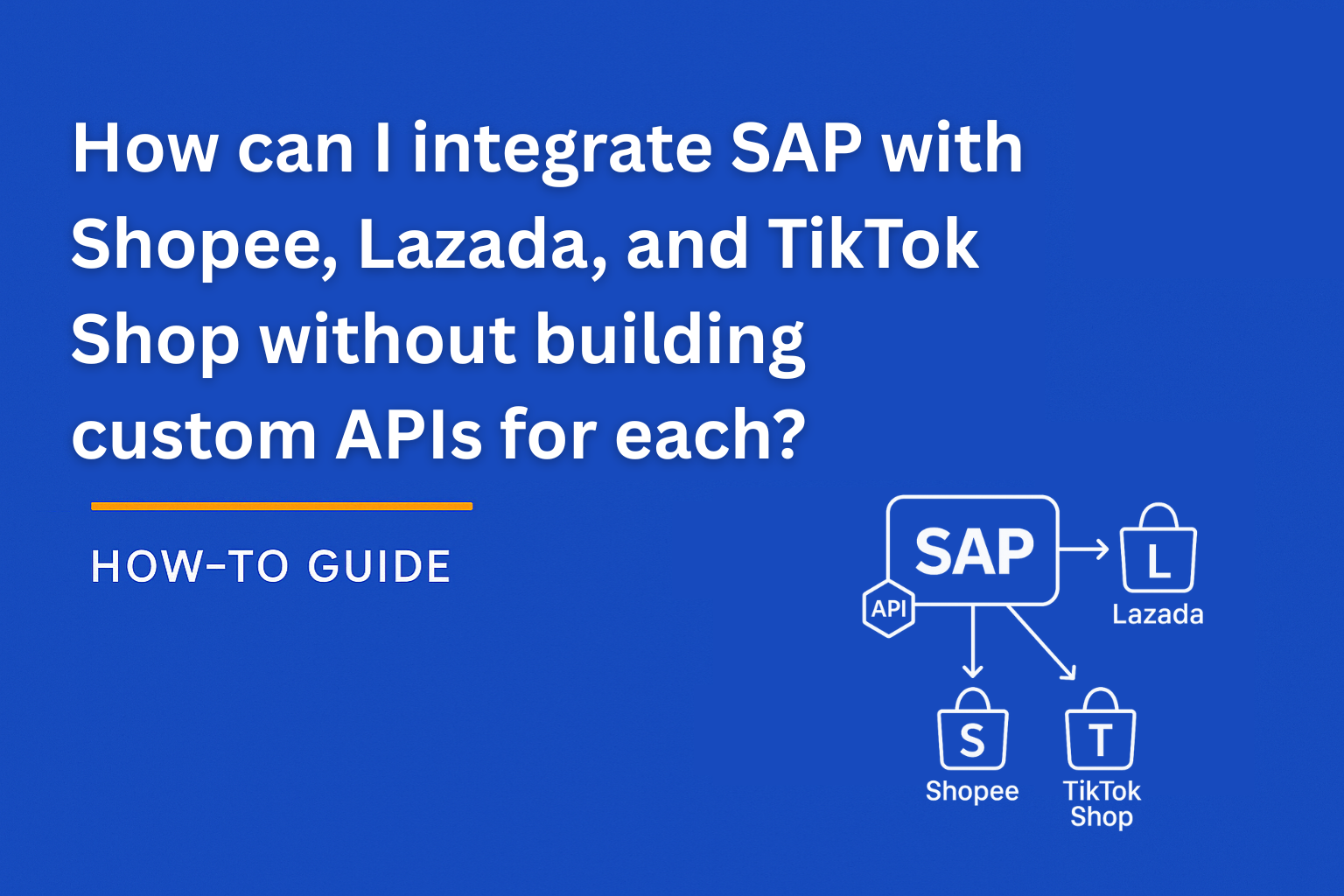
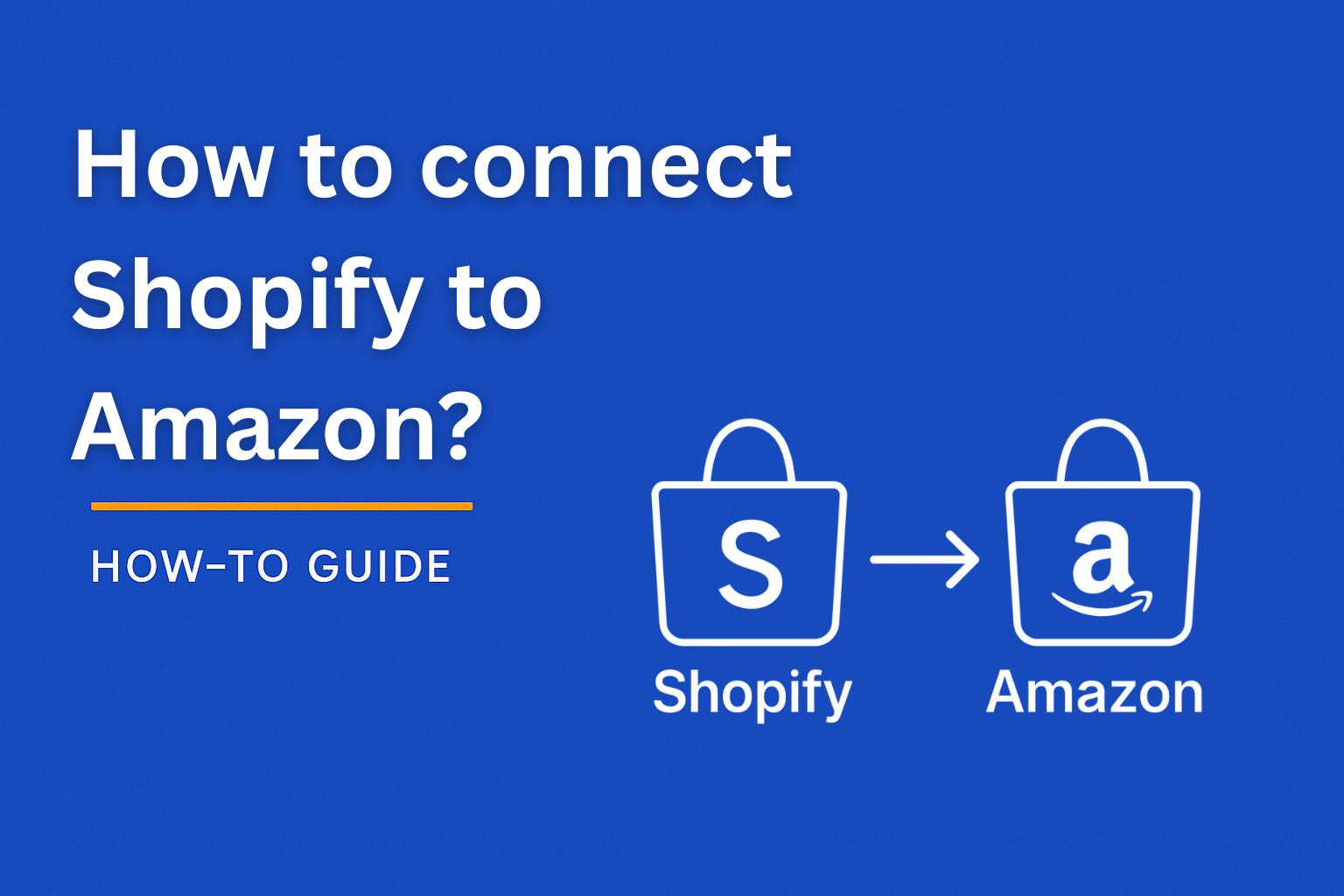
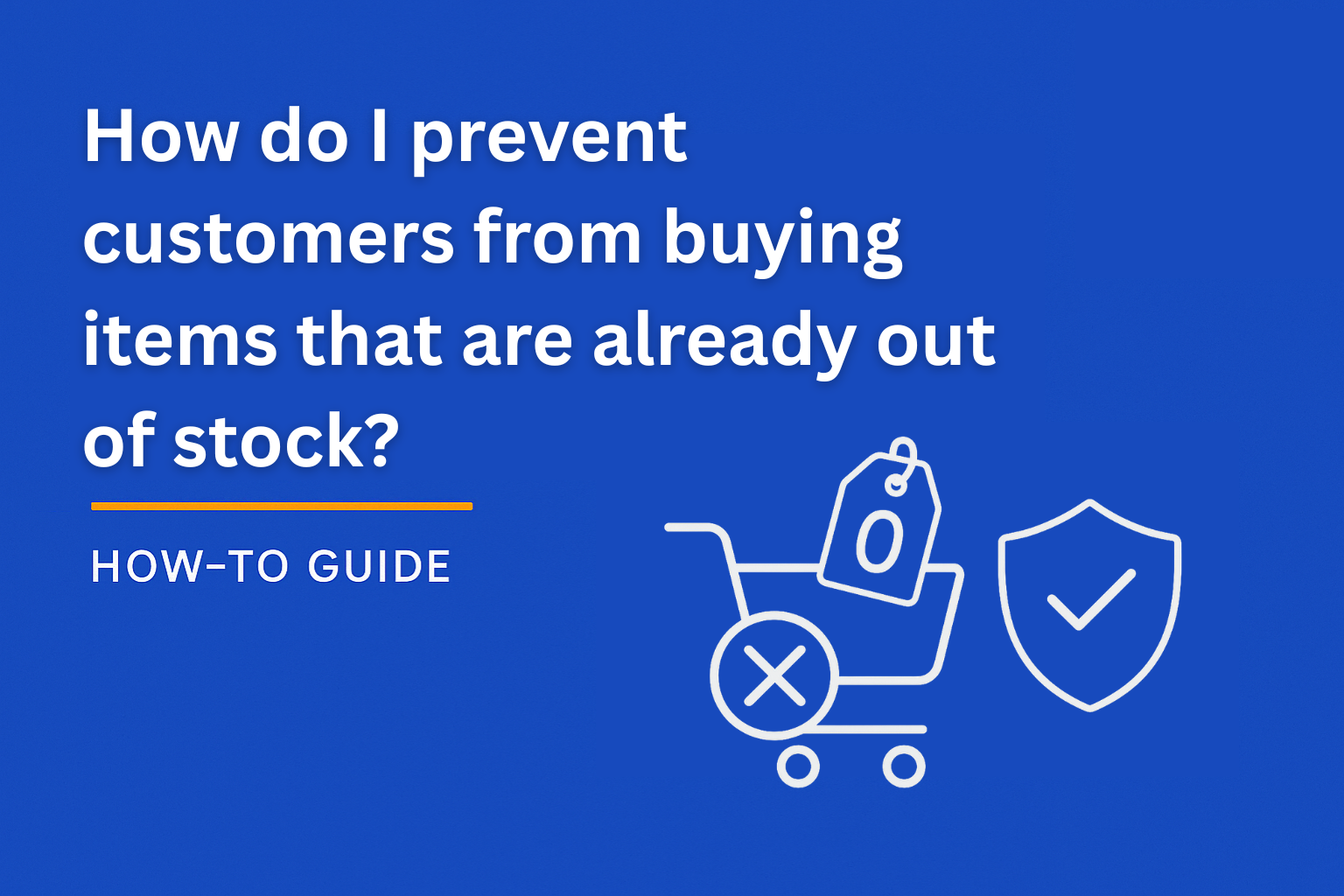
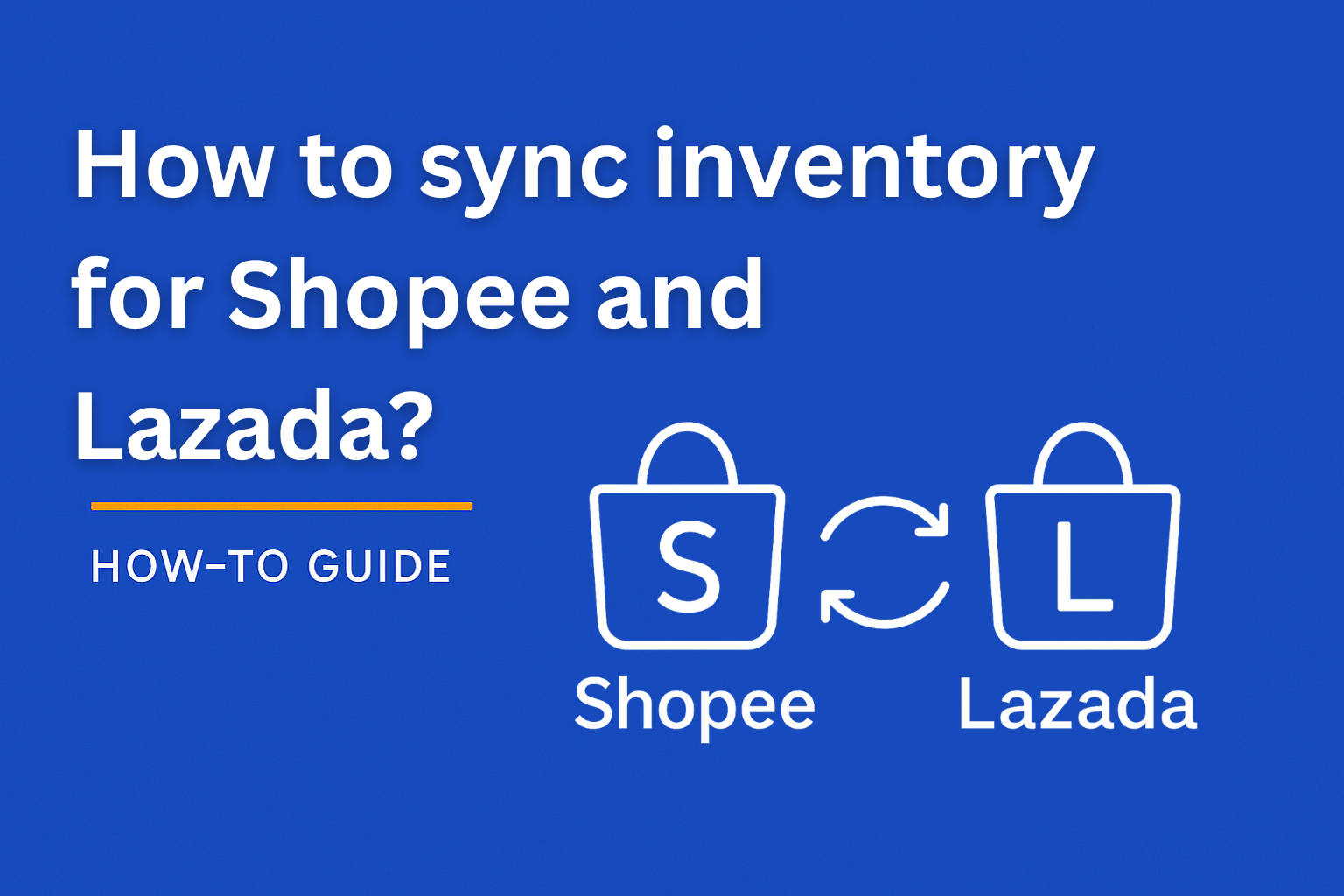
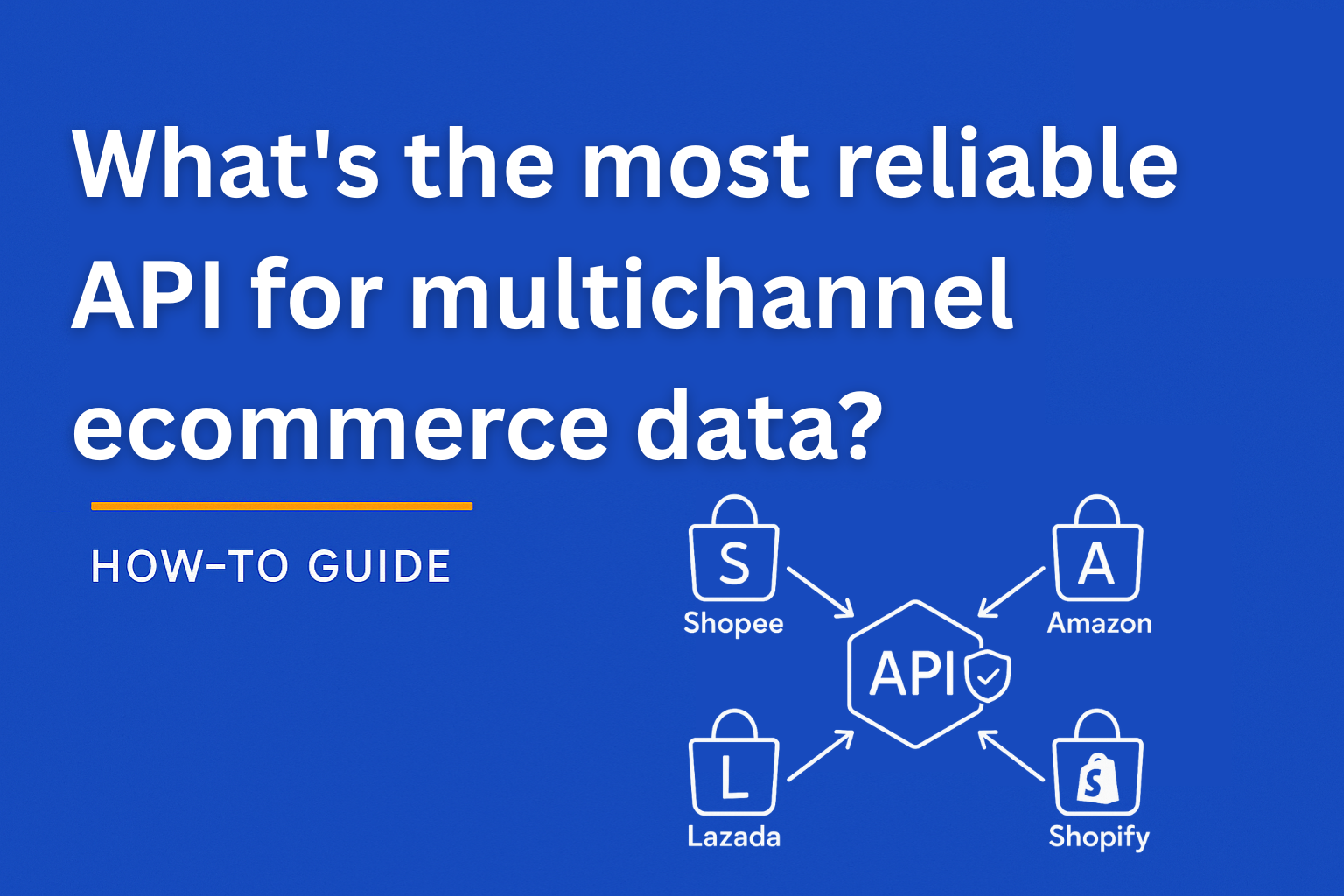
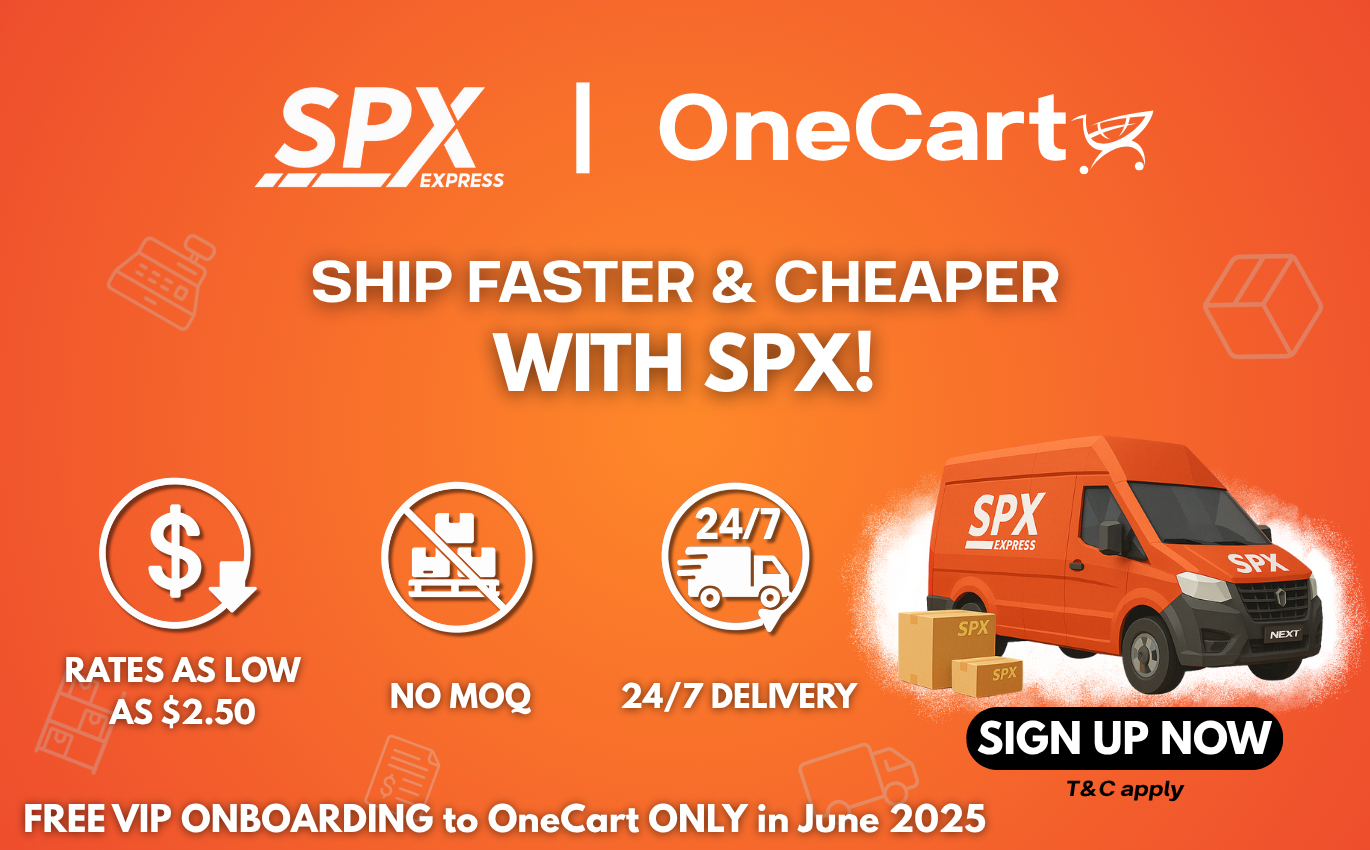

![A thumbnail image for What is Amazon Haul? Amazon's Answer to Temu [2026]](/images/what-is-amazon-haul.png)
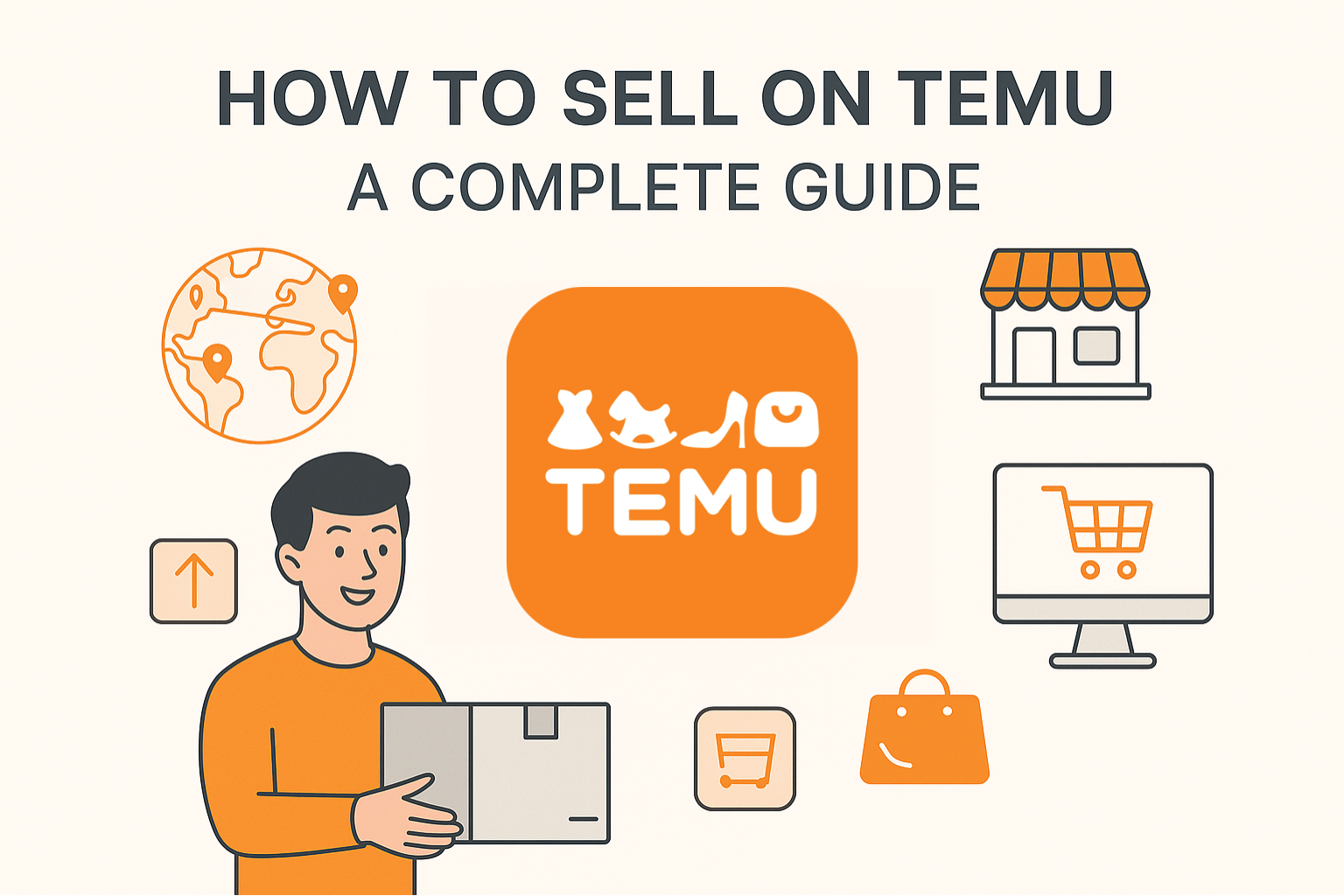
![A thumbnail image for Top 5 Ecommerce Price Monitoring Tools [2026 Guide]: Dynamic Pricing Software Compared](/images/ecommerce-pricing-tools.png)

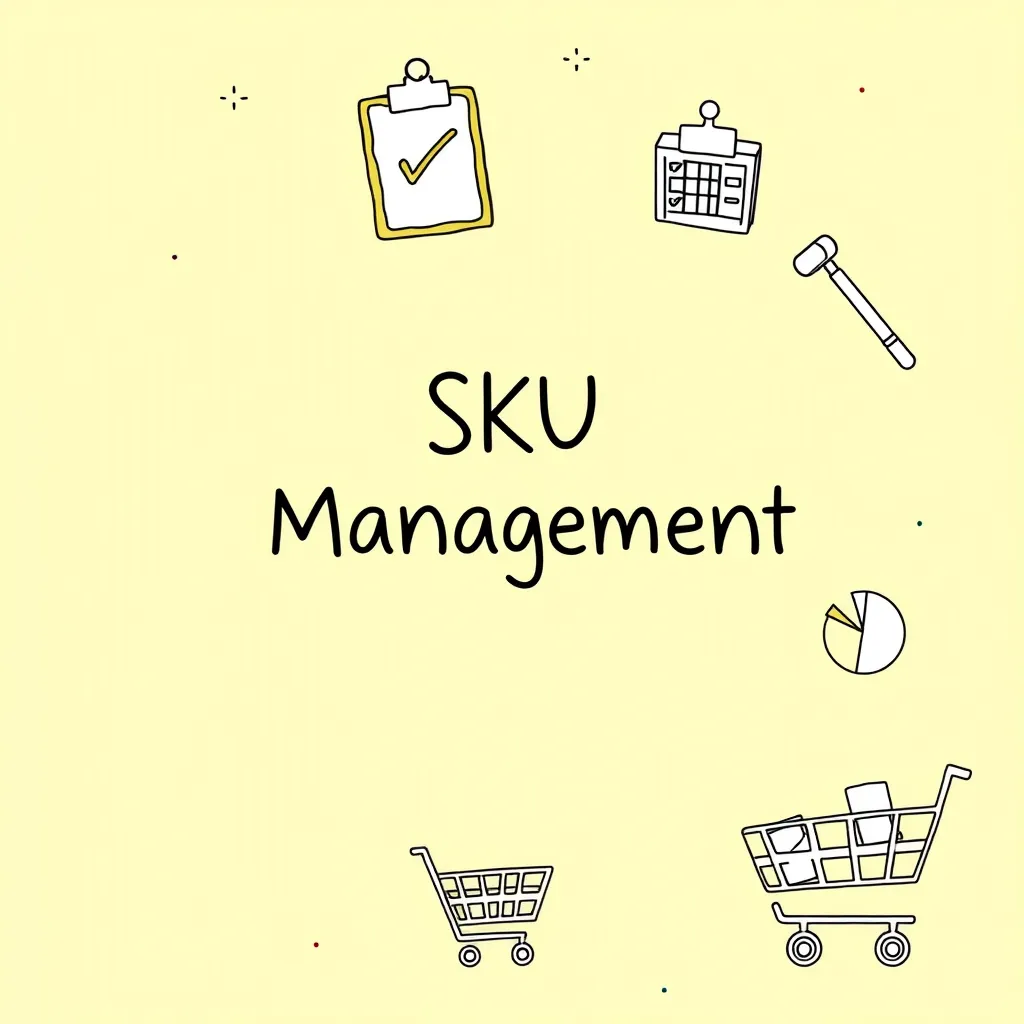
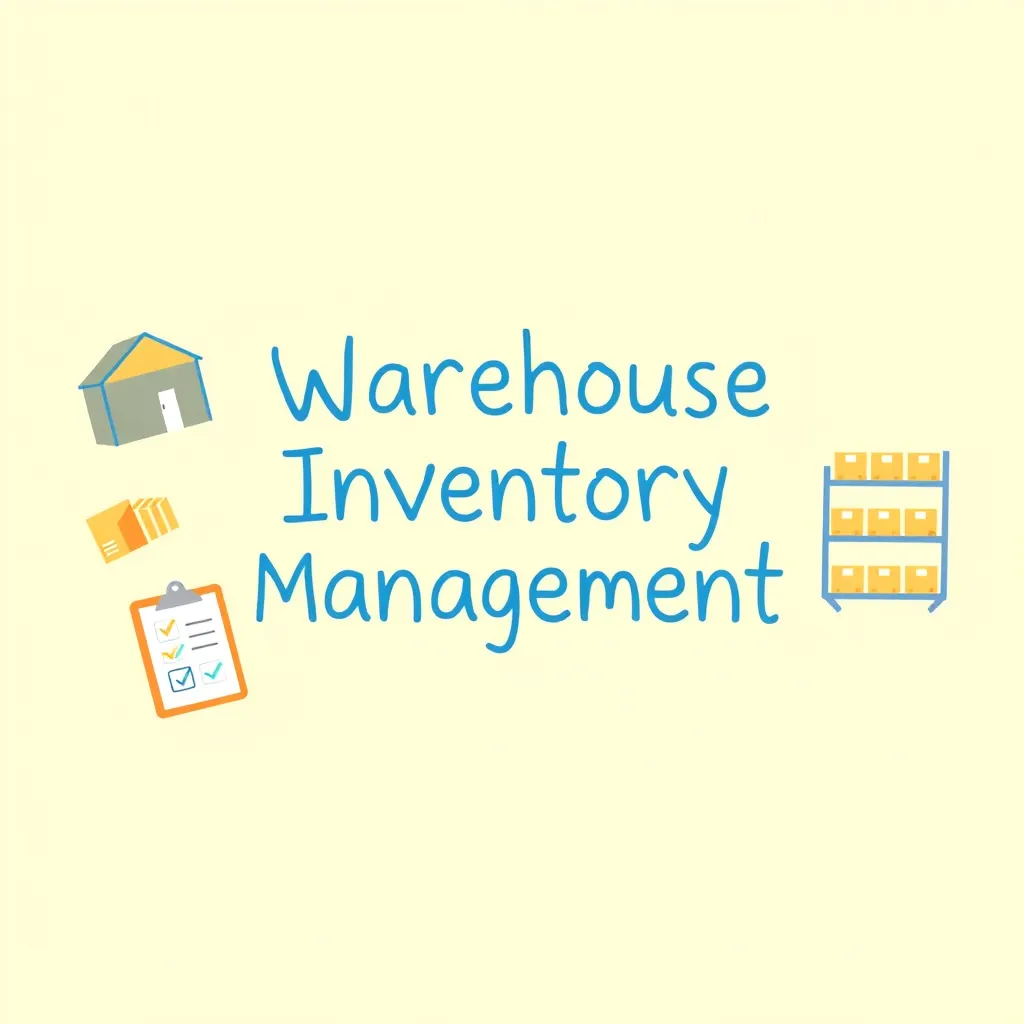

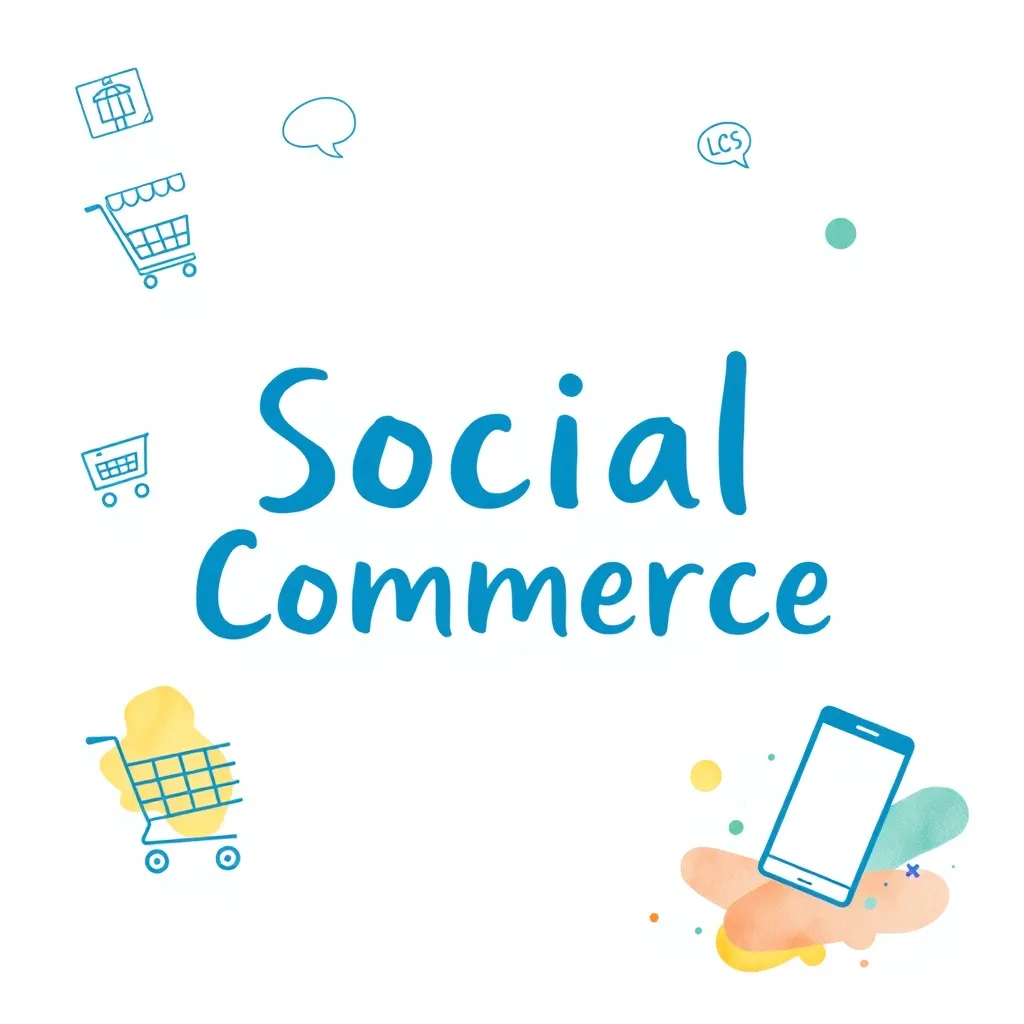

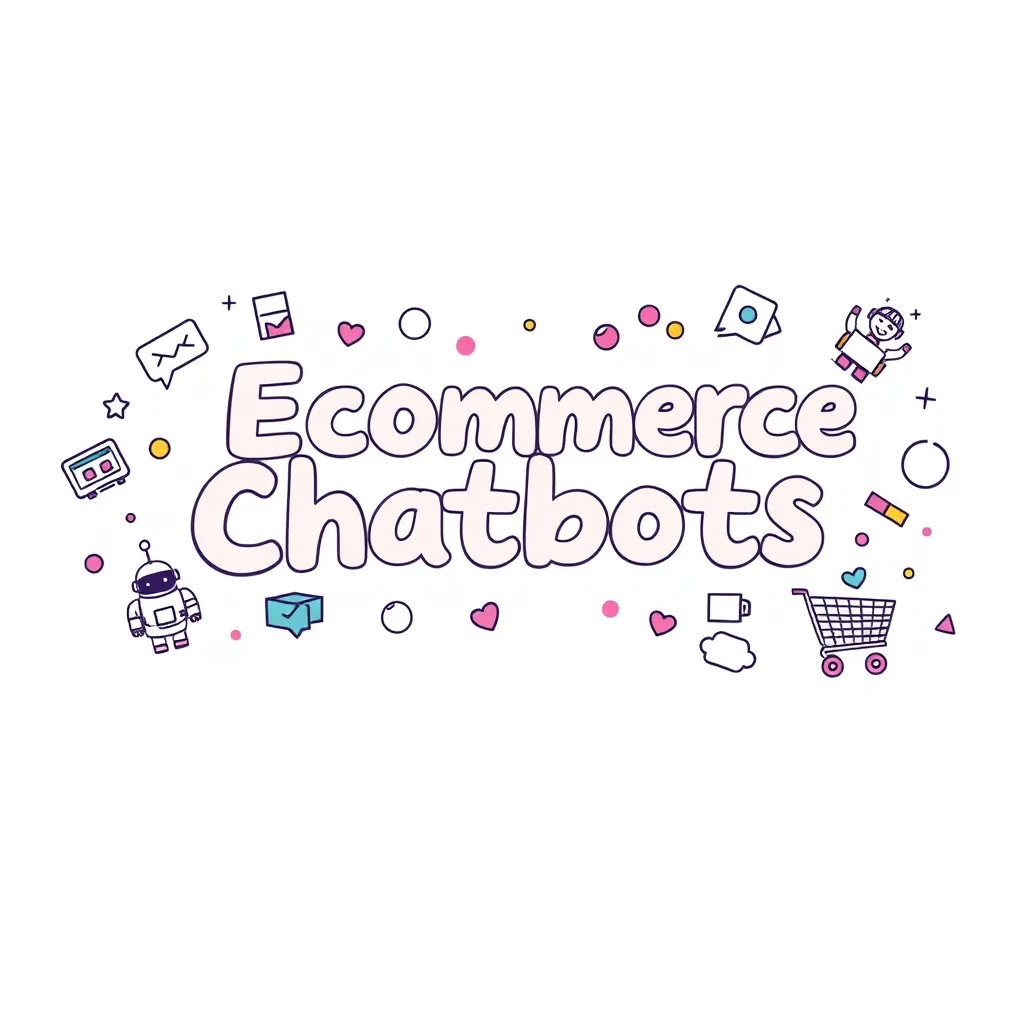
![A thumbnail image for What Are Pre-Orders & How Do They Work? Setup Guide [2026]](/images/pre-orders-banner.png)


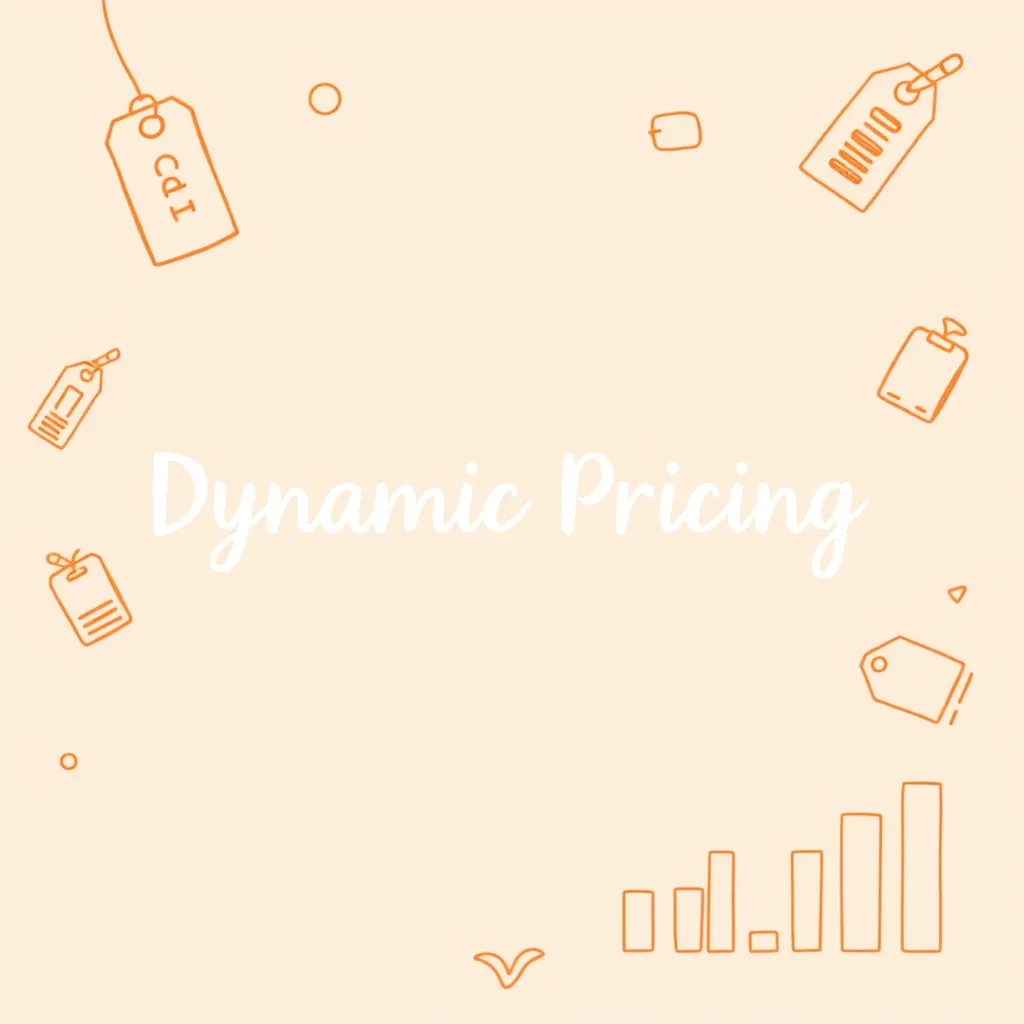
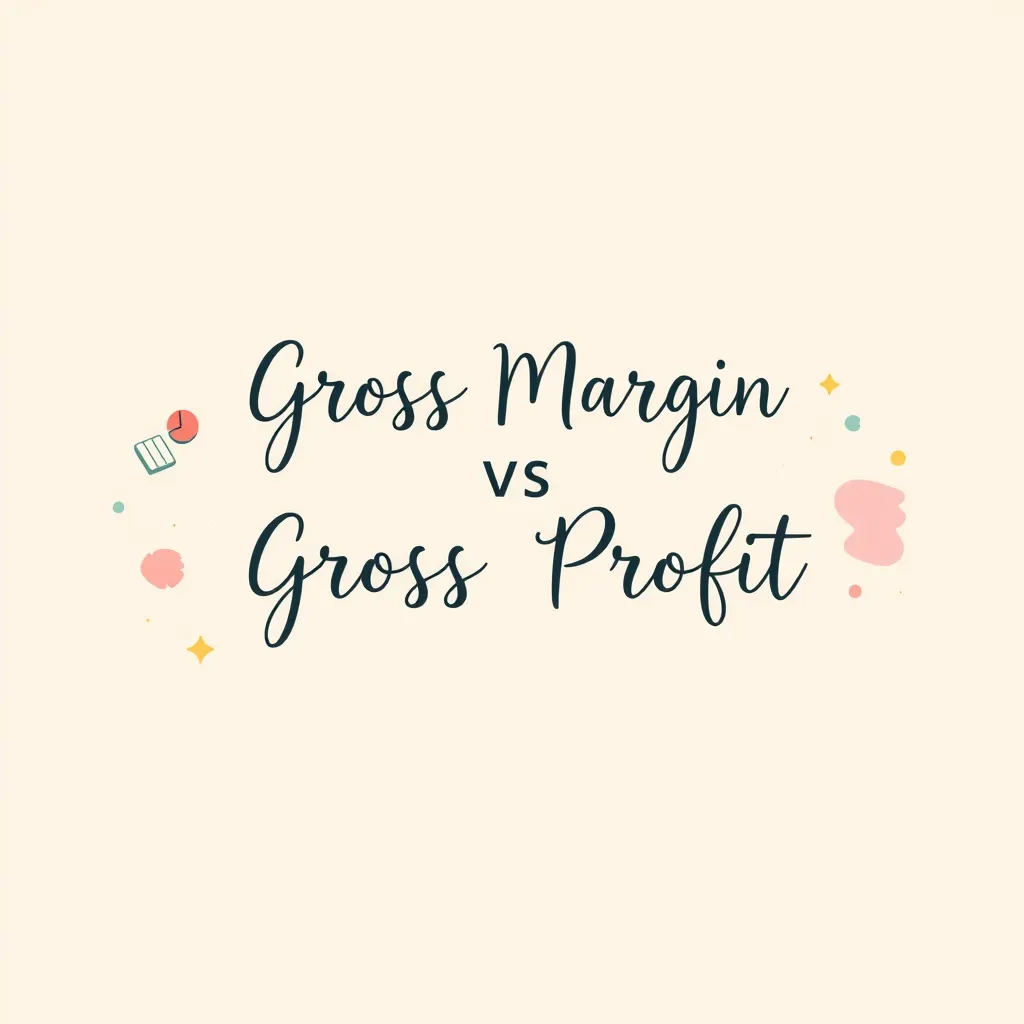
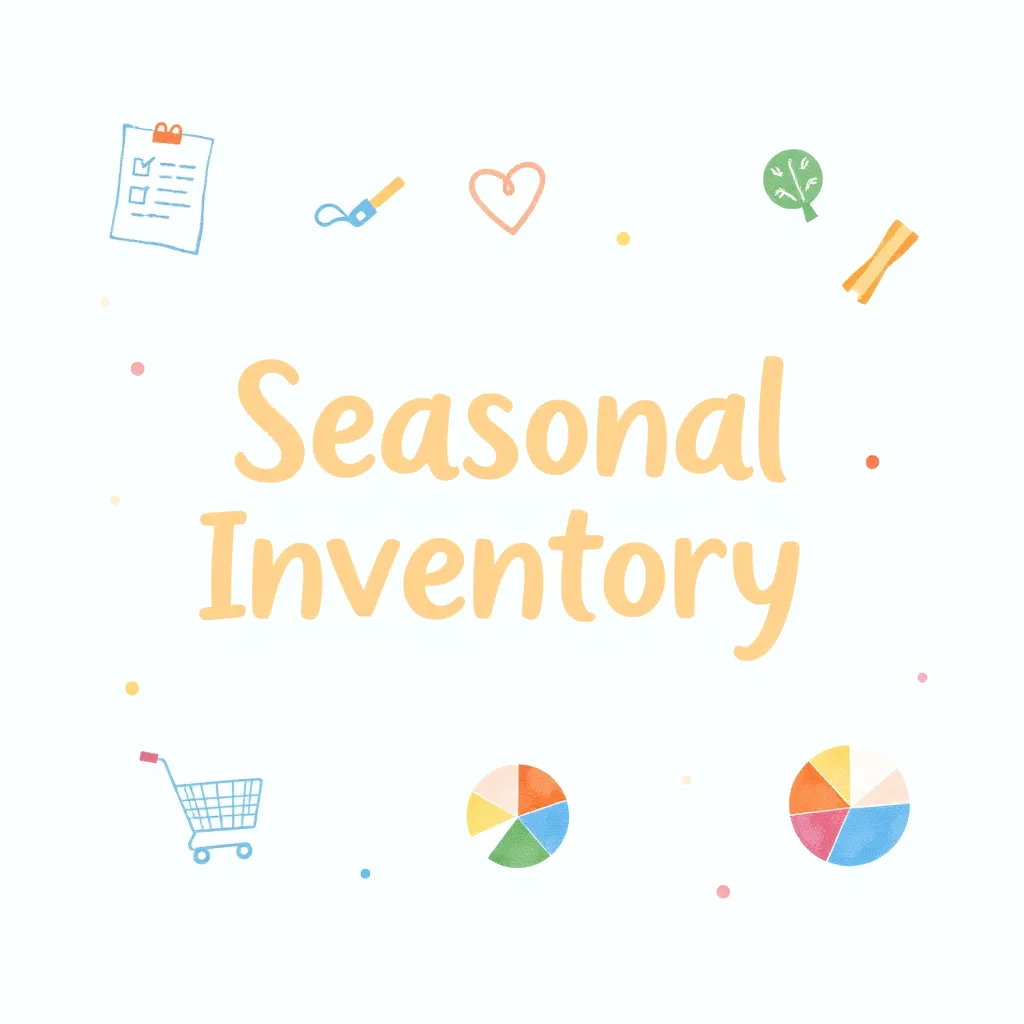
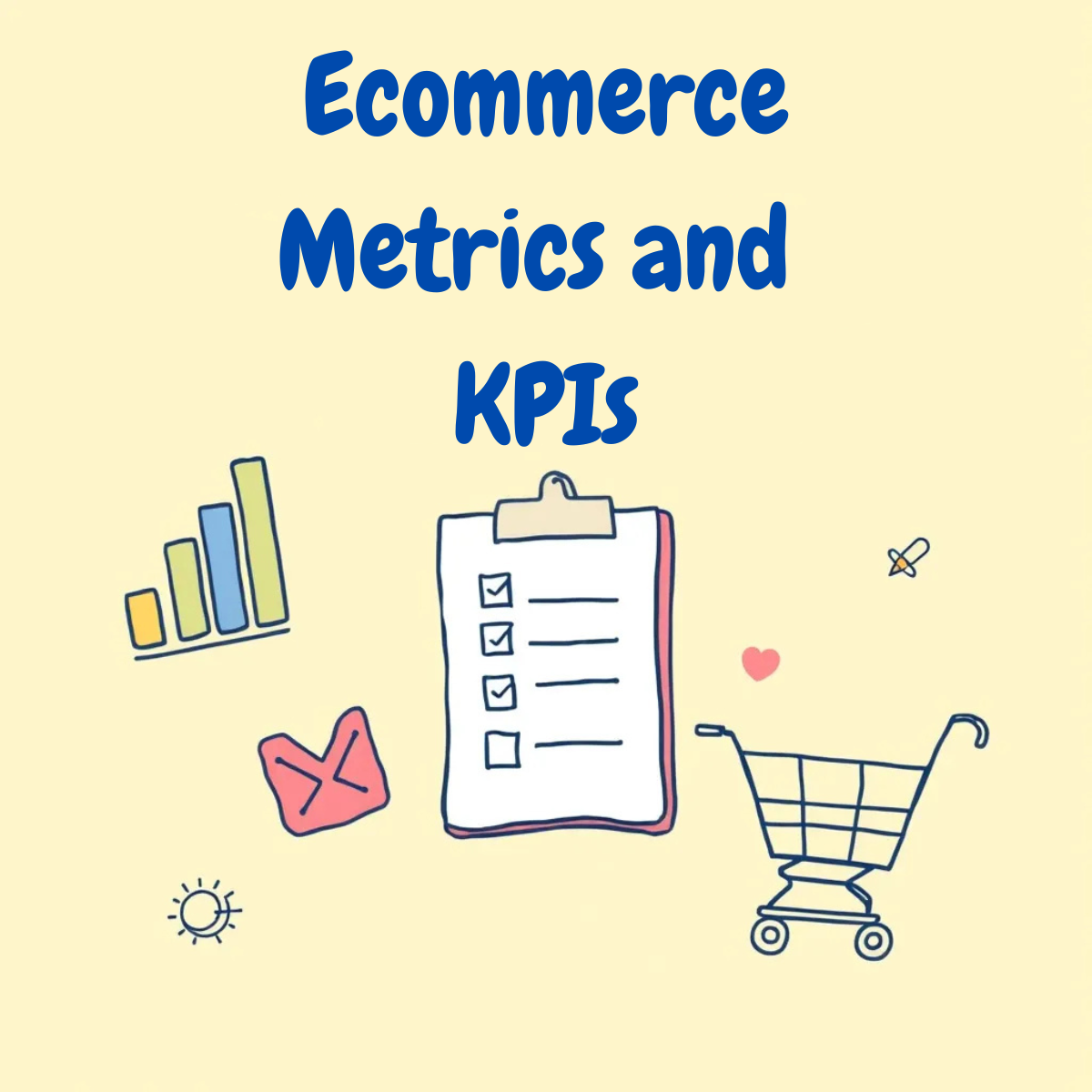
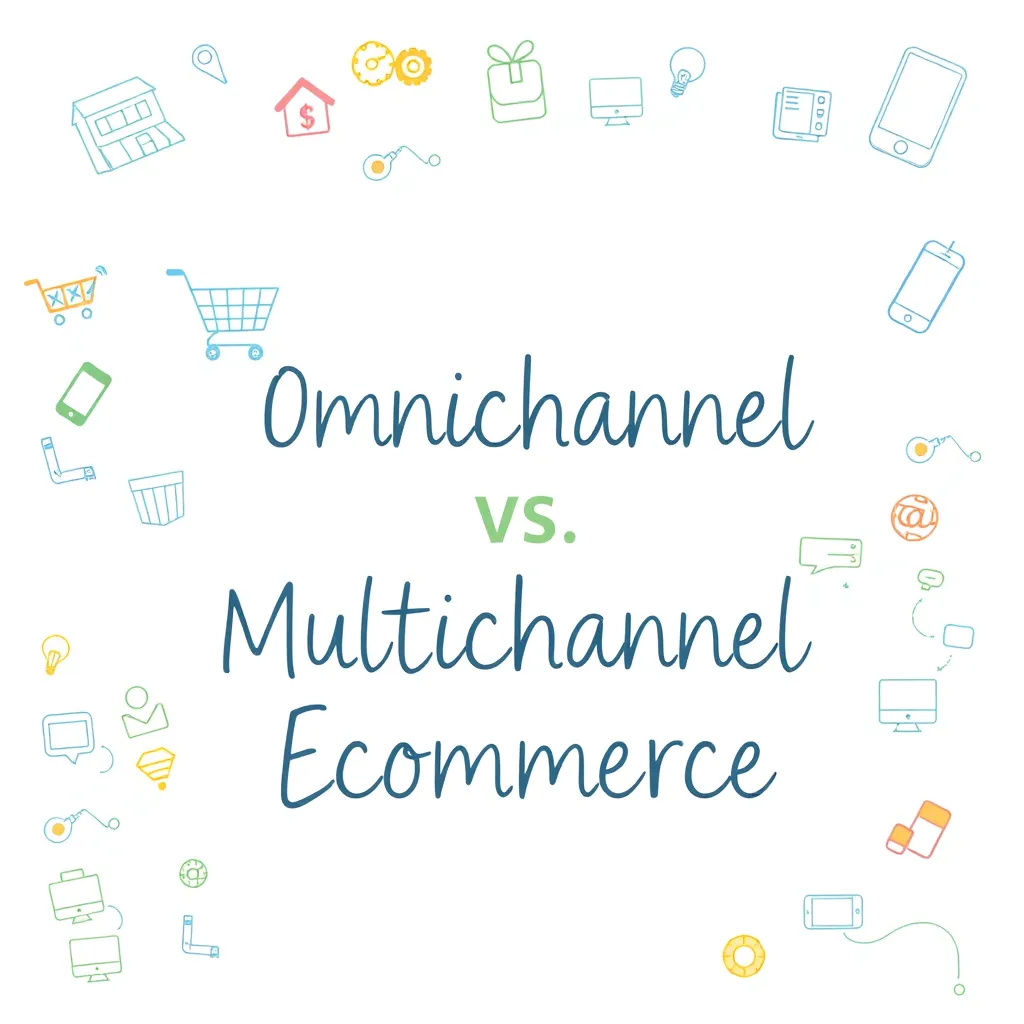
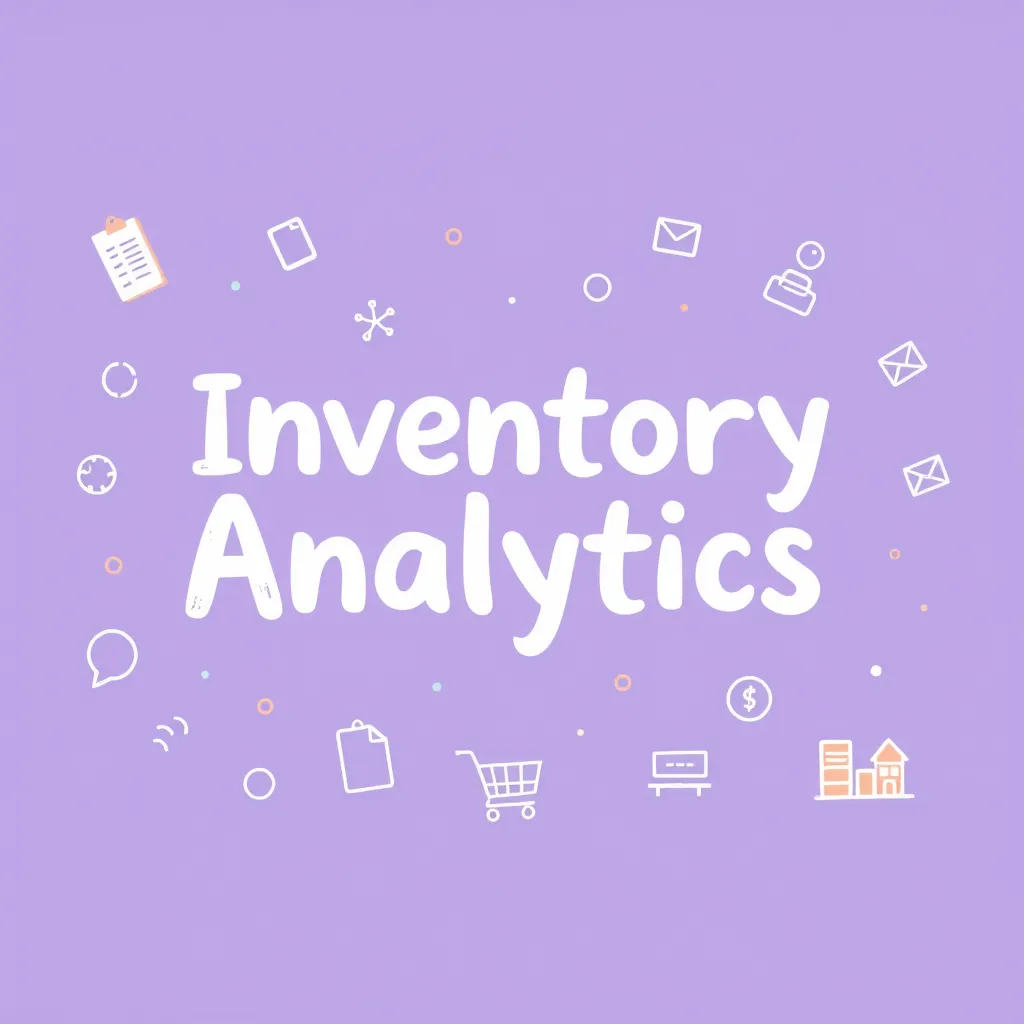
![A thumbnail image for What is eCommerce Automation? Tools, Strategies, and Marketing Insights [2026 Guide]](/images/ecommerce-automation-banner.png)
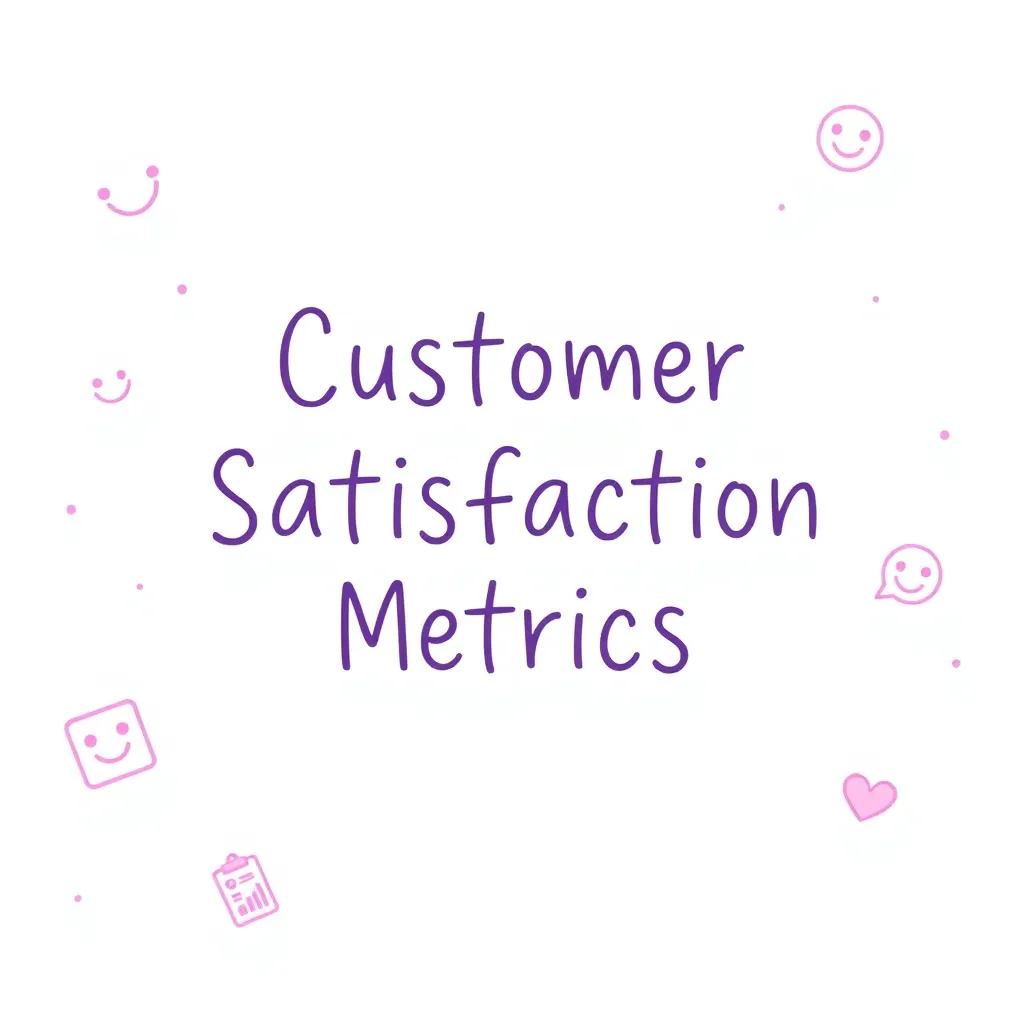
![A thumbnail image for What is a SKU Number? Create, Manage & Track Inventory [2026 Guide]](/images/what-is-a-sku-number-banner.png)
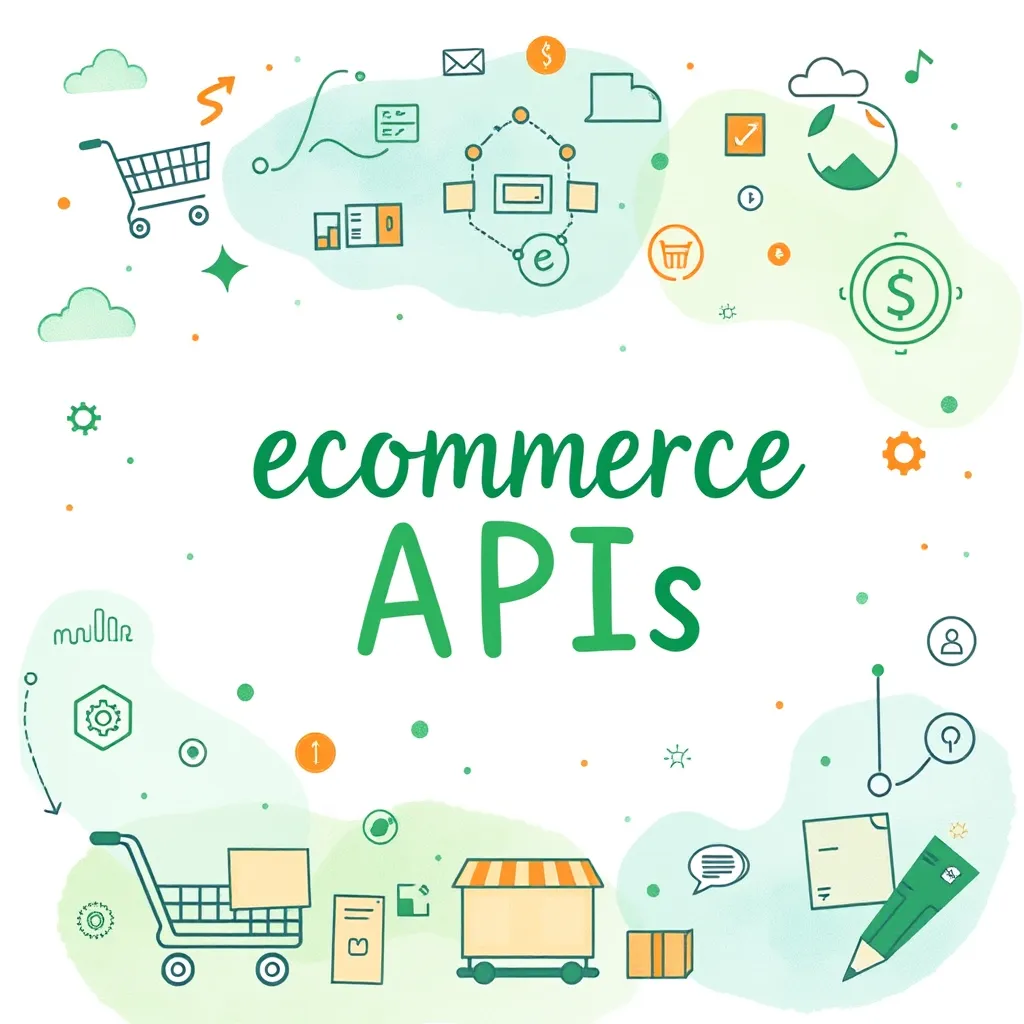
![A thumbnail image for Sales Reports: Examples, Templates & How to Create Them [2026 Guide]](/images/sales-reports-banner.png)
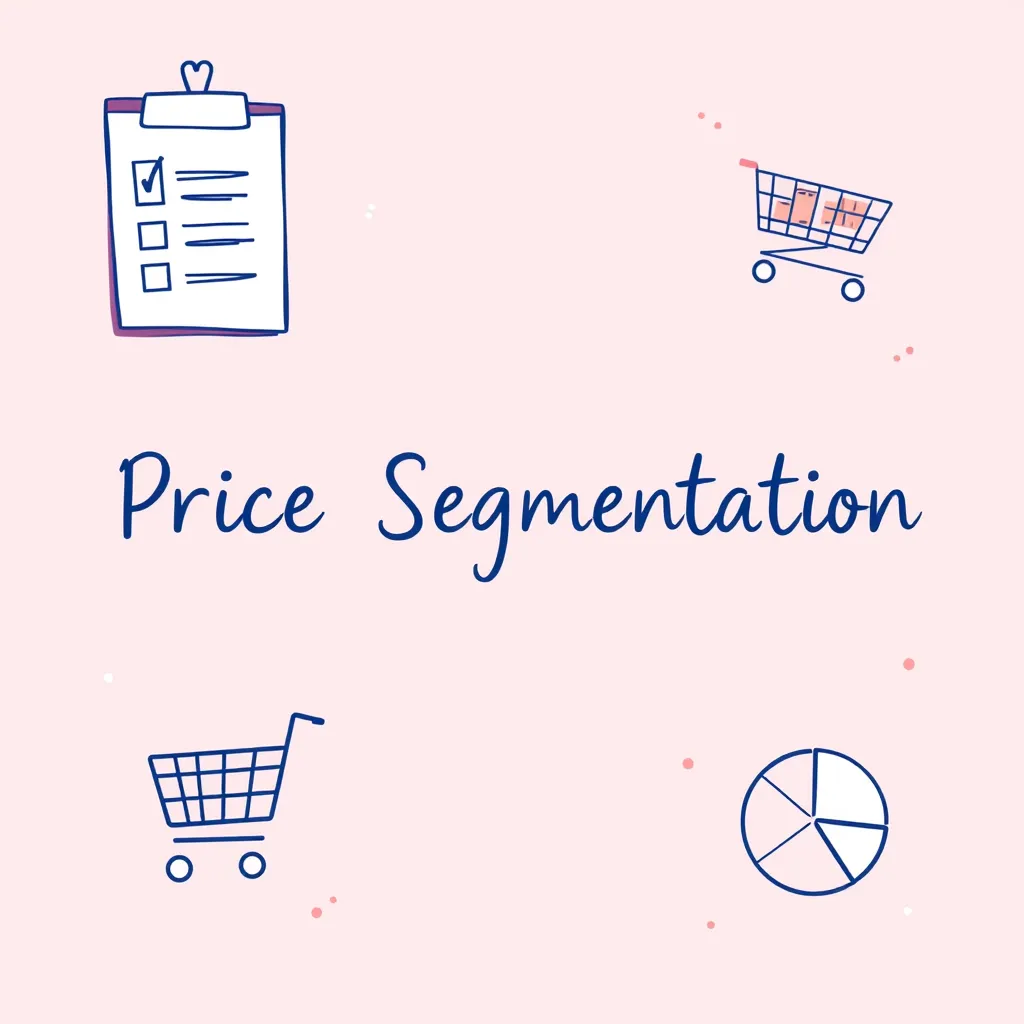
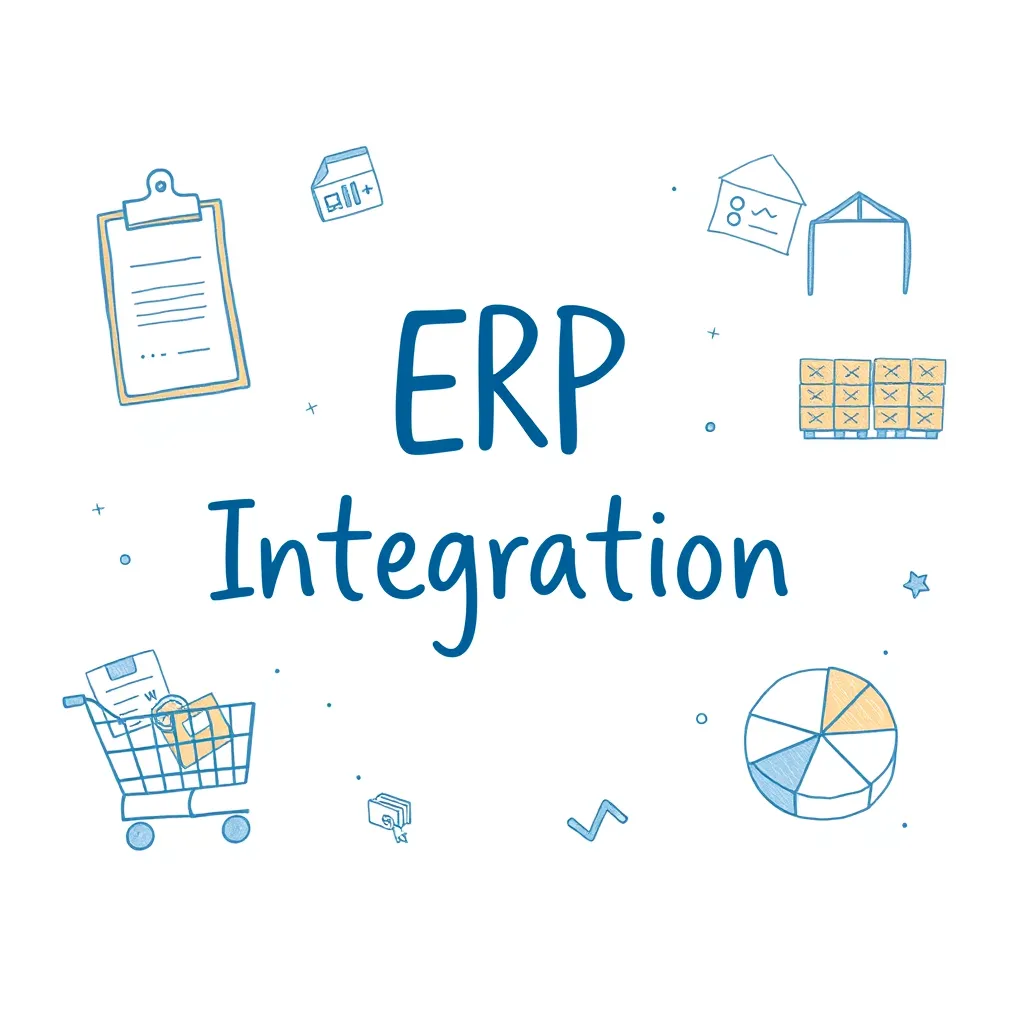
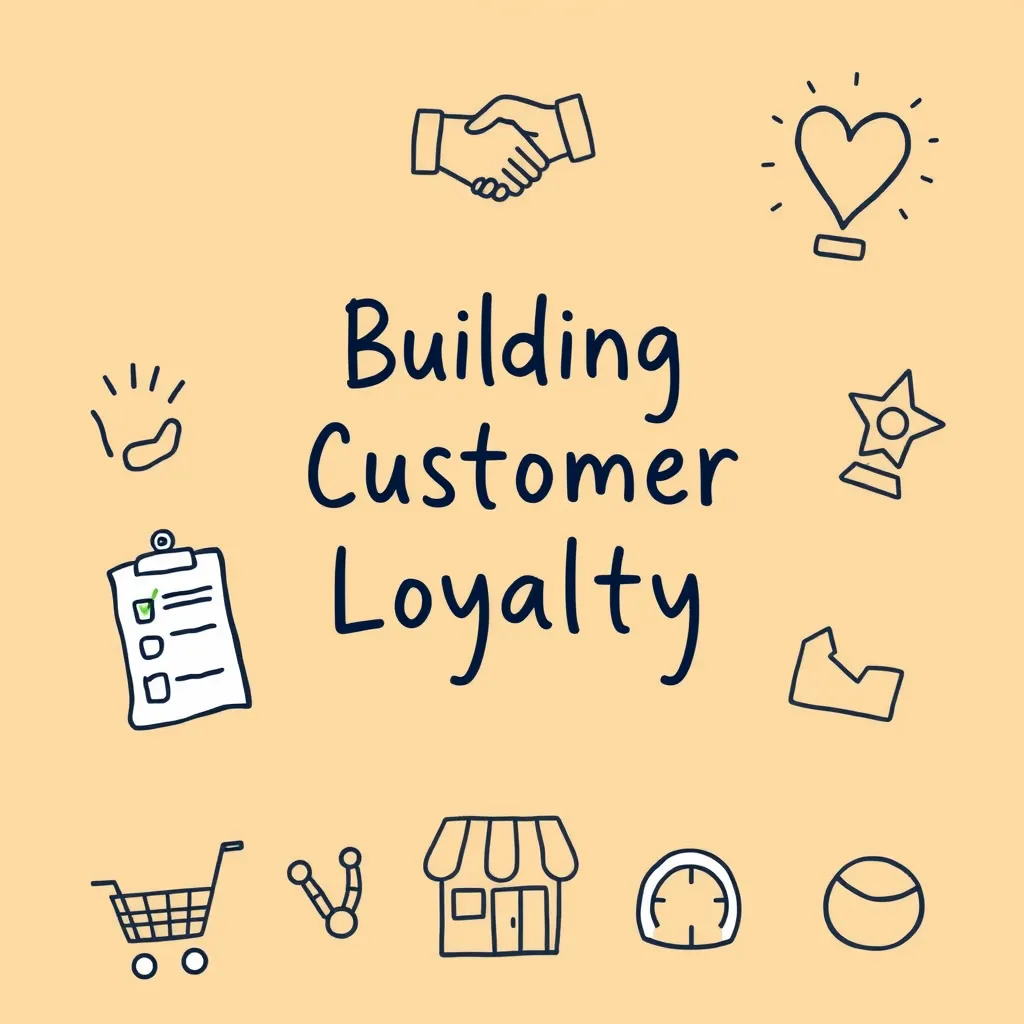
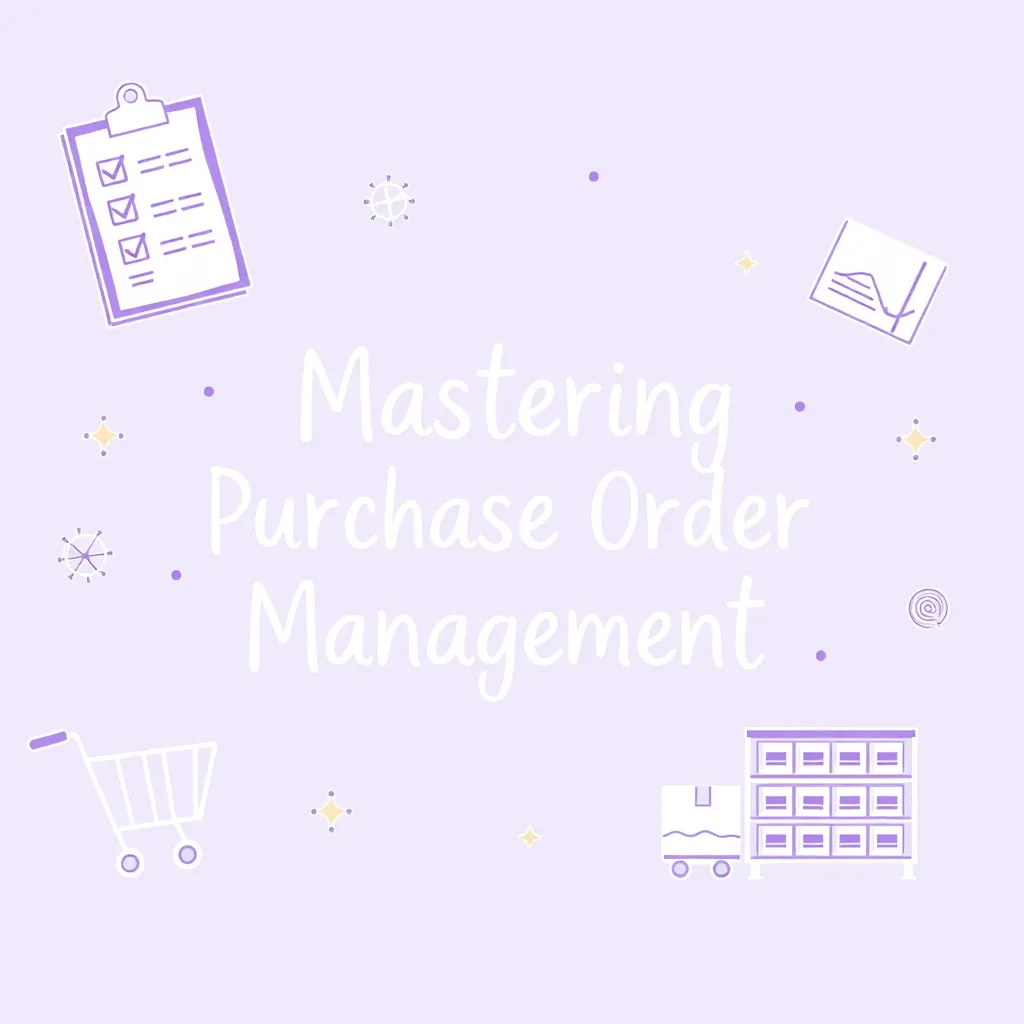
![A thumbnail image for Demand Planning and Forecasting: Mastering Your Supply Chain [2026 Guide]](/images/demand-planning-and-forecasting-banner.png)
